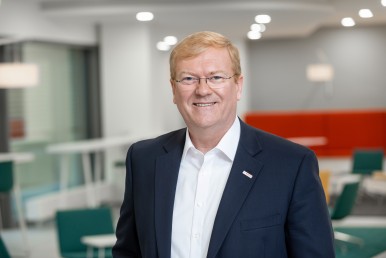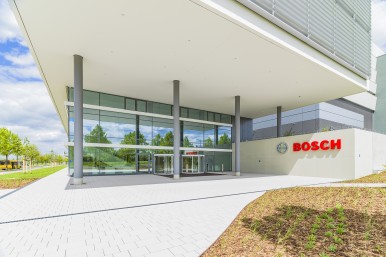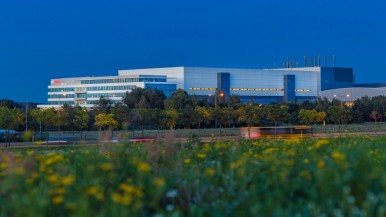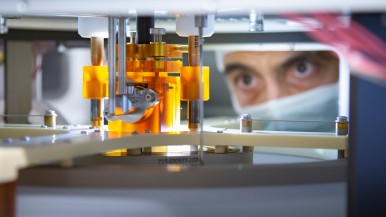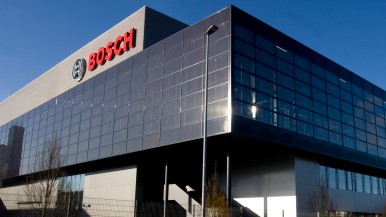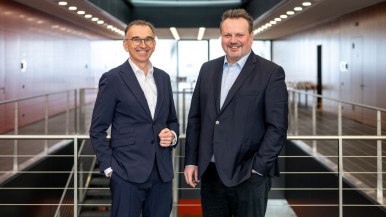13.07.2022
Press release
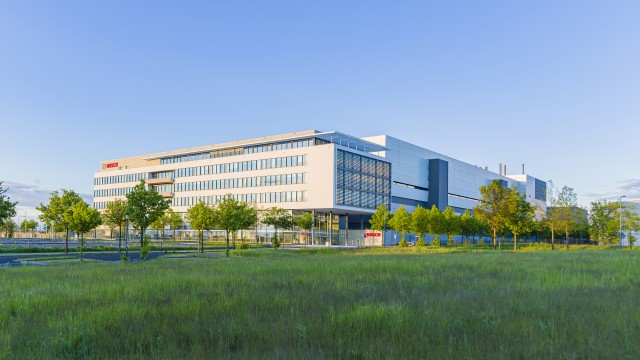
Press releases, fact sheets, photos, videos, links

Athanassios Kaliudis

First wafers pass through fully automated fabrication process at Boschs new wafer fab in Dresden
First wafers pass through fully automated fabrication process at Boschs new wafer fab in Dresden
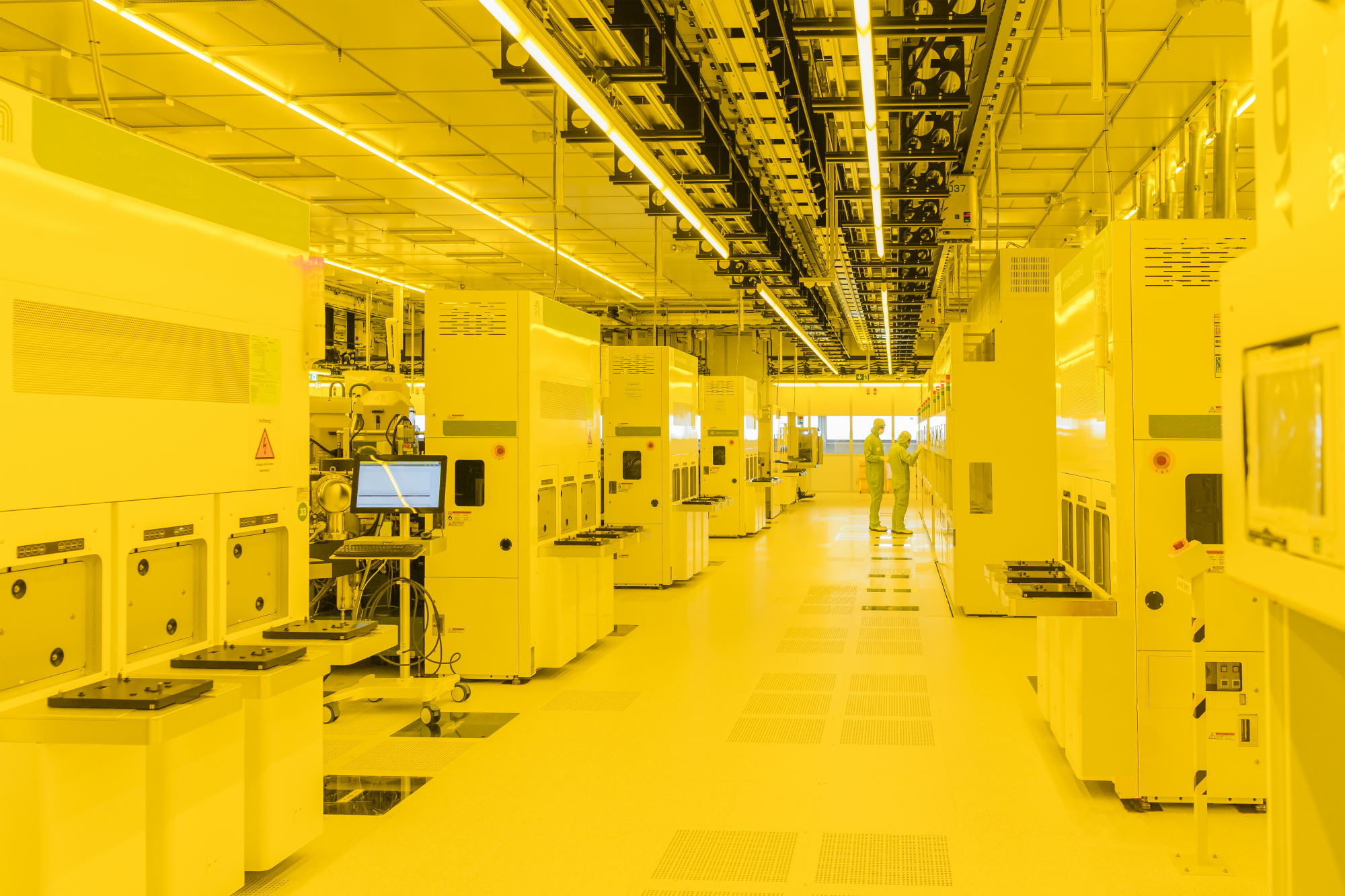
Bosch semiconductor manufacturing in Dresden
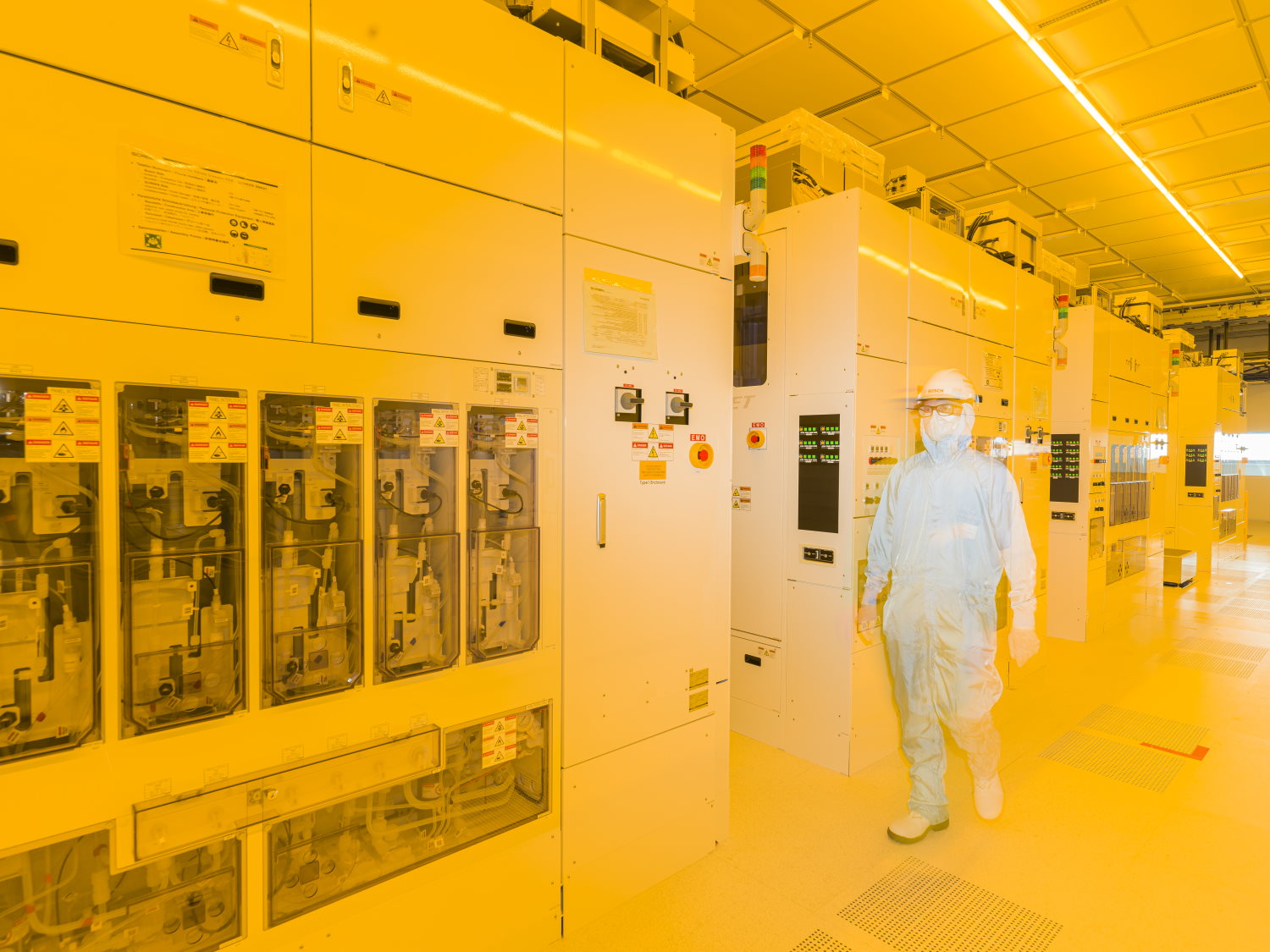
Bosch semiconductor manufacturing in Dresden
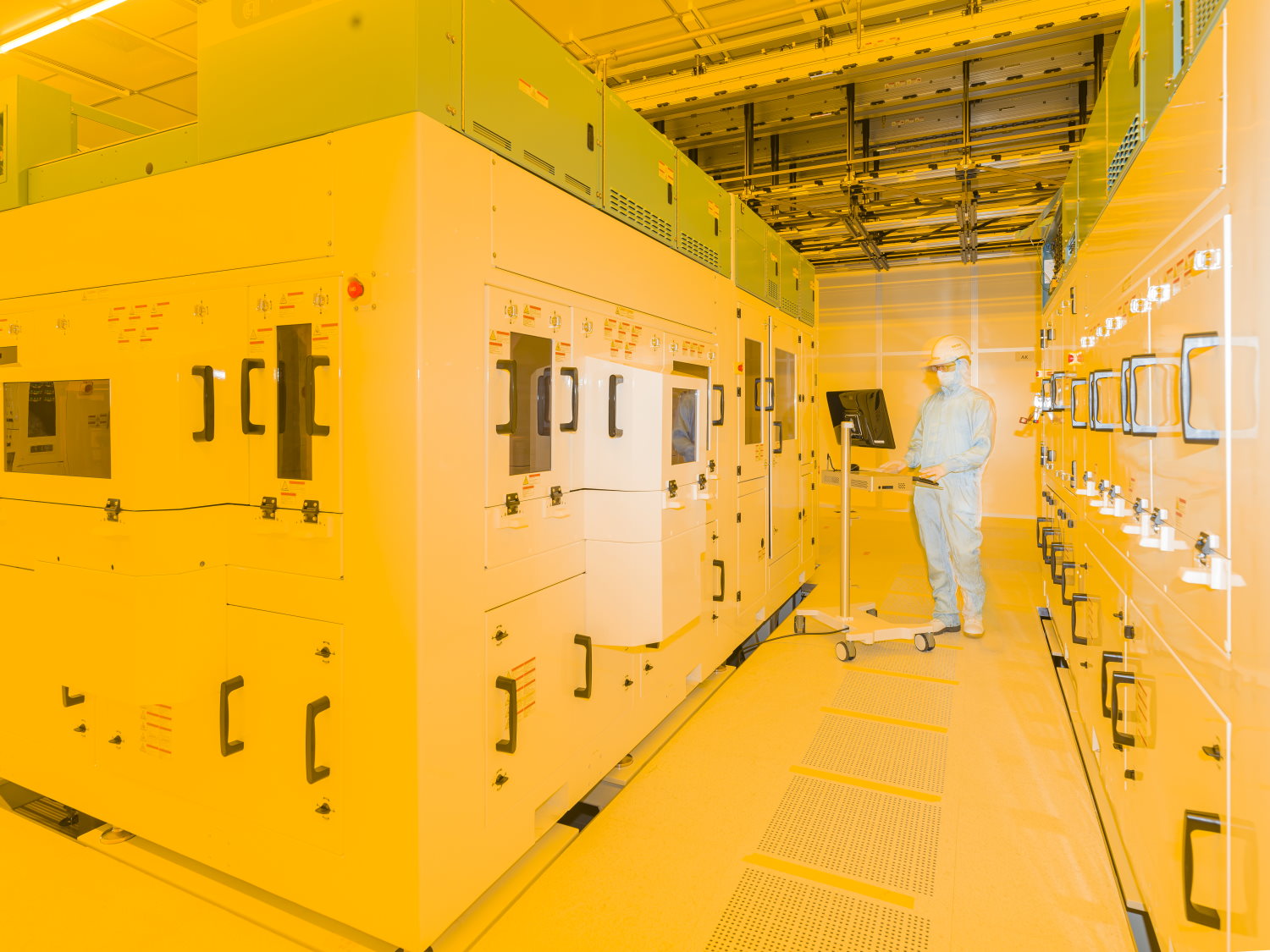
Bosch semiconductor manufacturing in Dresden
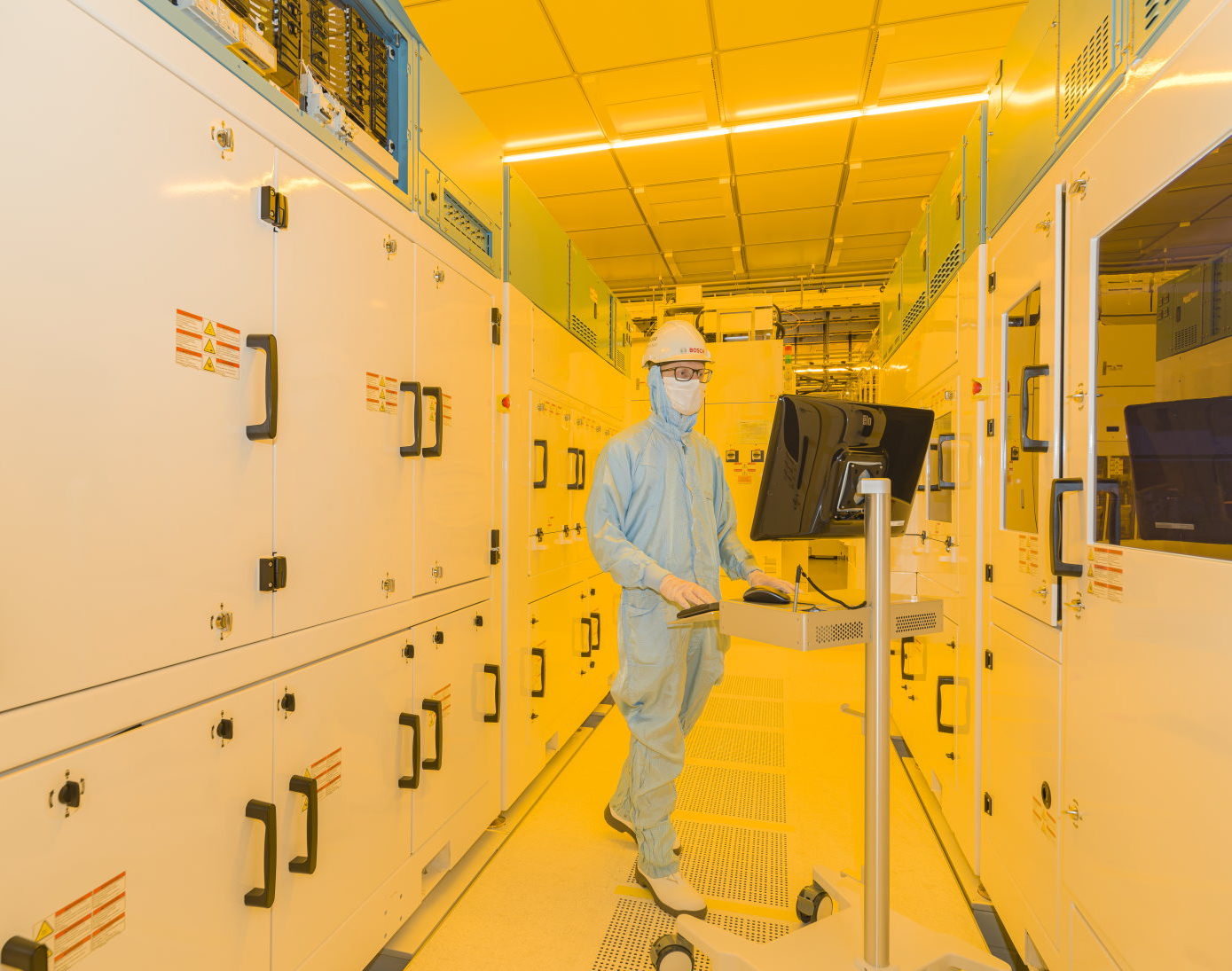
Bosch semiconductor manufacturing in Dresden
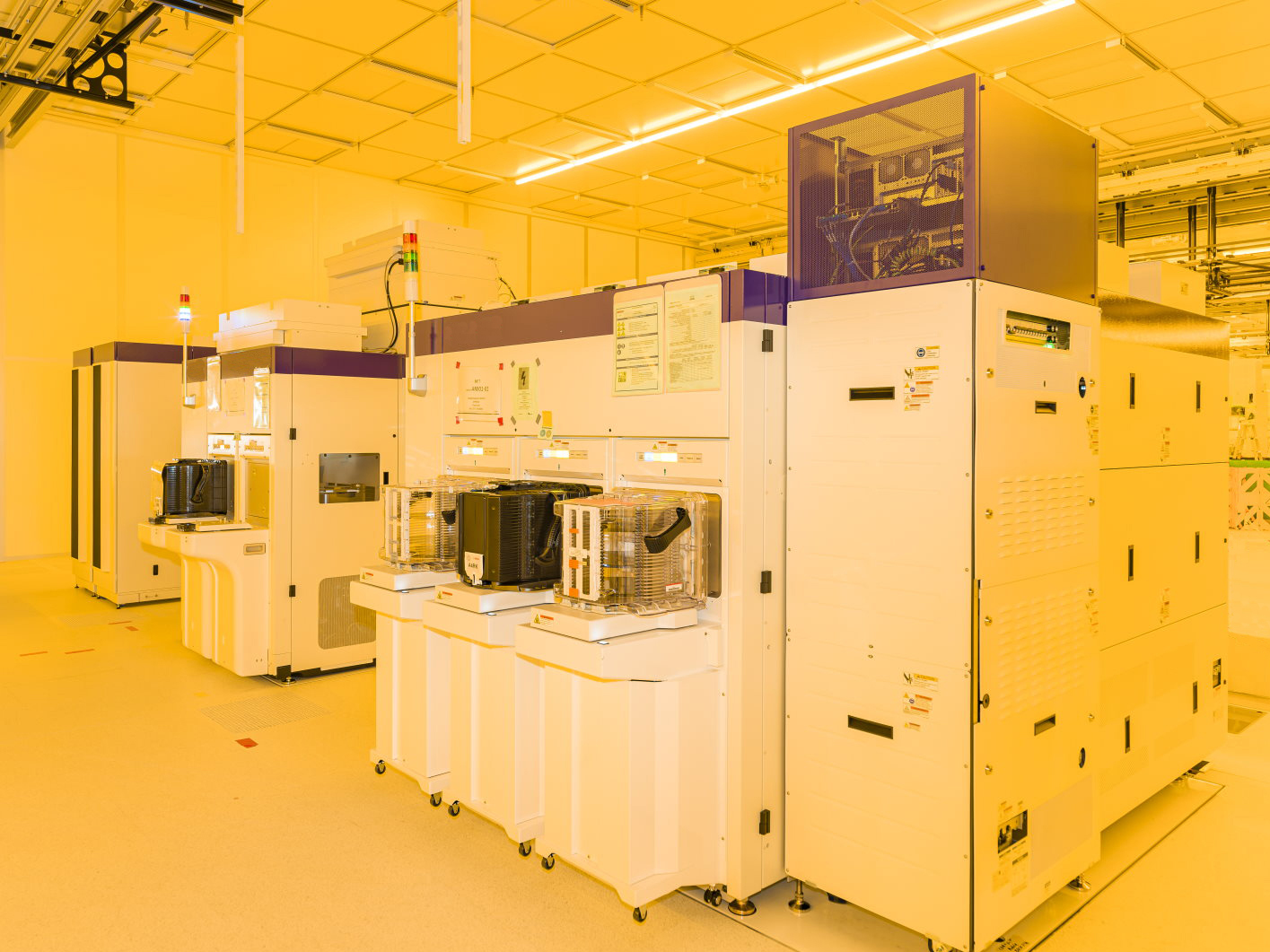
Bosch semiconductor manufacturing in Dresden
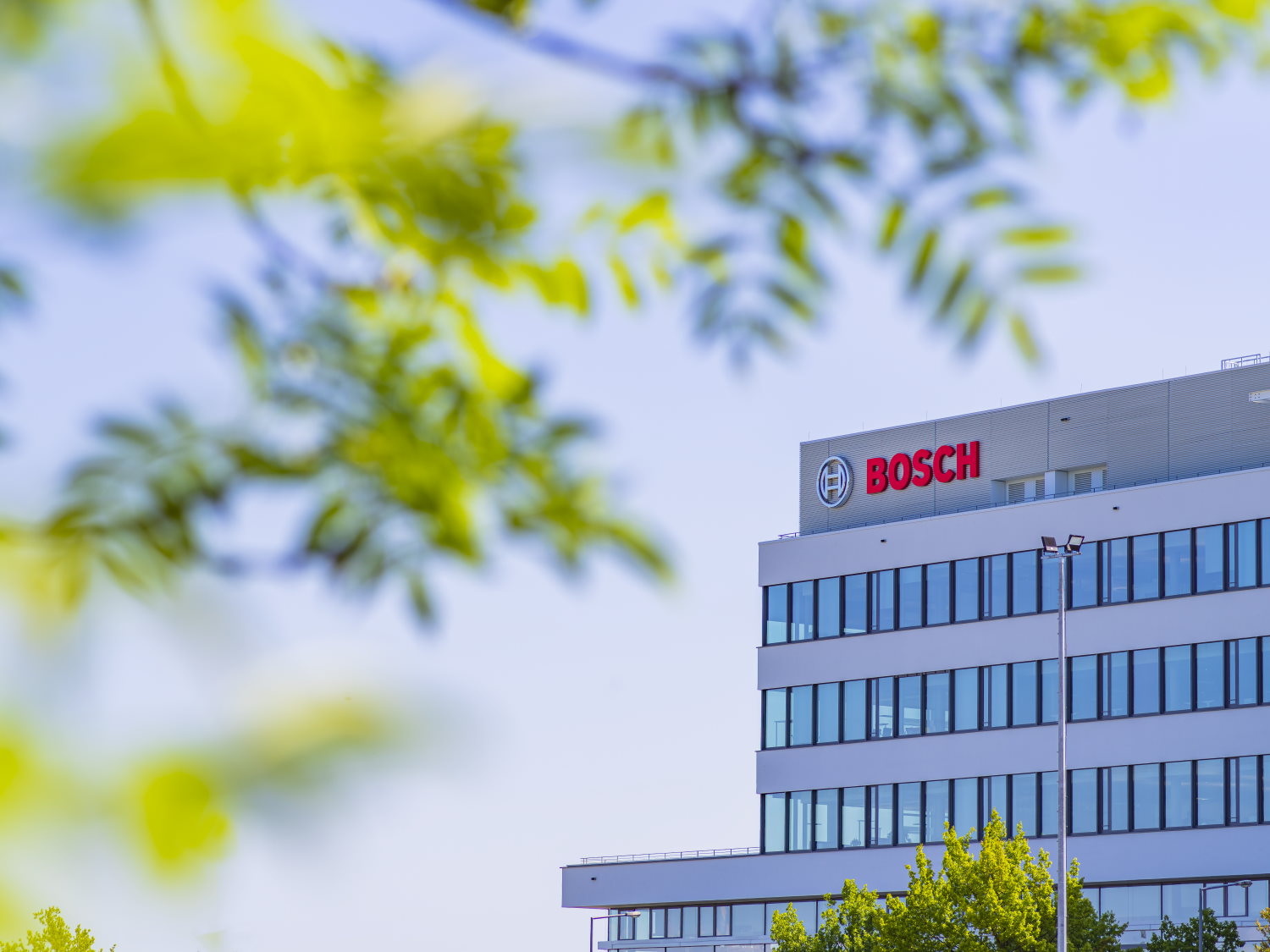
Bosch semiconductor manufacturing in Dresden
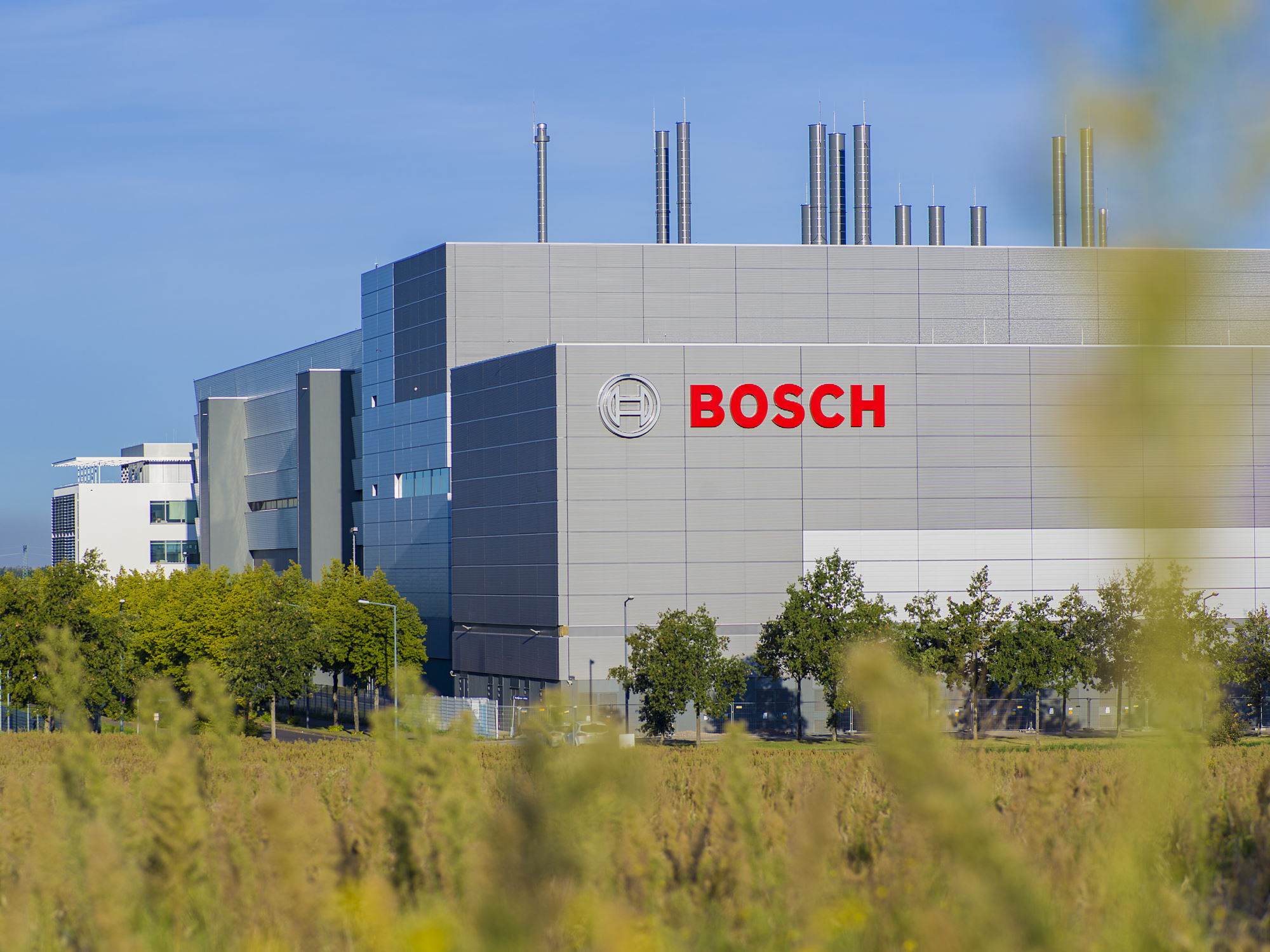
Bosch semiconductor manufacturing in Dresden
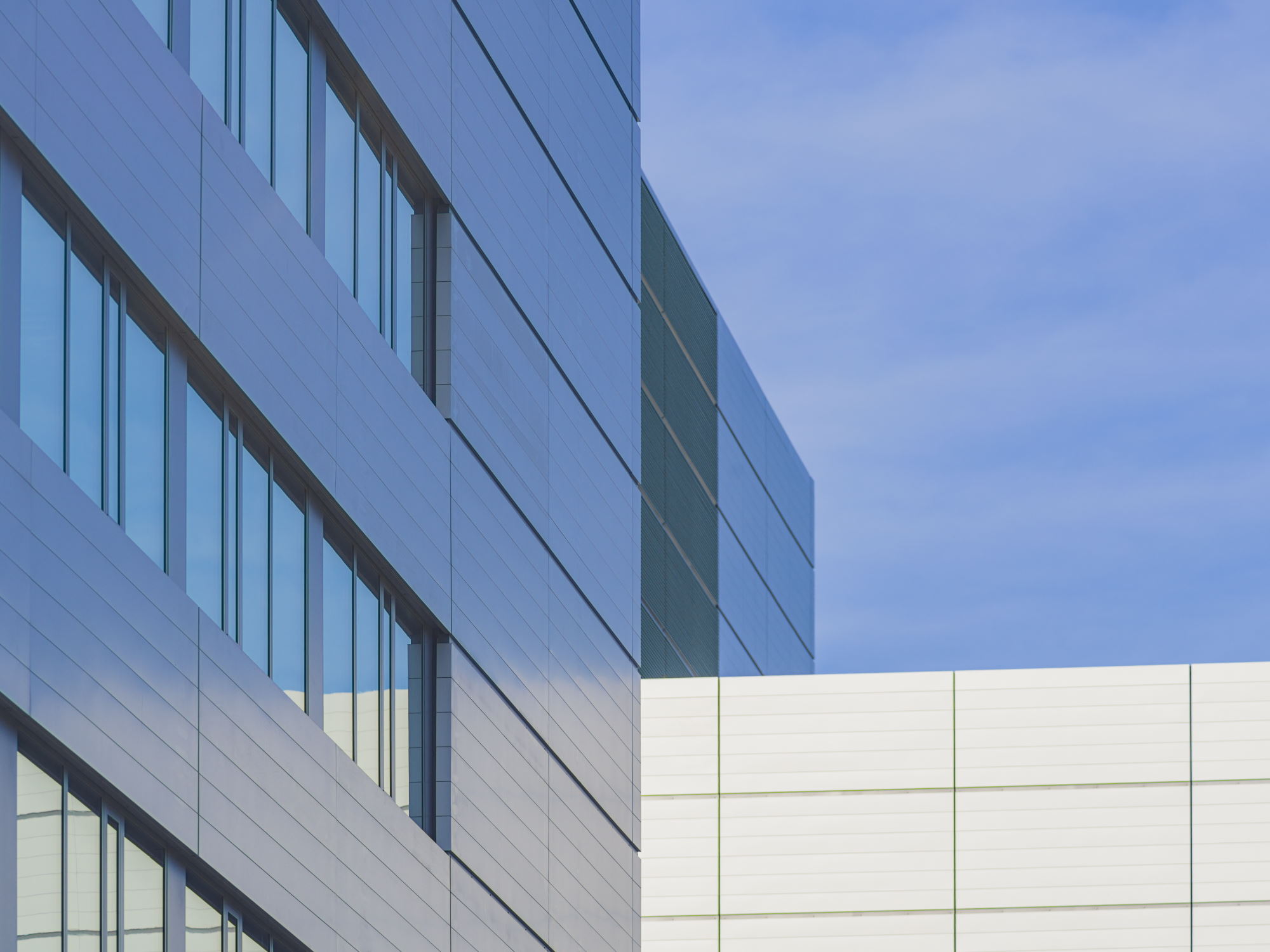
Bosch semiconductor manufacturing in Dresden
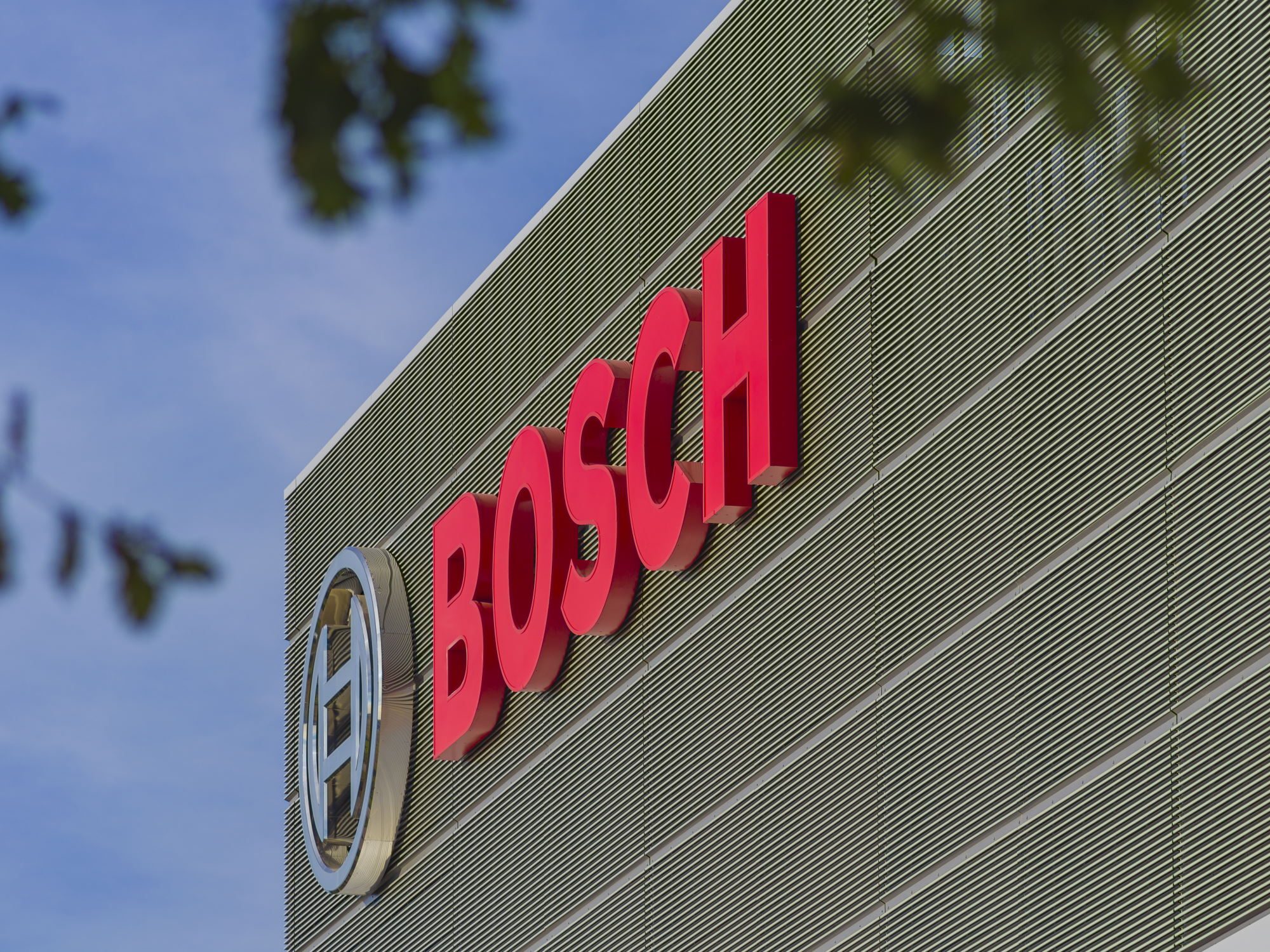
Bosch semiconductor manufacturing in Dresden
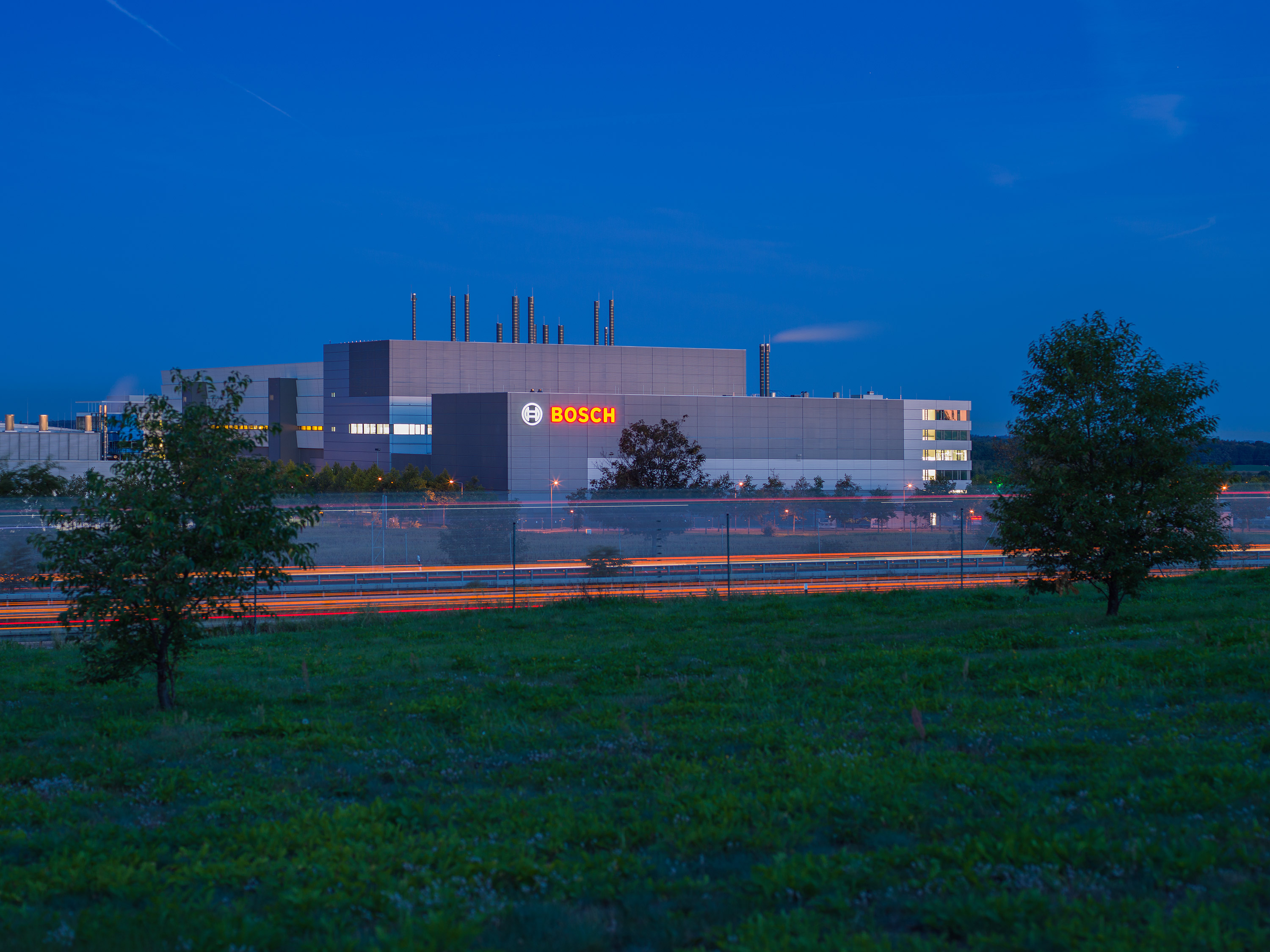
Bosch semiconductor manufacturing in Dresden
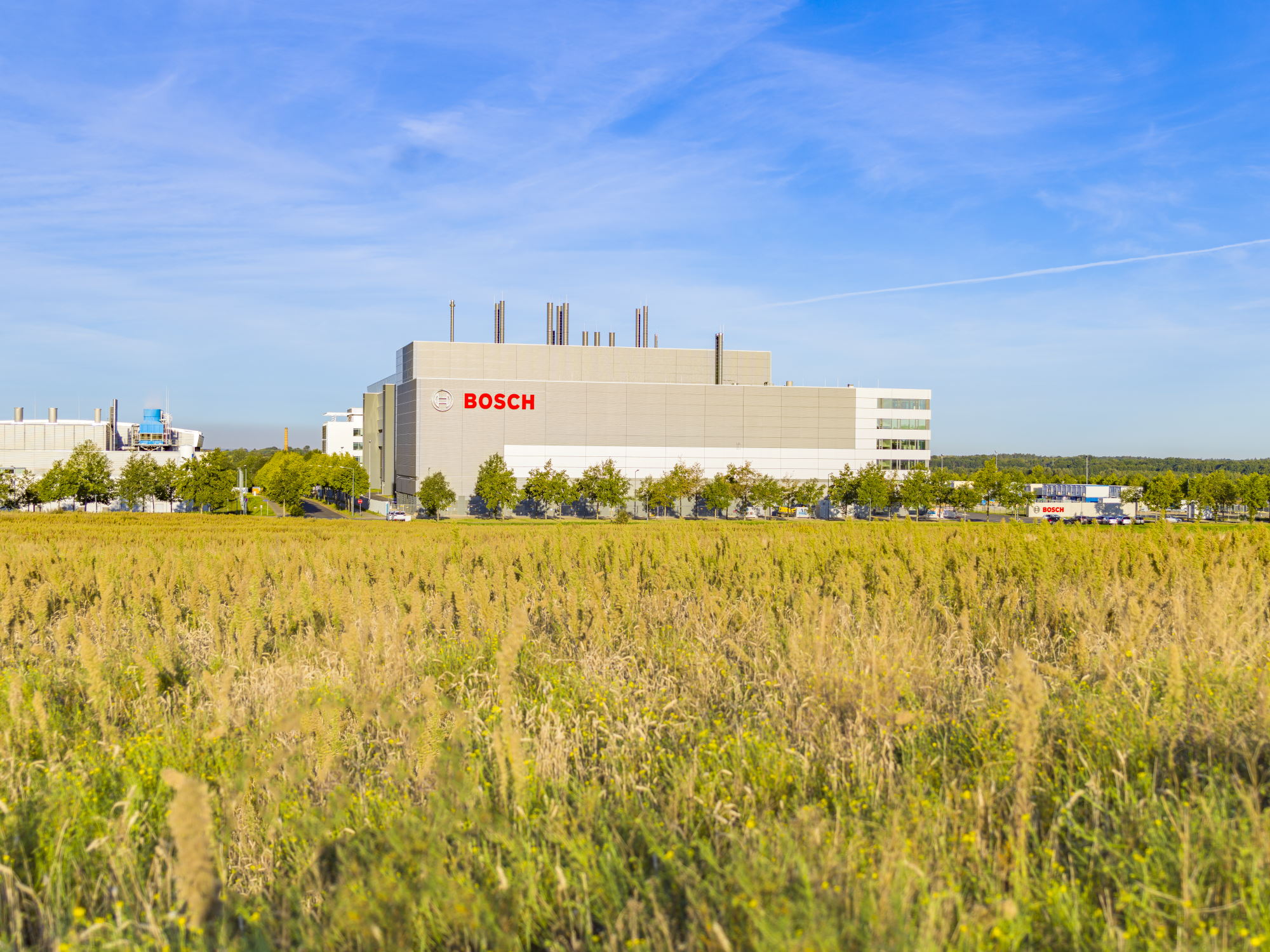
Bosch semiconductor manufacturing in Dresden
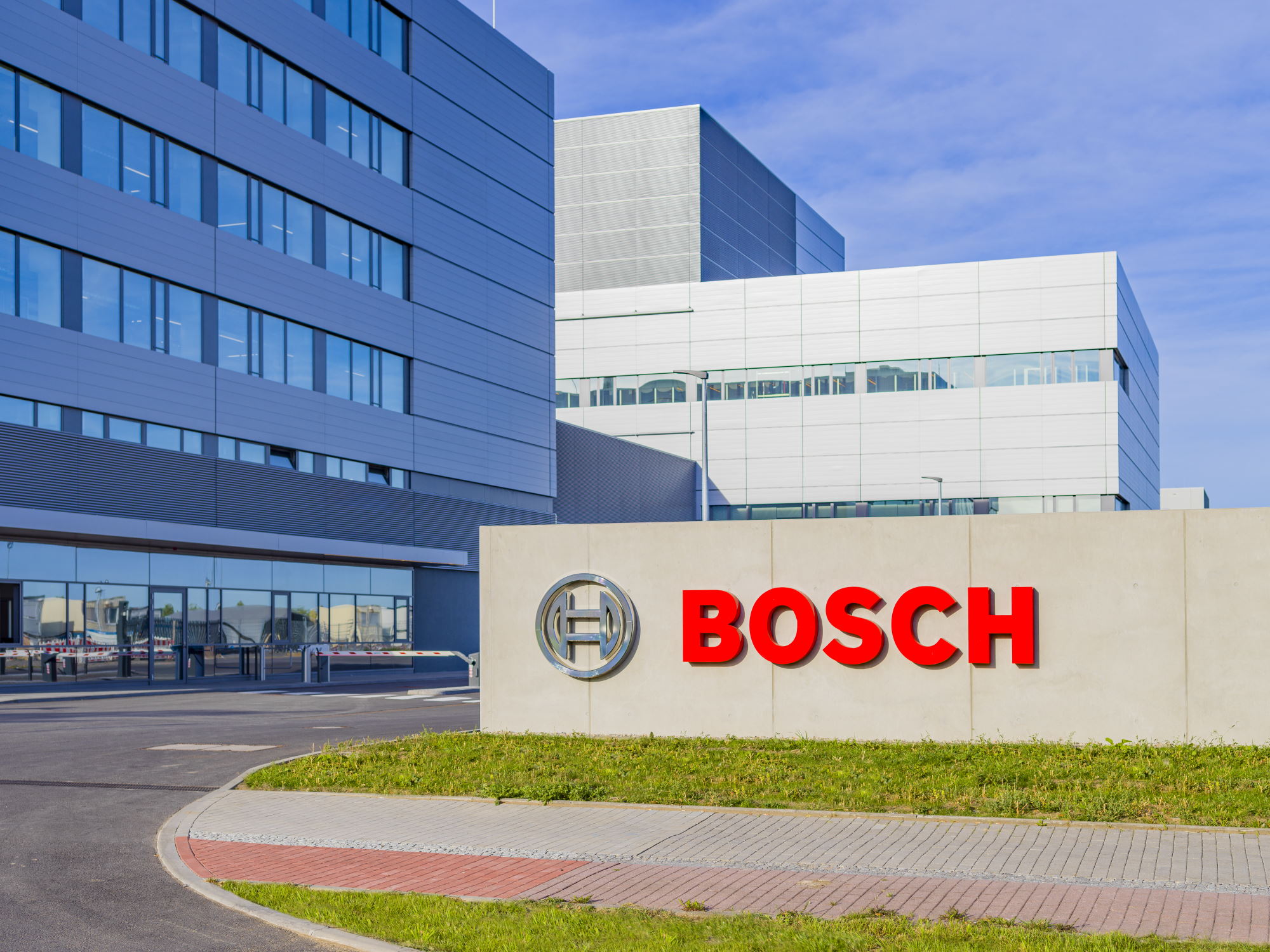
Bosch semiconductor manufacturing in Dresden
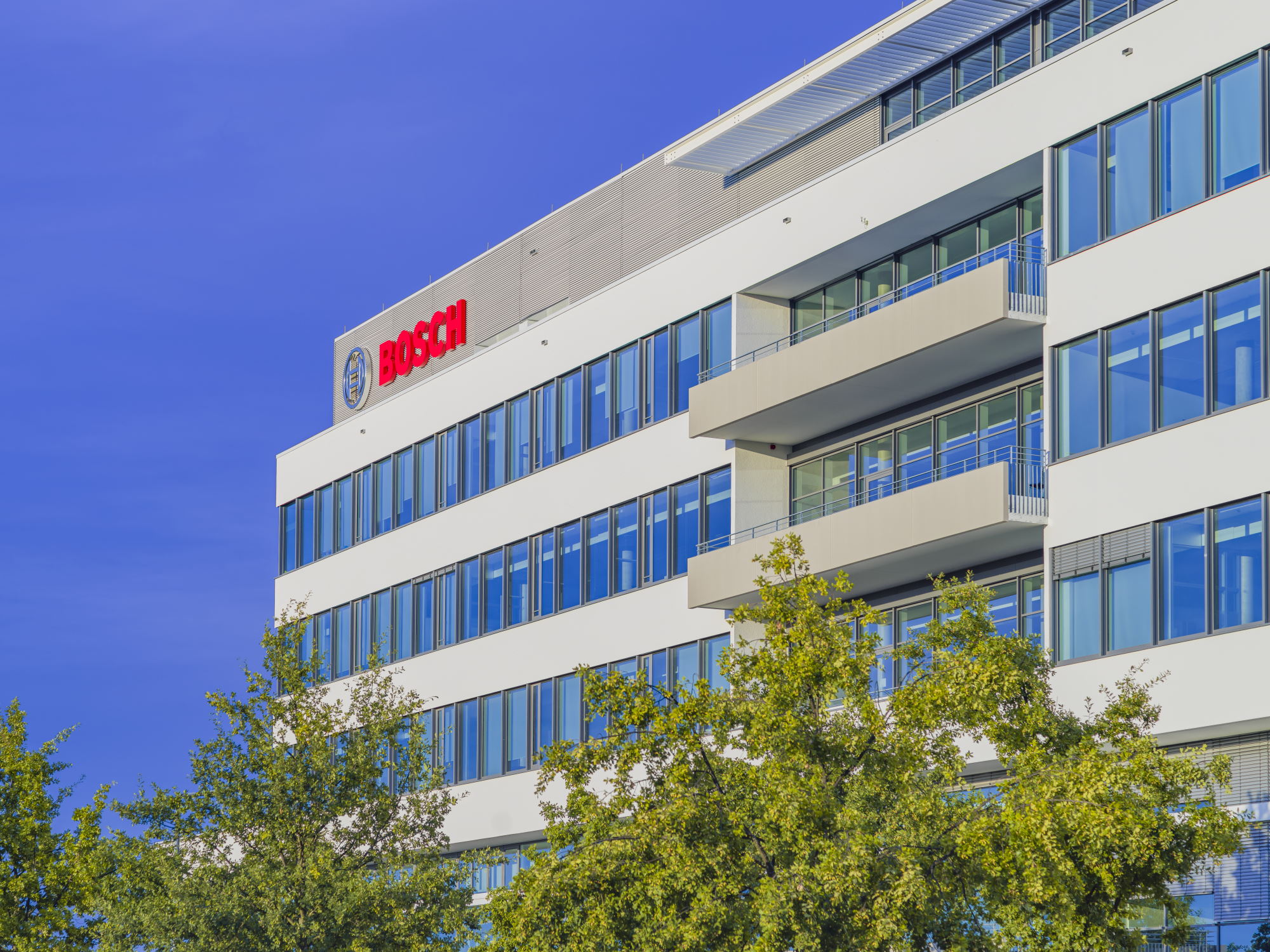
Bosch semiconductor manufacturing in Dresden
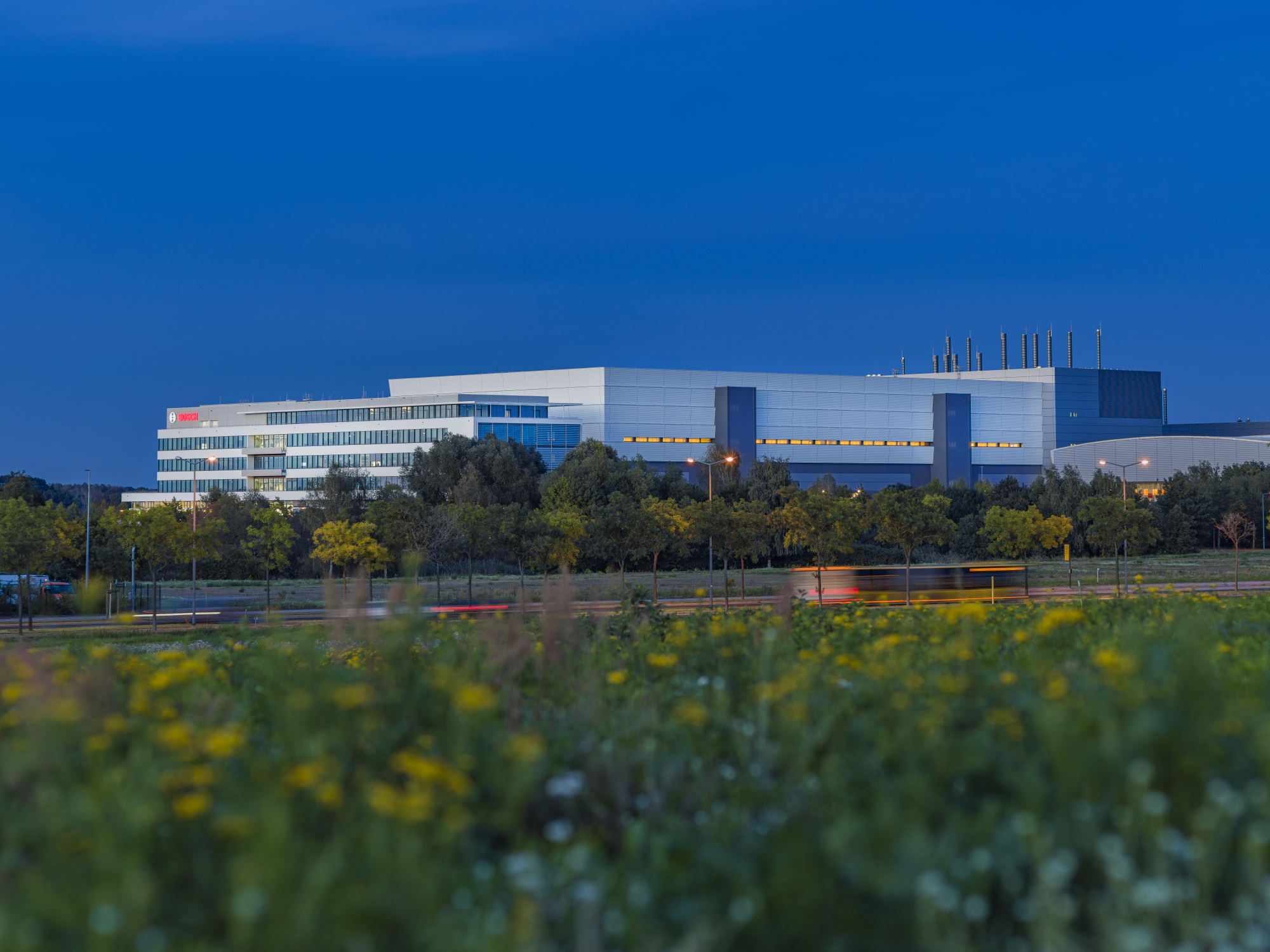
Bosch semiconductor manufacturing in Dresden
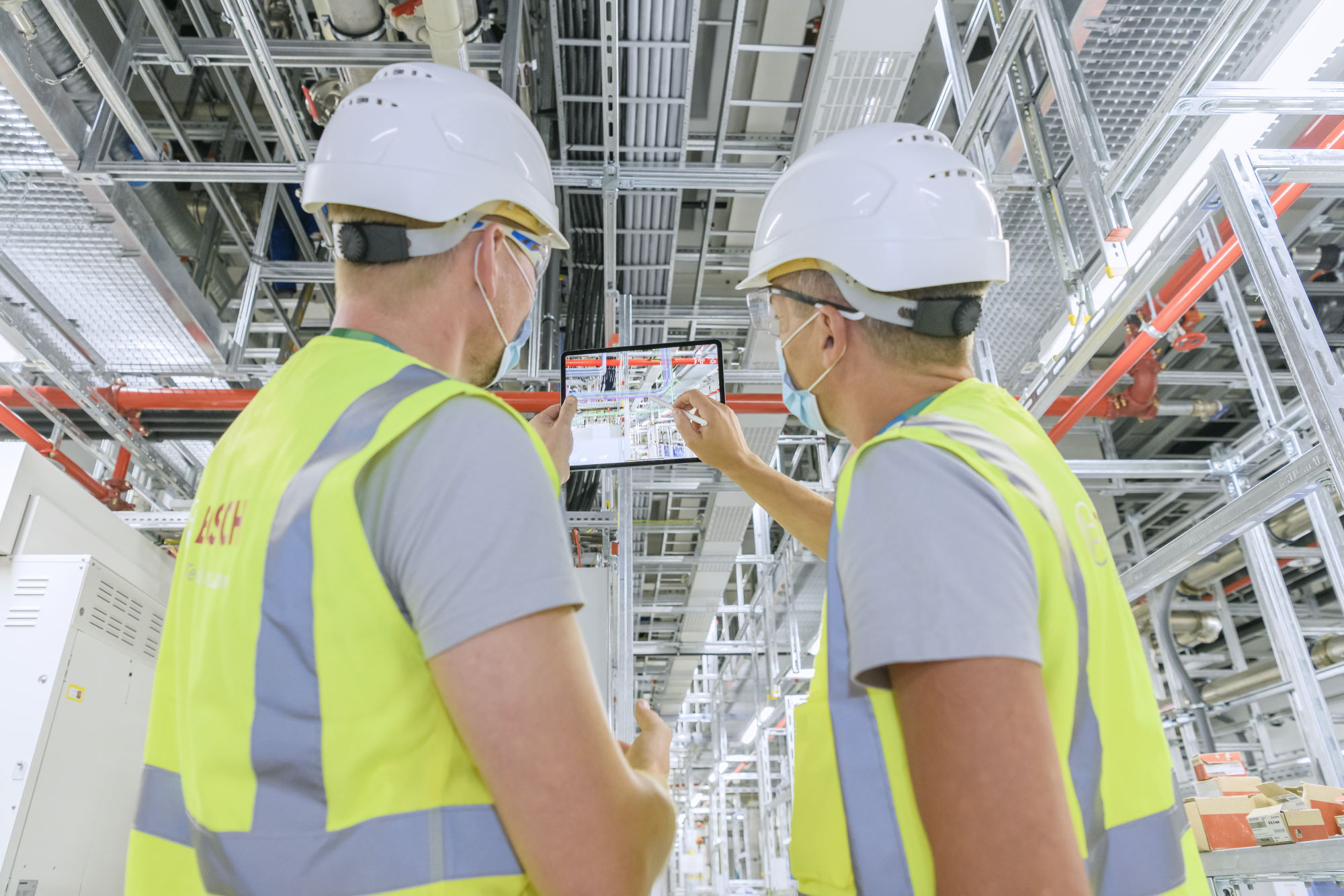
Bosch semiconductor manufacturing in Dresden
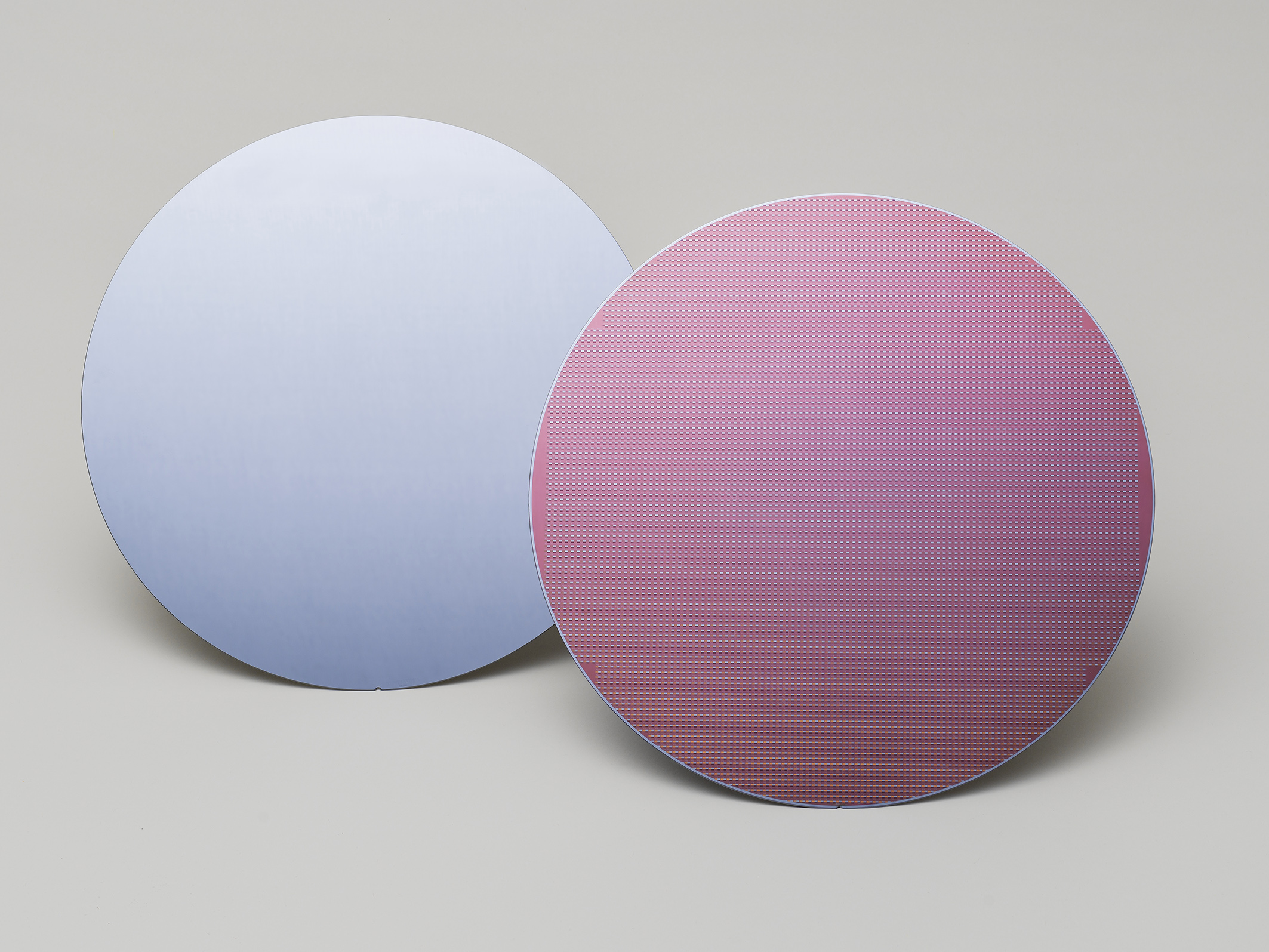
First wafers pass through fully automated fabrication process at Boschs new wafer fab in Dresden
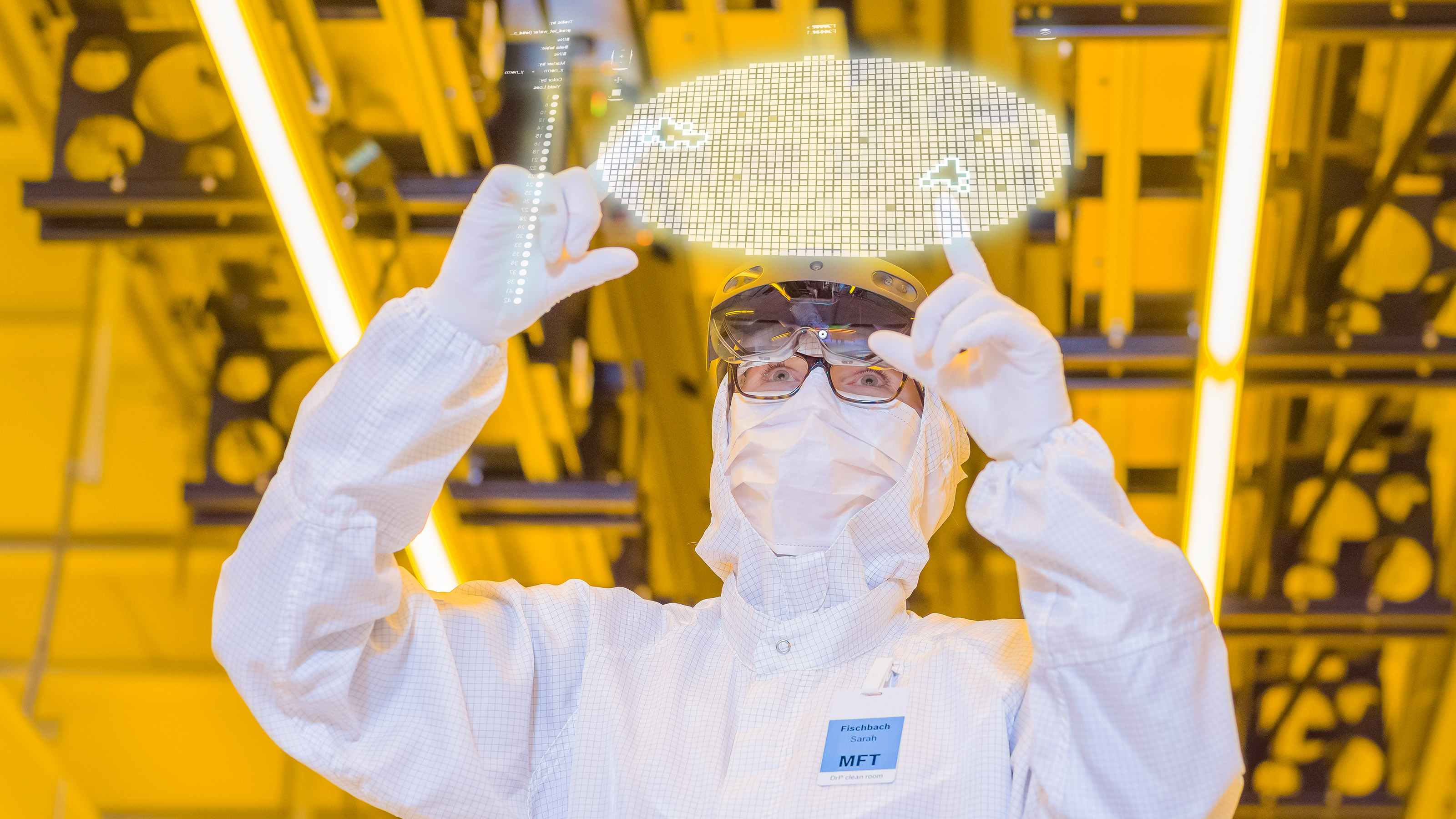
Bosch Semiconductor manufacturing in Dresden
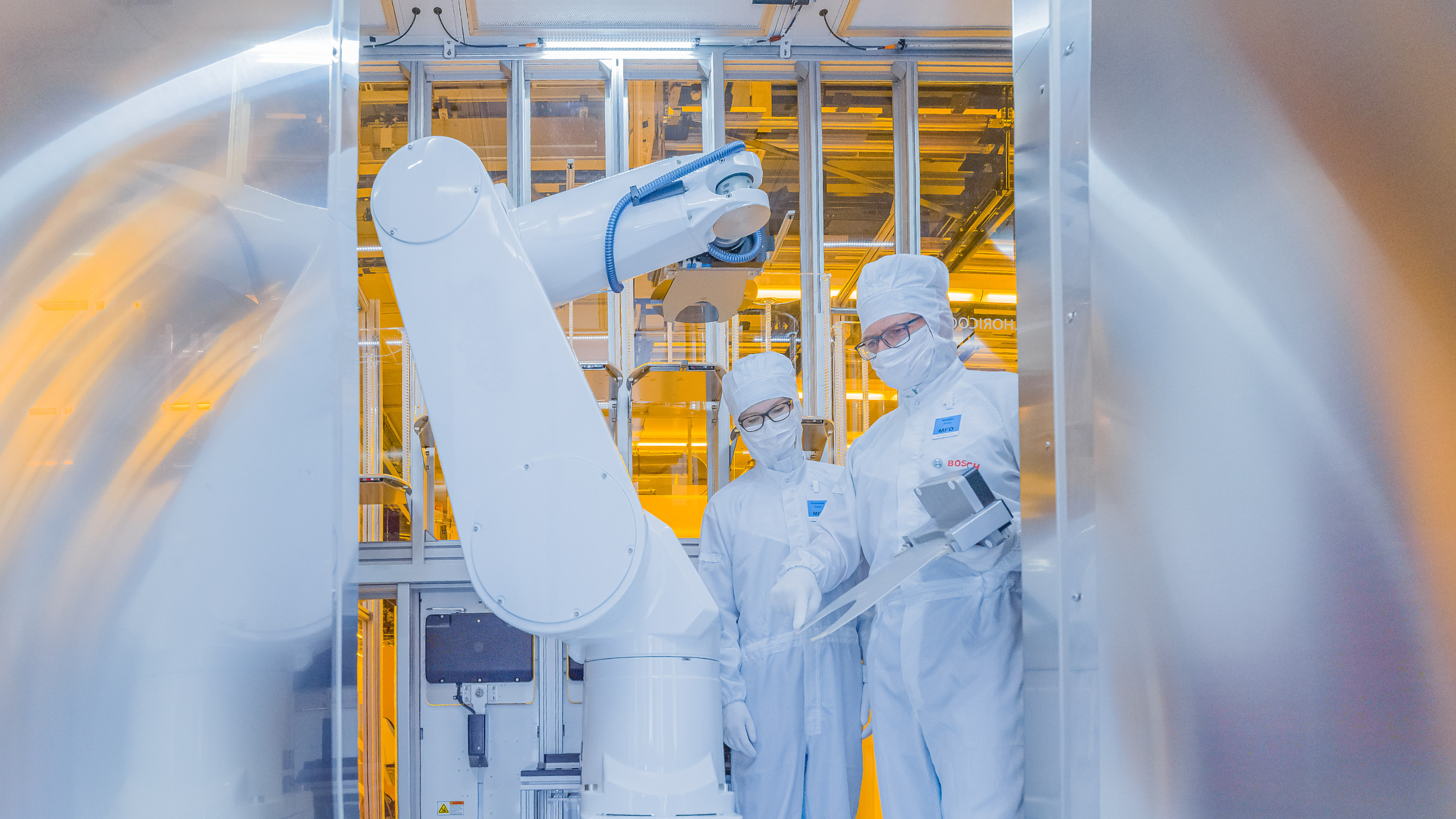
Bosch semiconductor manufacturing in Dresden
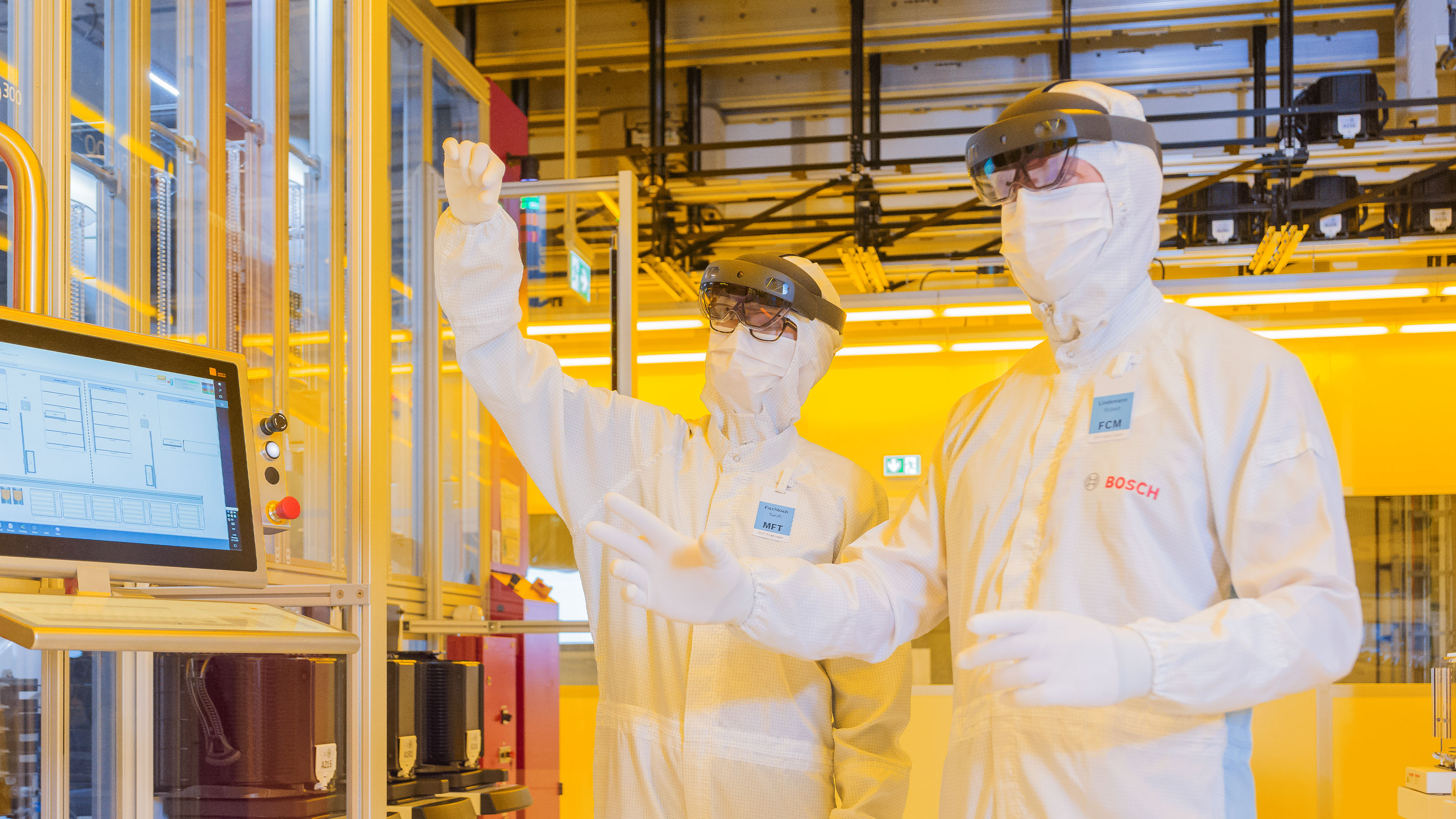
Bosch semiconductor manufacturing in Dresden
First wafers pass through fully automated fabrication process at Boschs new wafer fab in Dresden
Bosch semiconductor manufacturing in Dresden
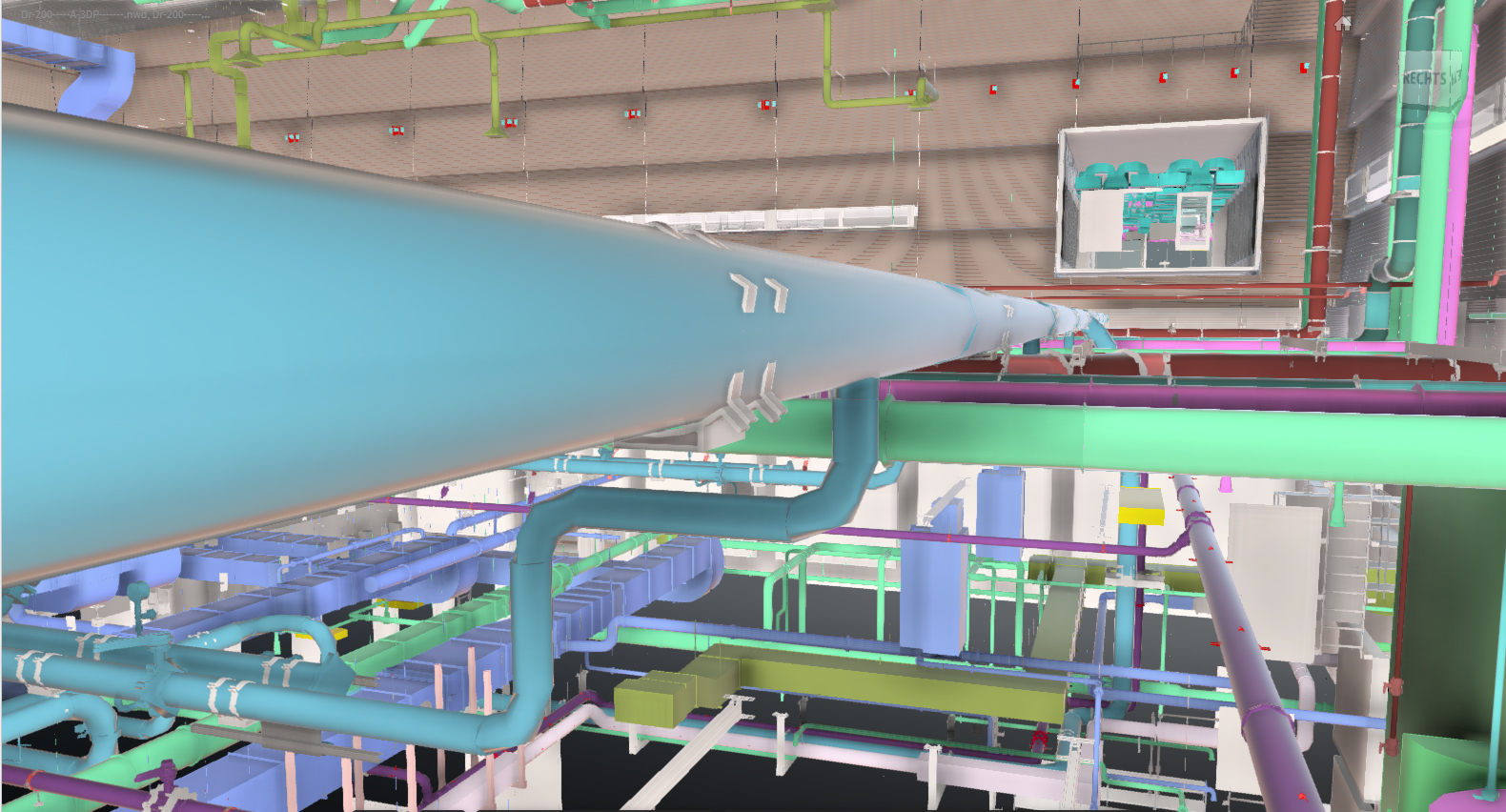
Plant with “digital twin”
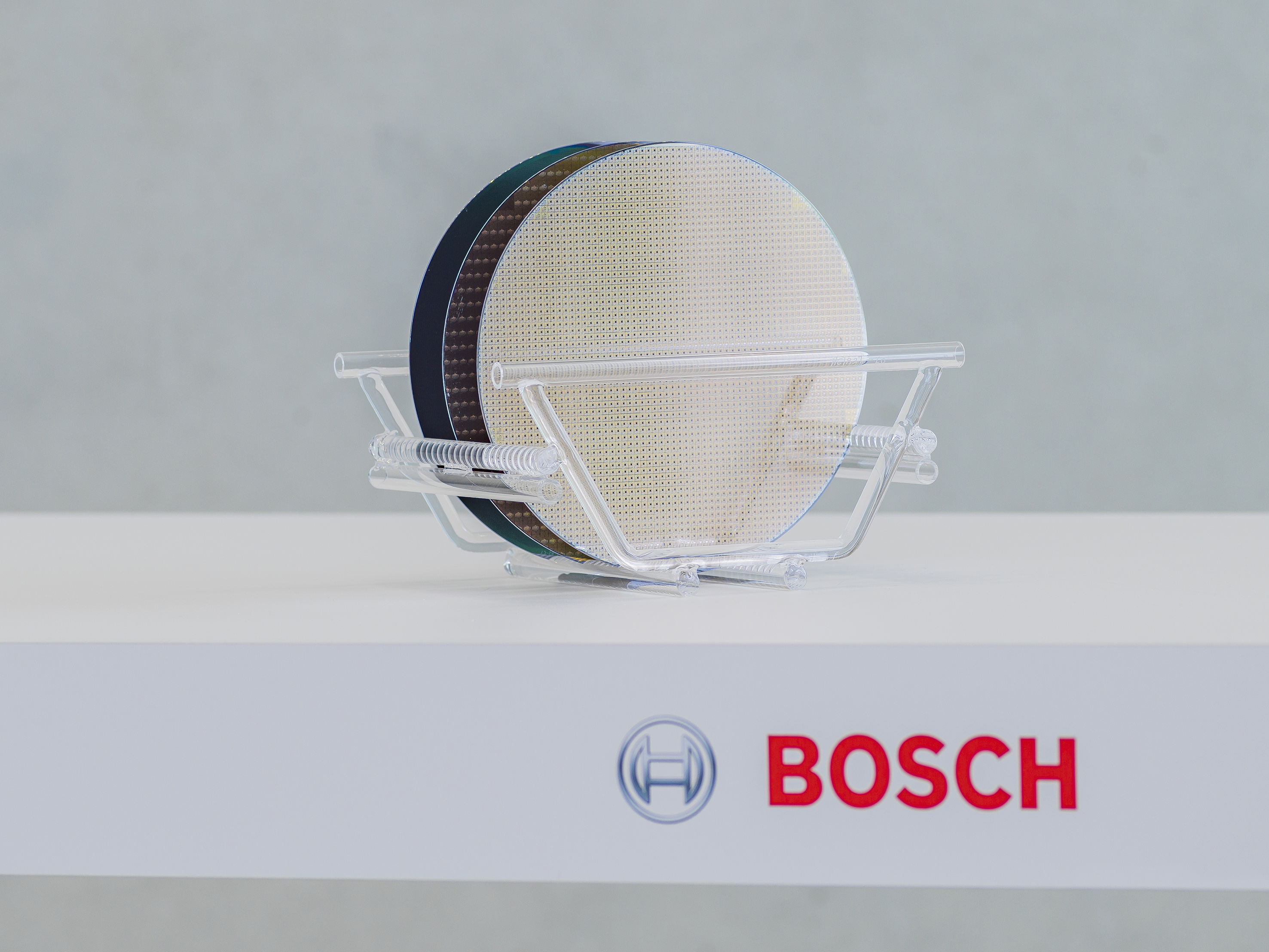
Bosch semiconductor manufacturing in Dresden
Bosch semiconductor portfolio
Bosch semiconductor portfolio
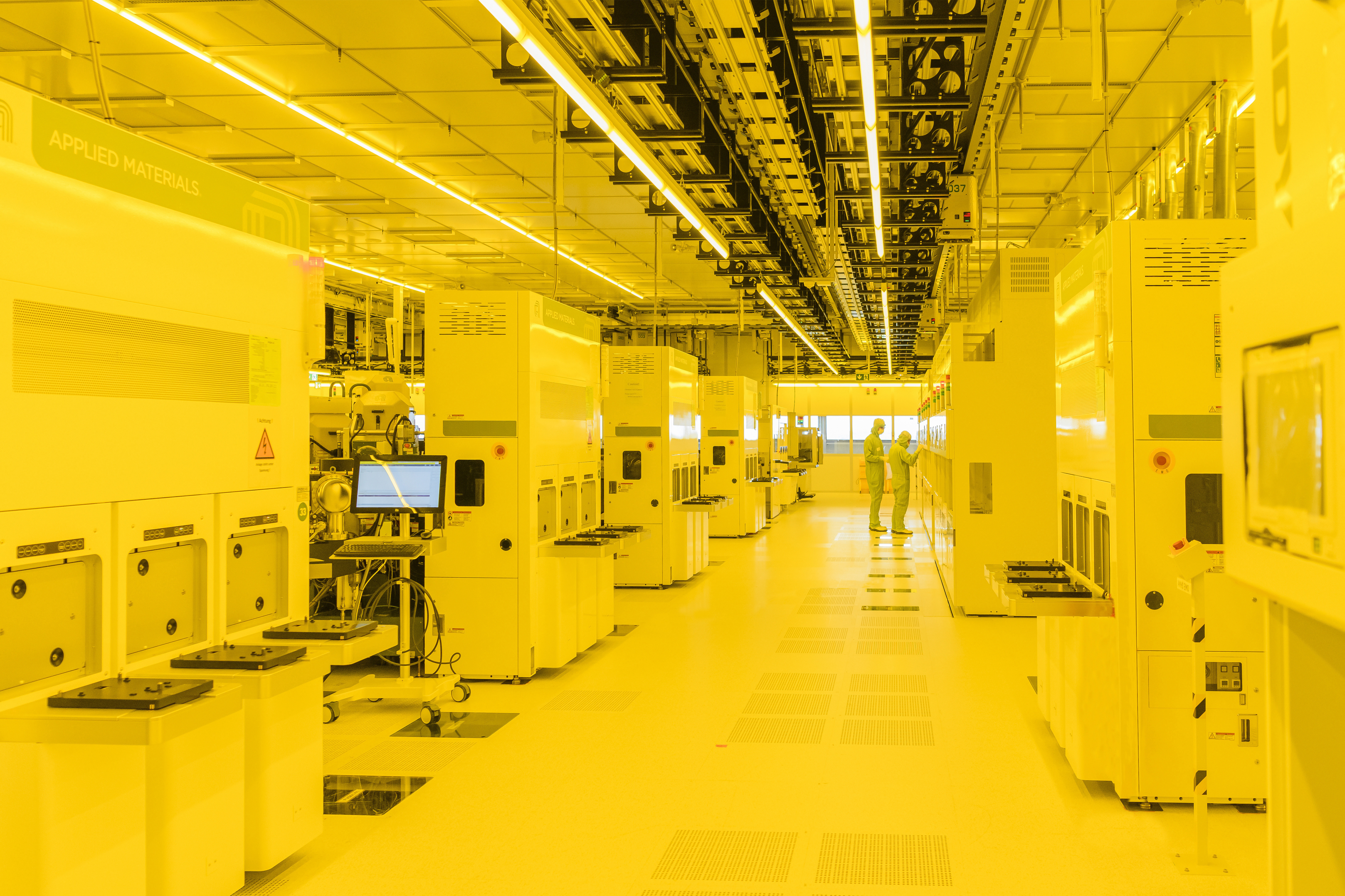
Bosch semiconductor manufacturing in Dresden
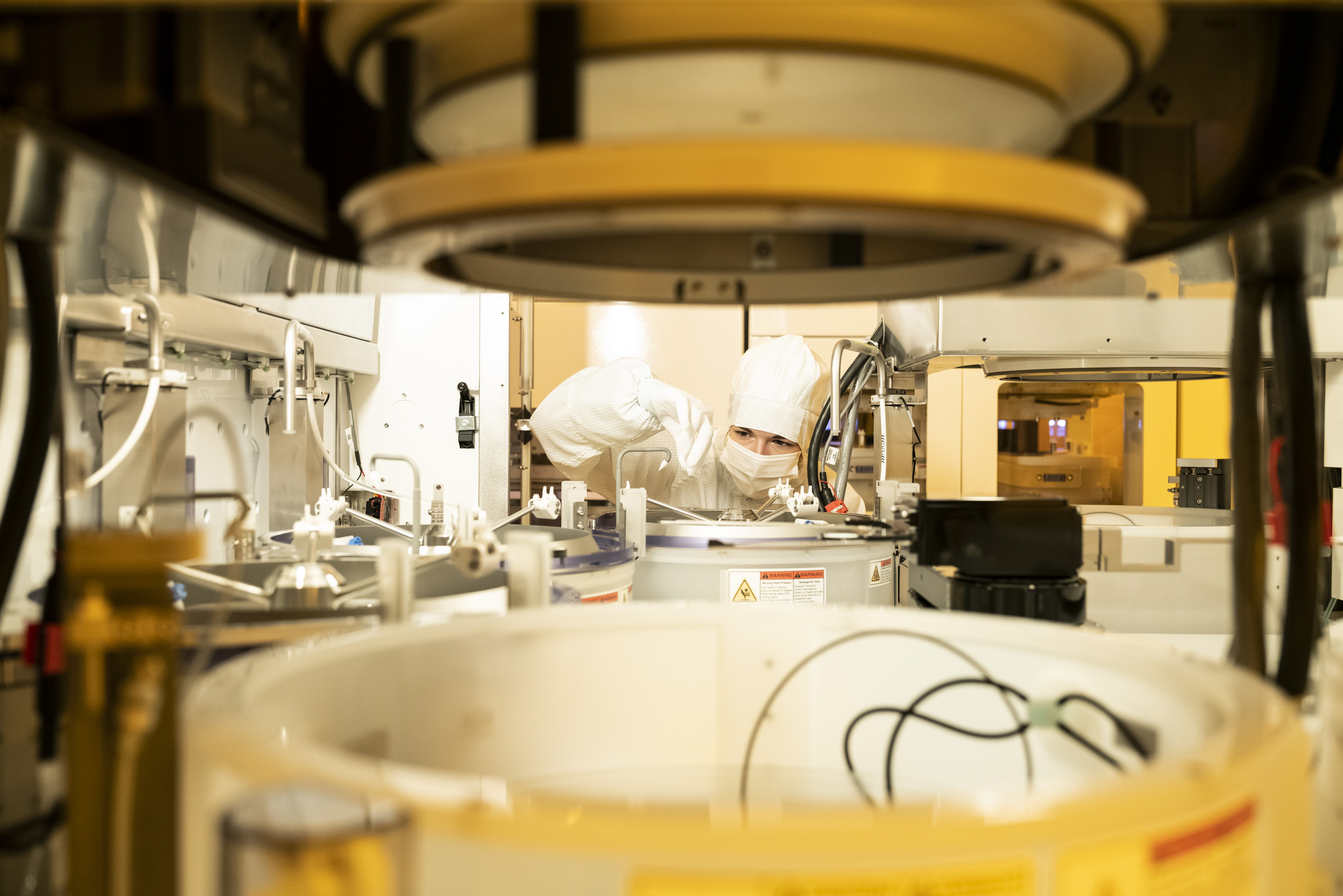
Bosch semiconductor manufacturing in Dresden
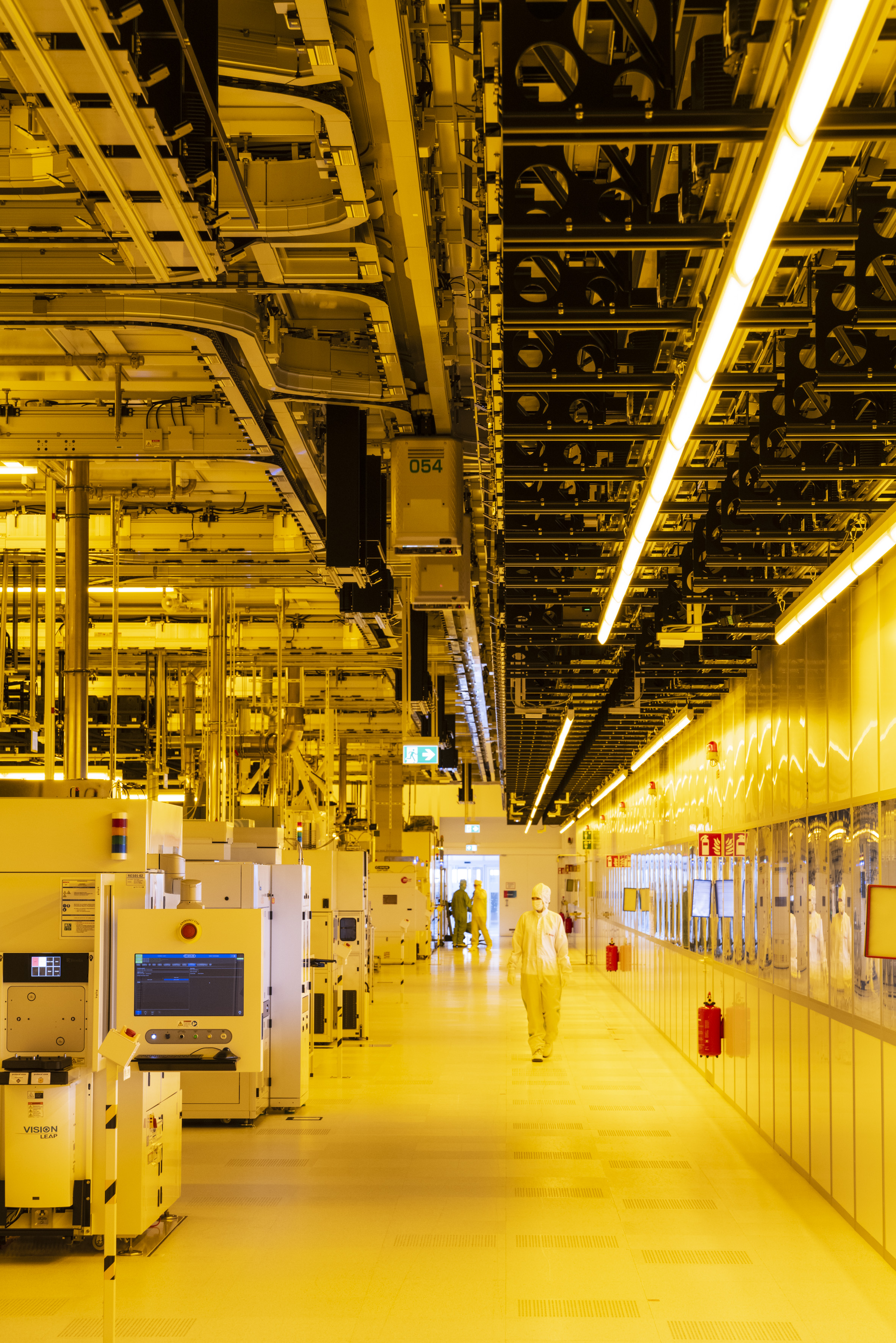
Bosch semiconductor manufacturing in Dresden
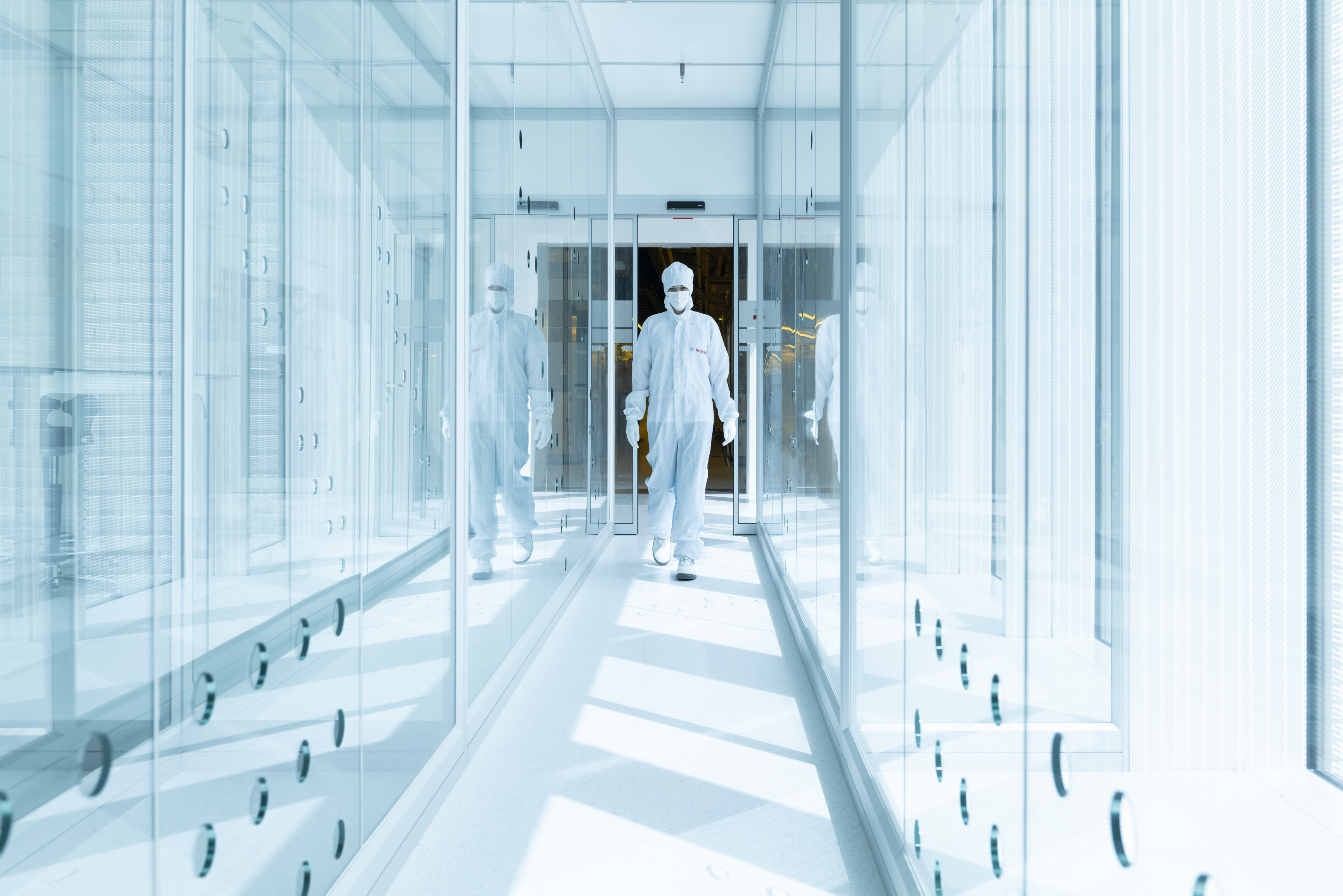
Bosch semiconductor manufacturing in Dresden
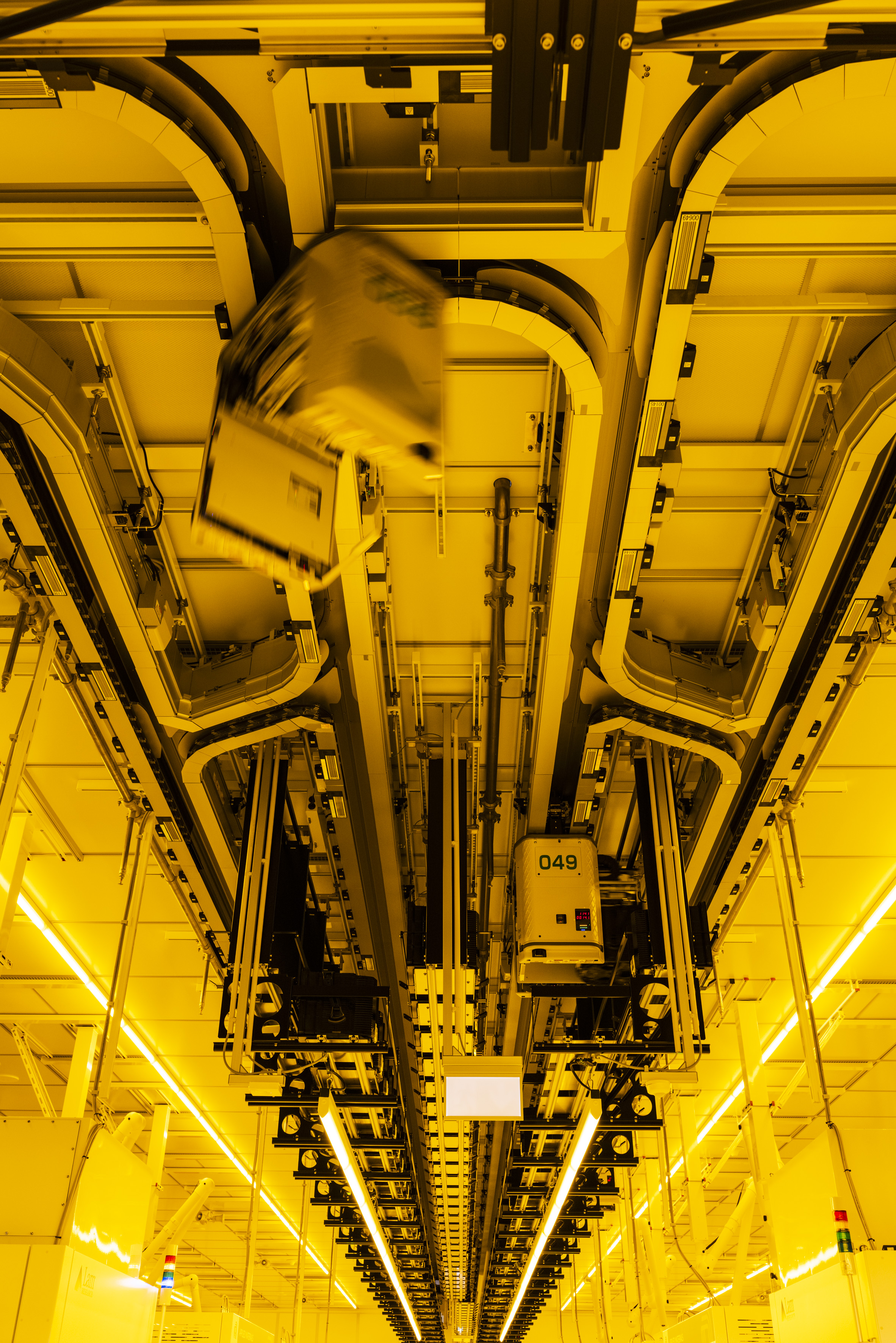
Bosch semiconductor manufacturing in Dresden
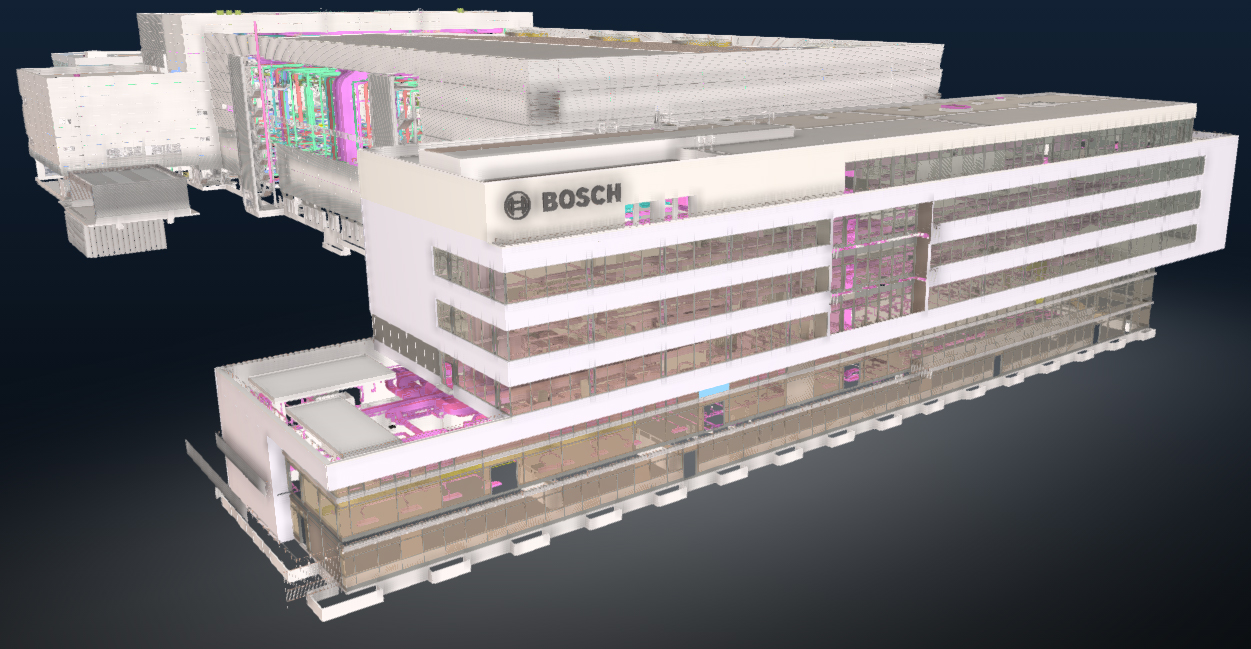
Plant with “digital twin”
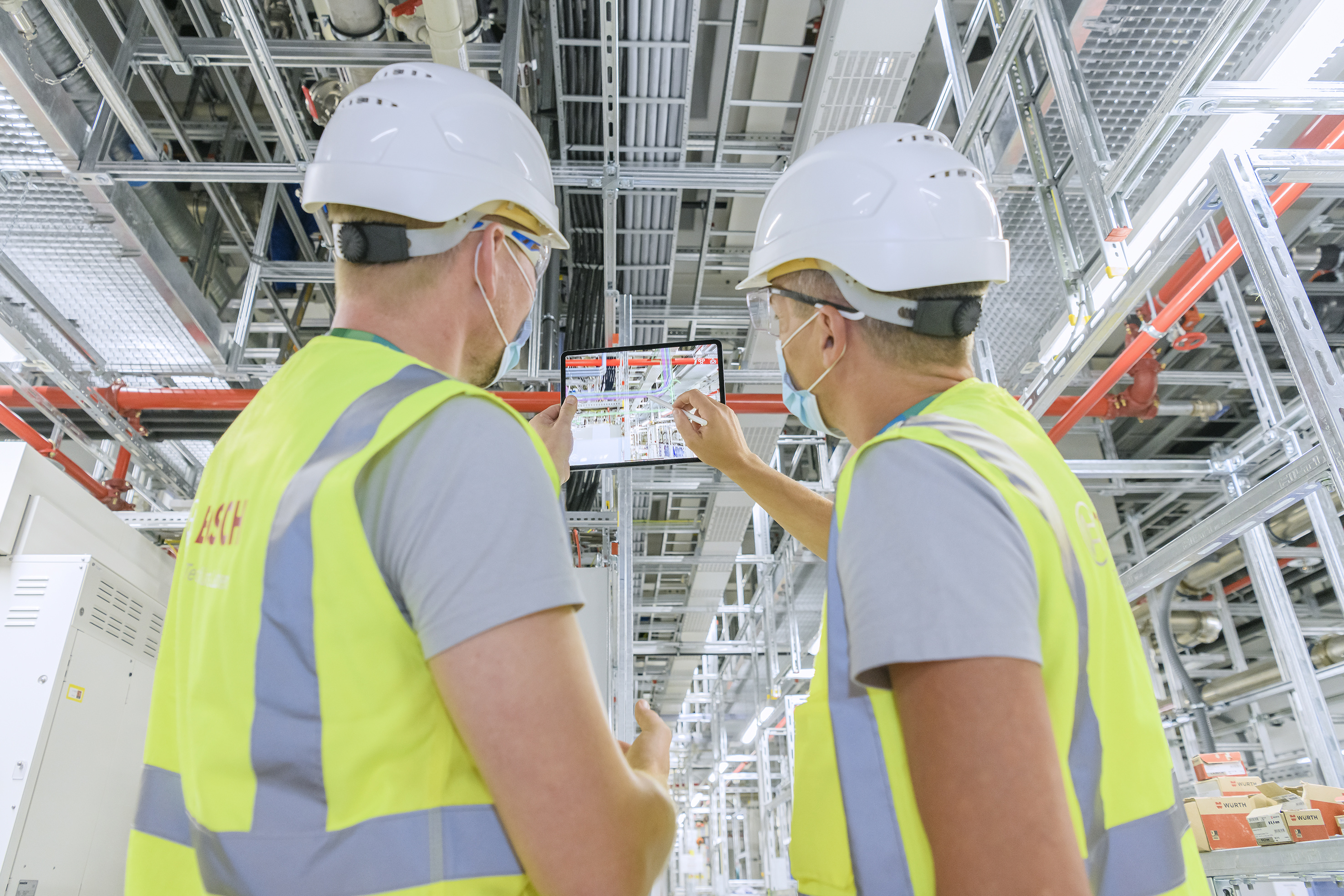
Plant with “digital twin”
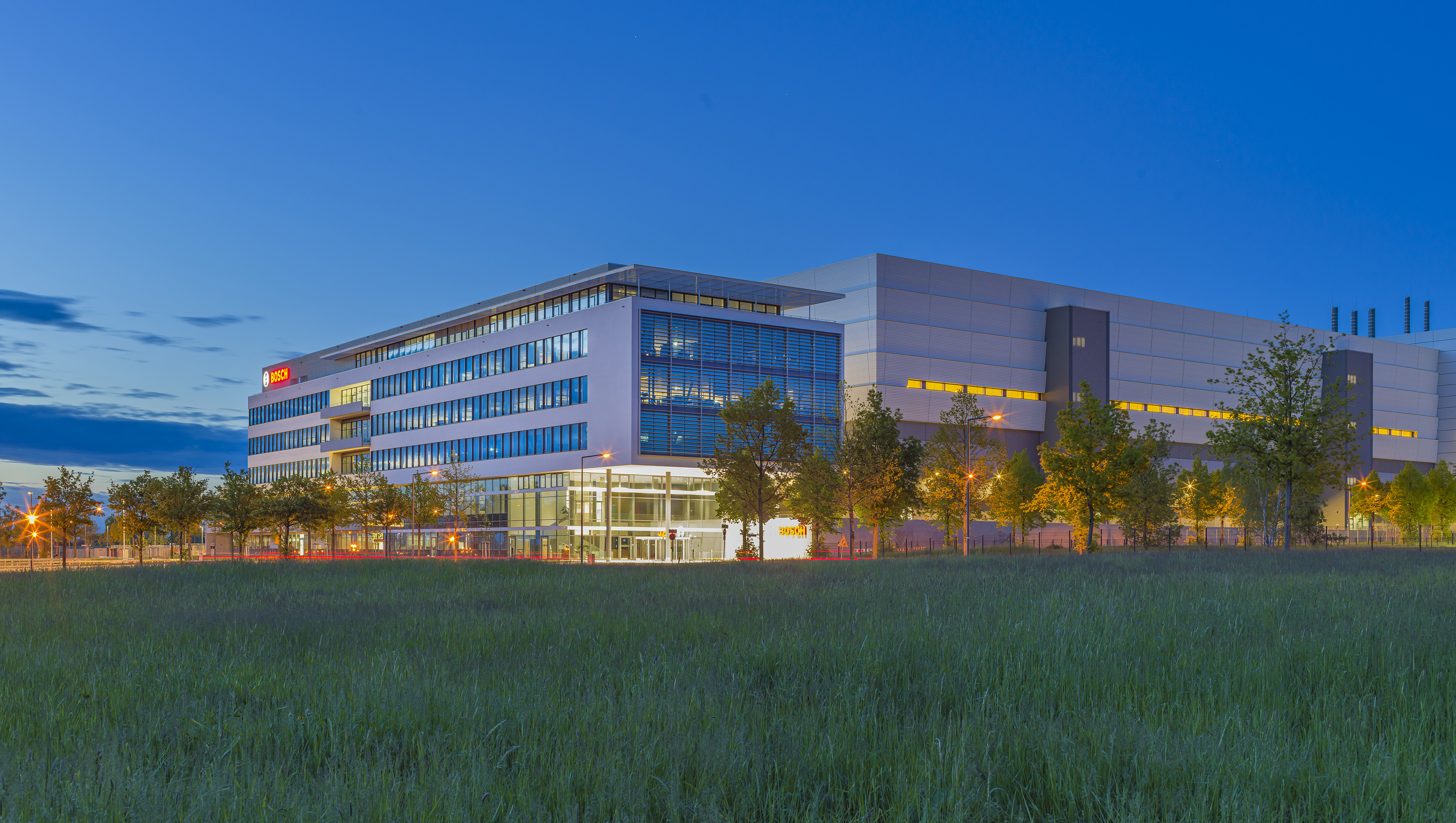
Bosch chip factory of the future in Dresden
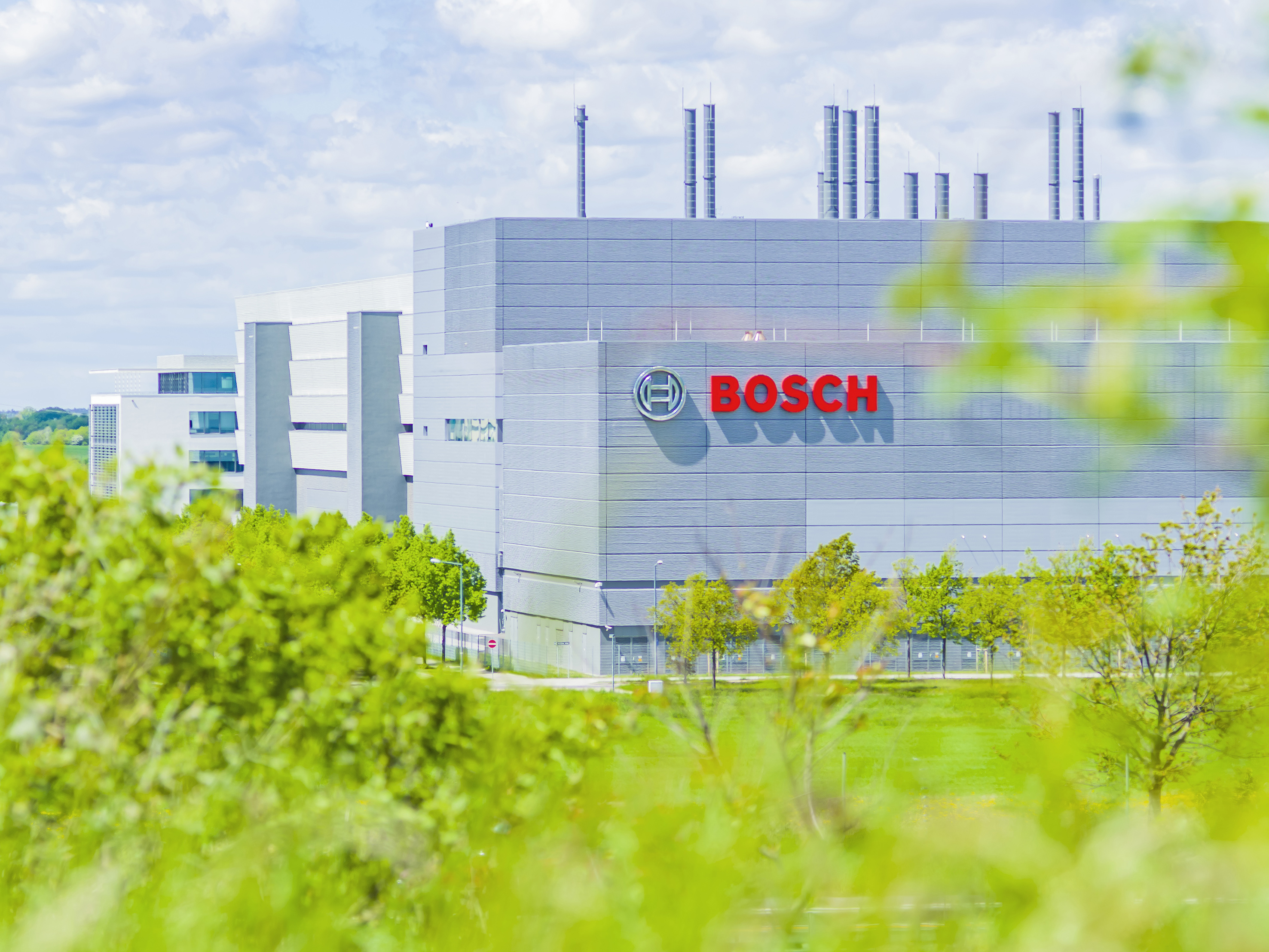
Bosch chip factory of the future in Dresden
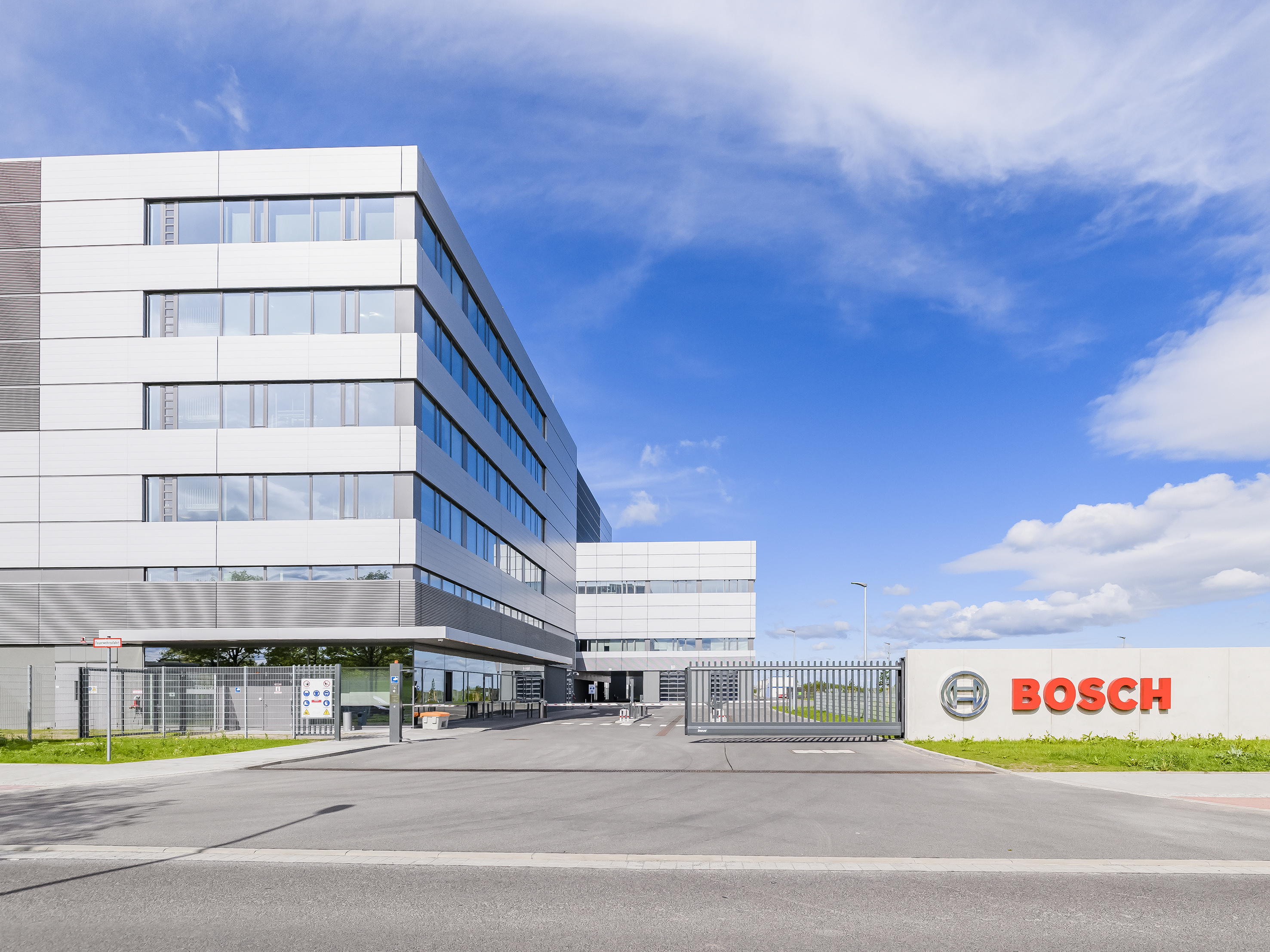
Bosch chip factory of the future in Dresden
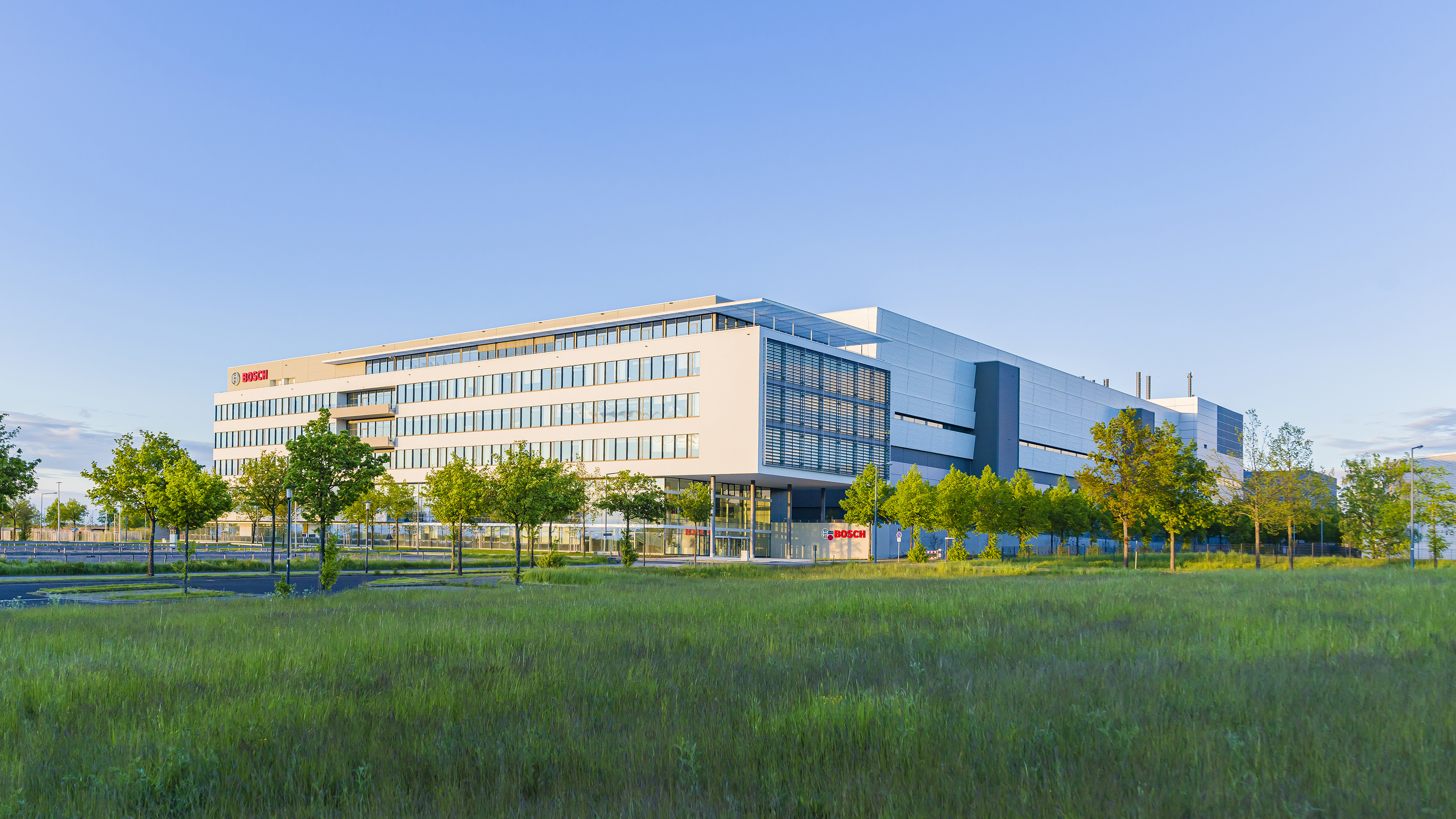
Bosch chip factory of the future in Dresden
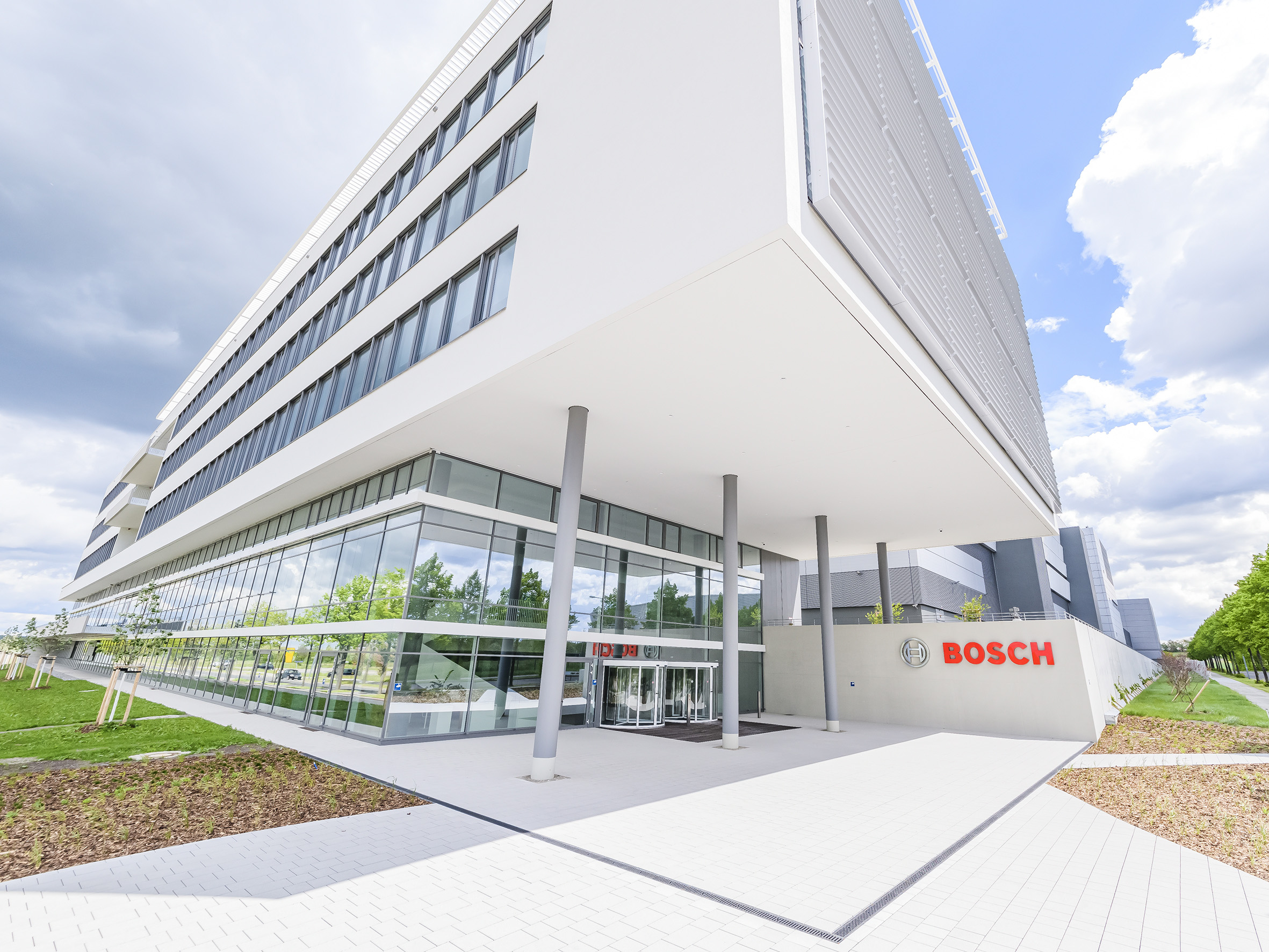
Bosch chip factory of the future in Dresden
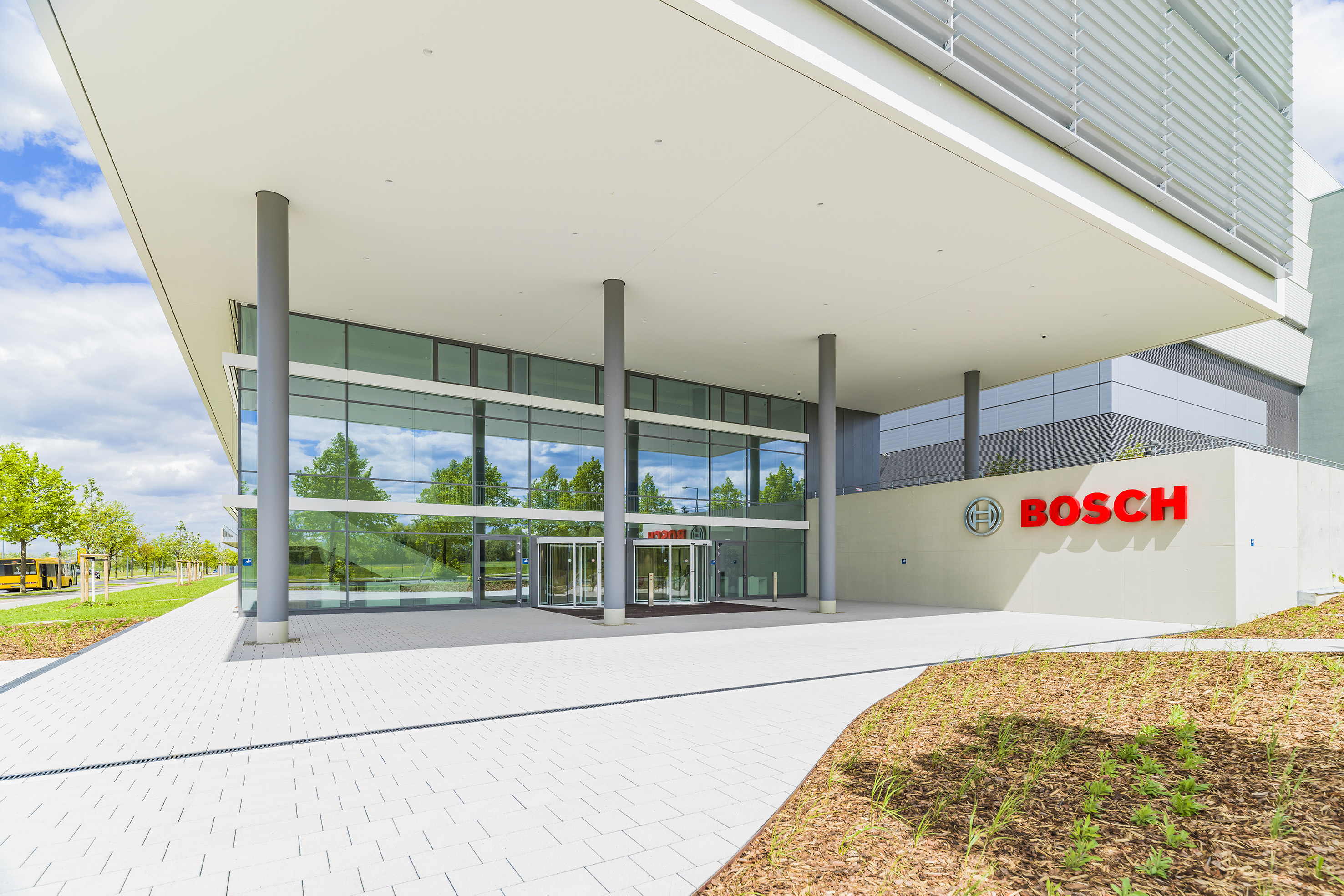
Bosch chip factory of the future in Dresden
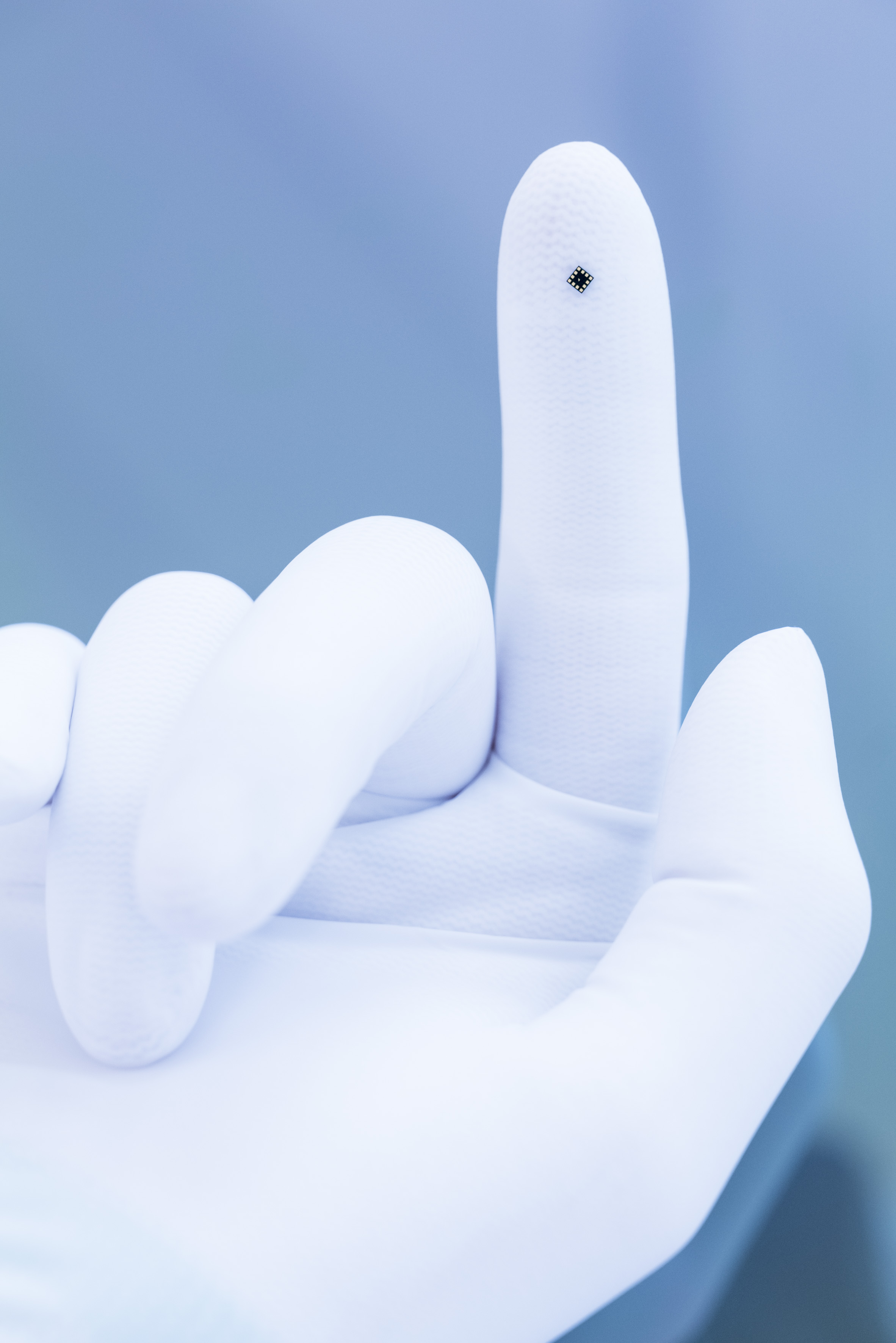
MEMS sensors from Bosch
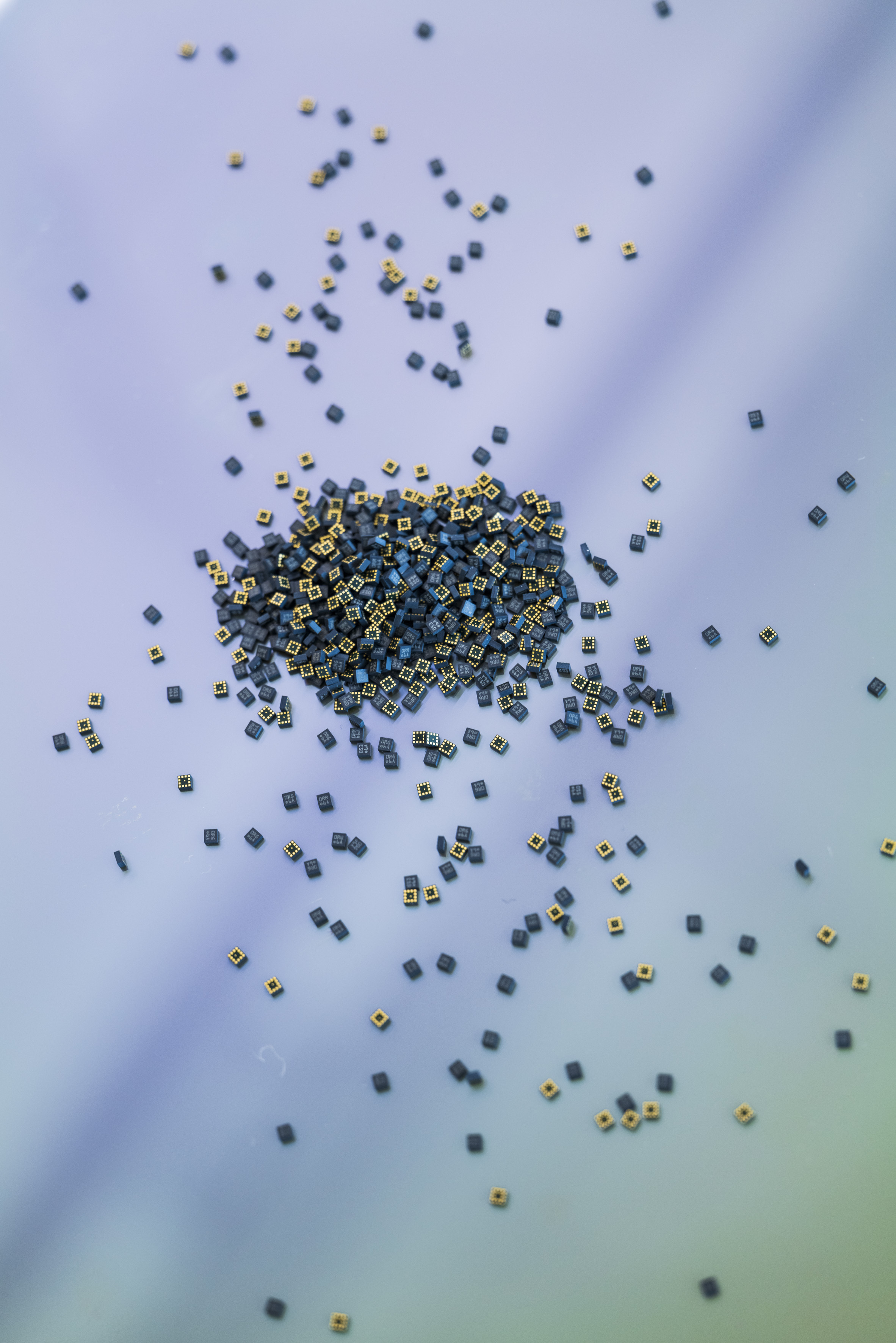
MEMS sensors from Bosch
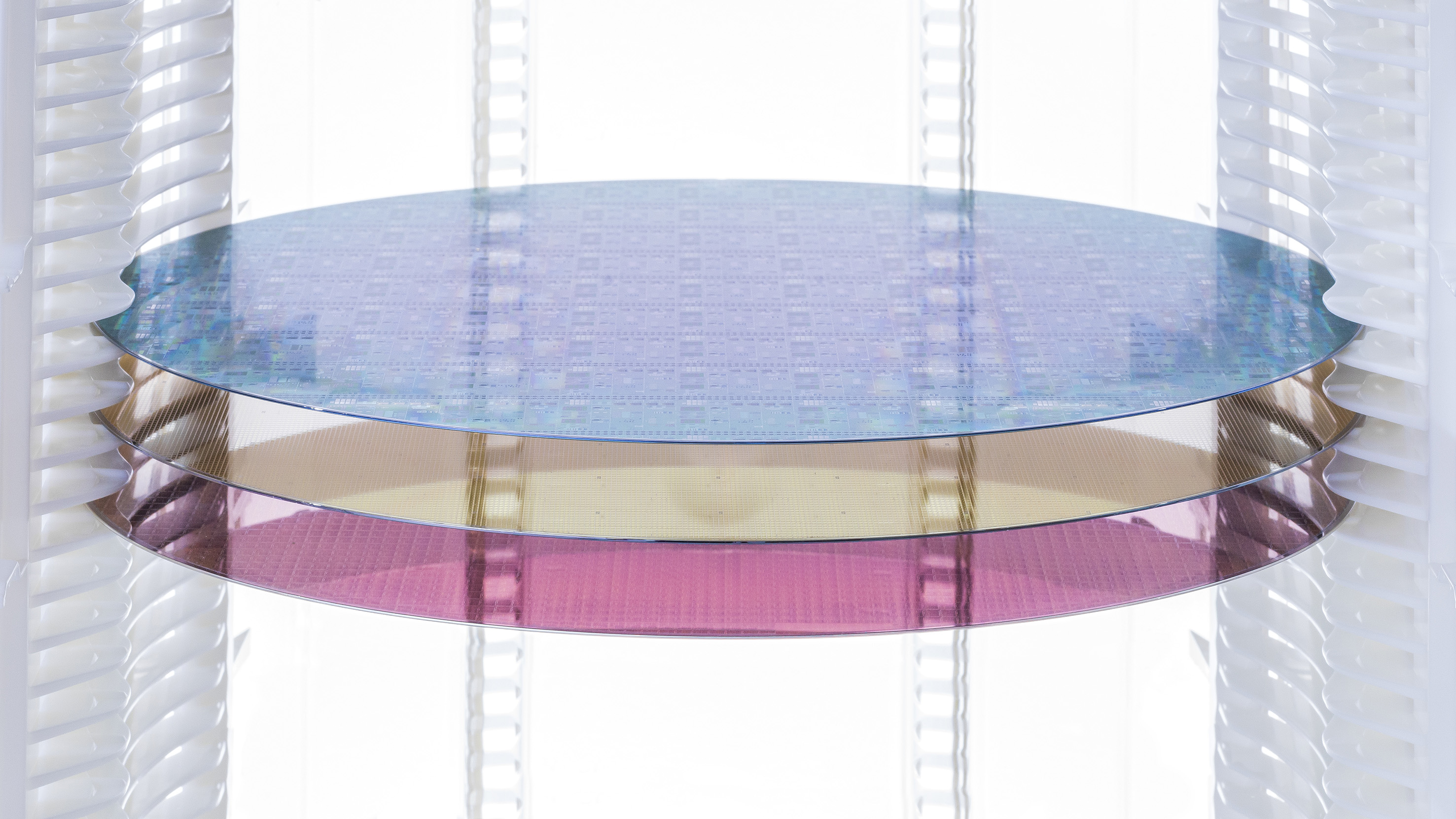
Bosch semiconductor manufacturing in Dresden
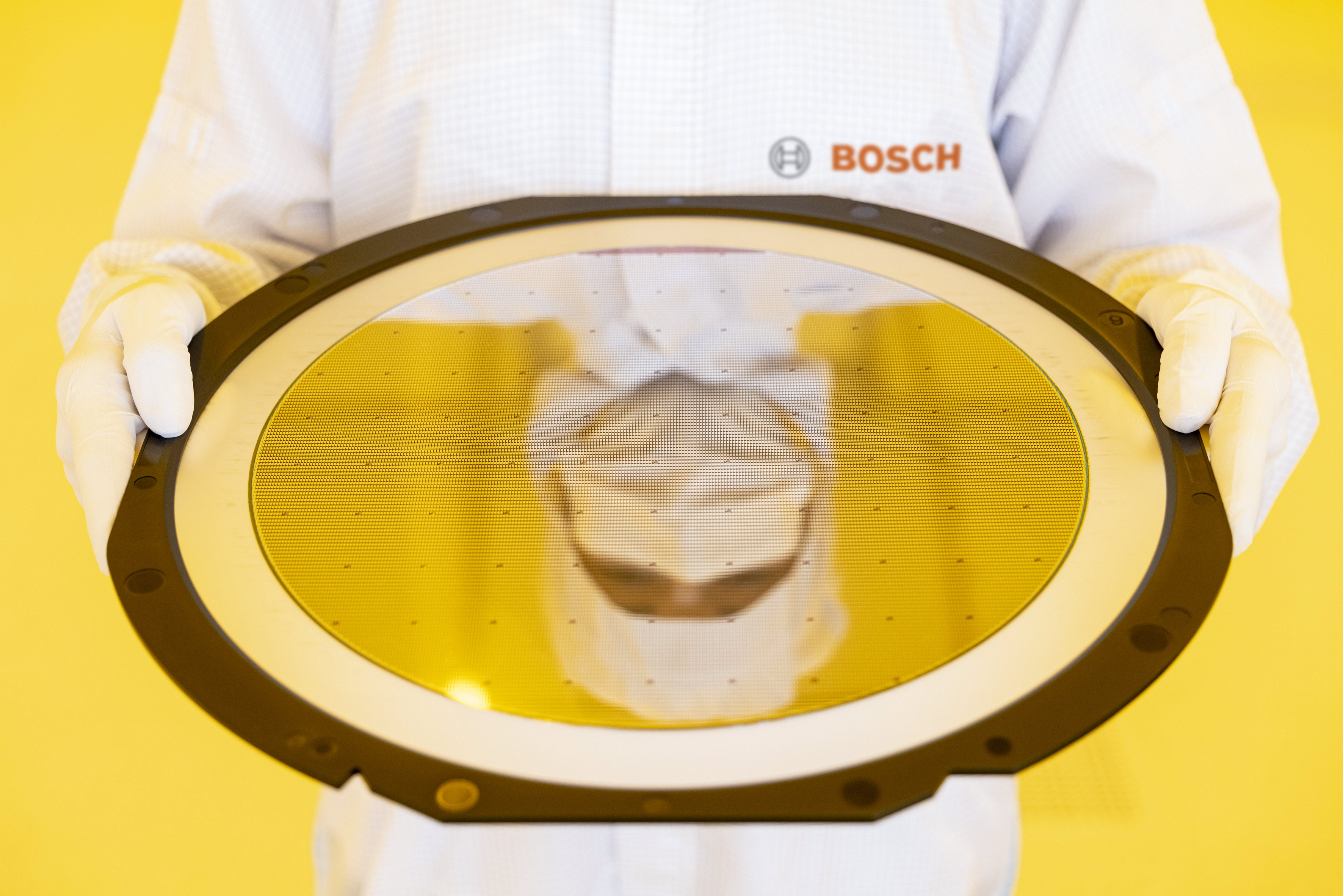
Bosch chip factory of the future in Dresden
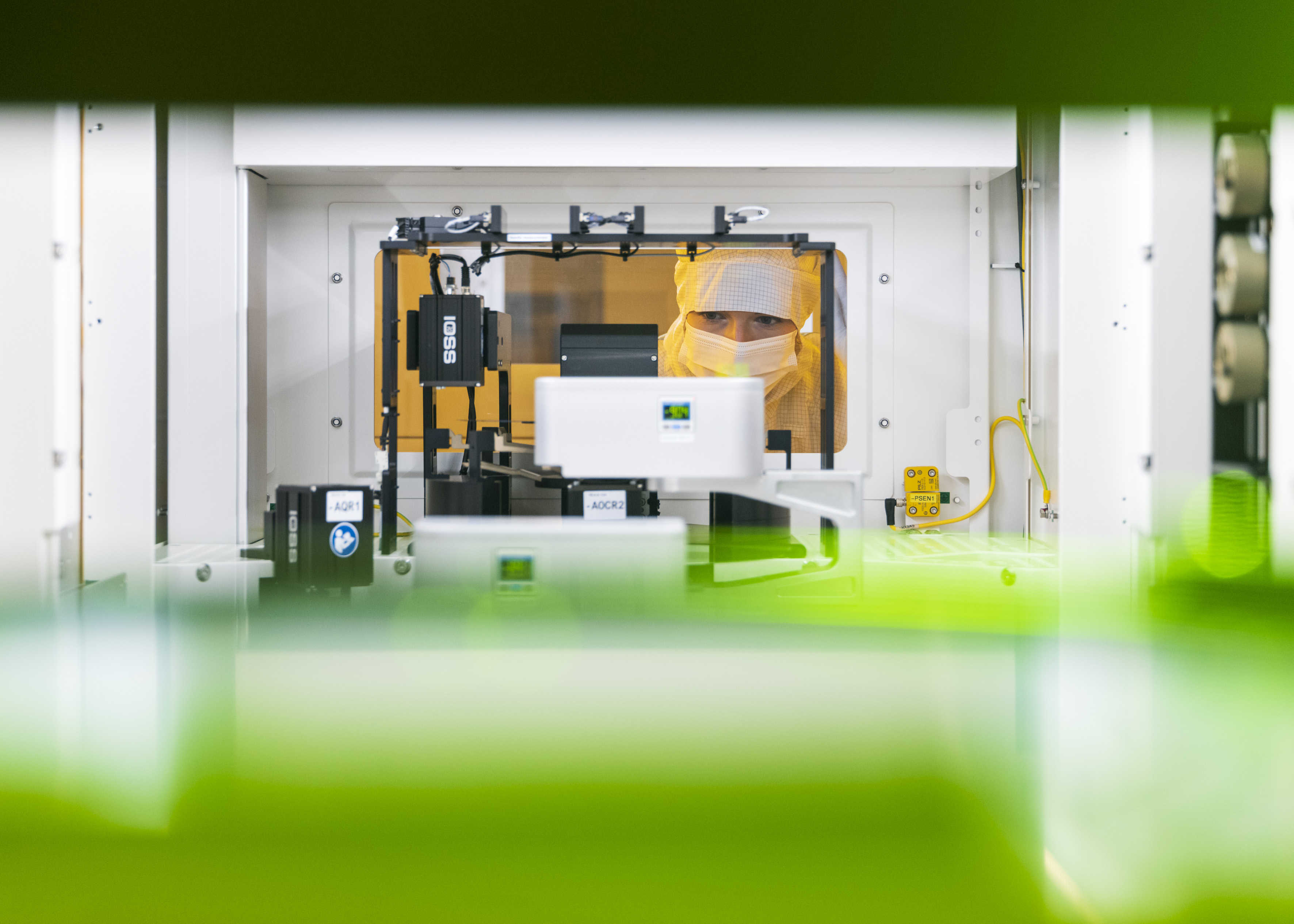
Bosch chip factory of the future in Dresden
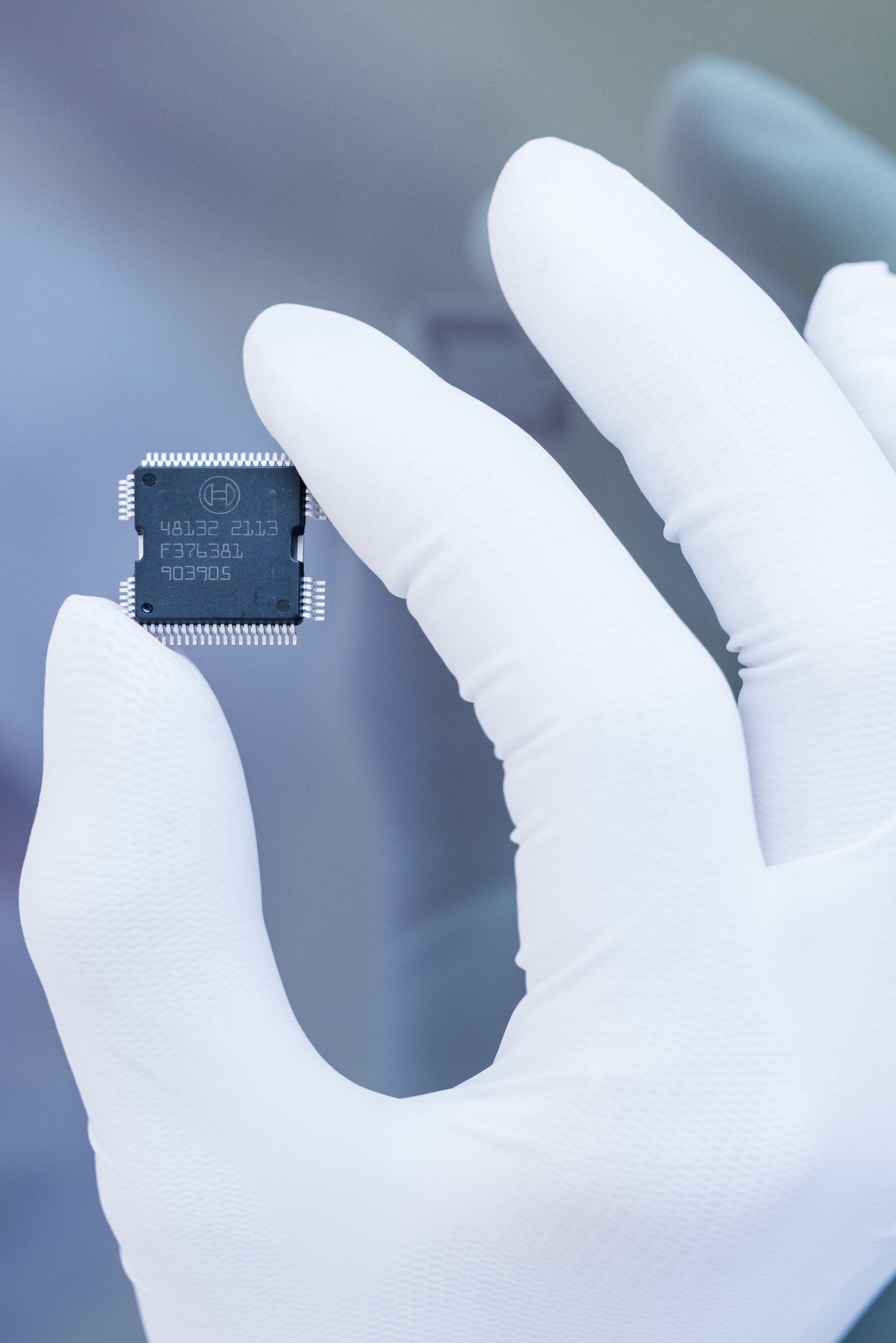
Bosch chip factory of the future in Dresden
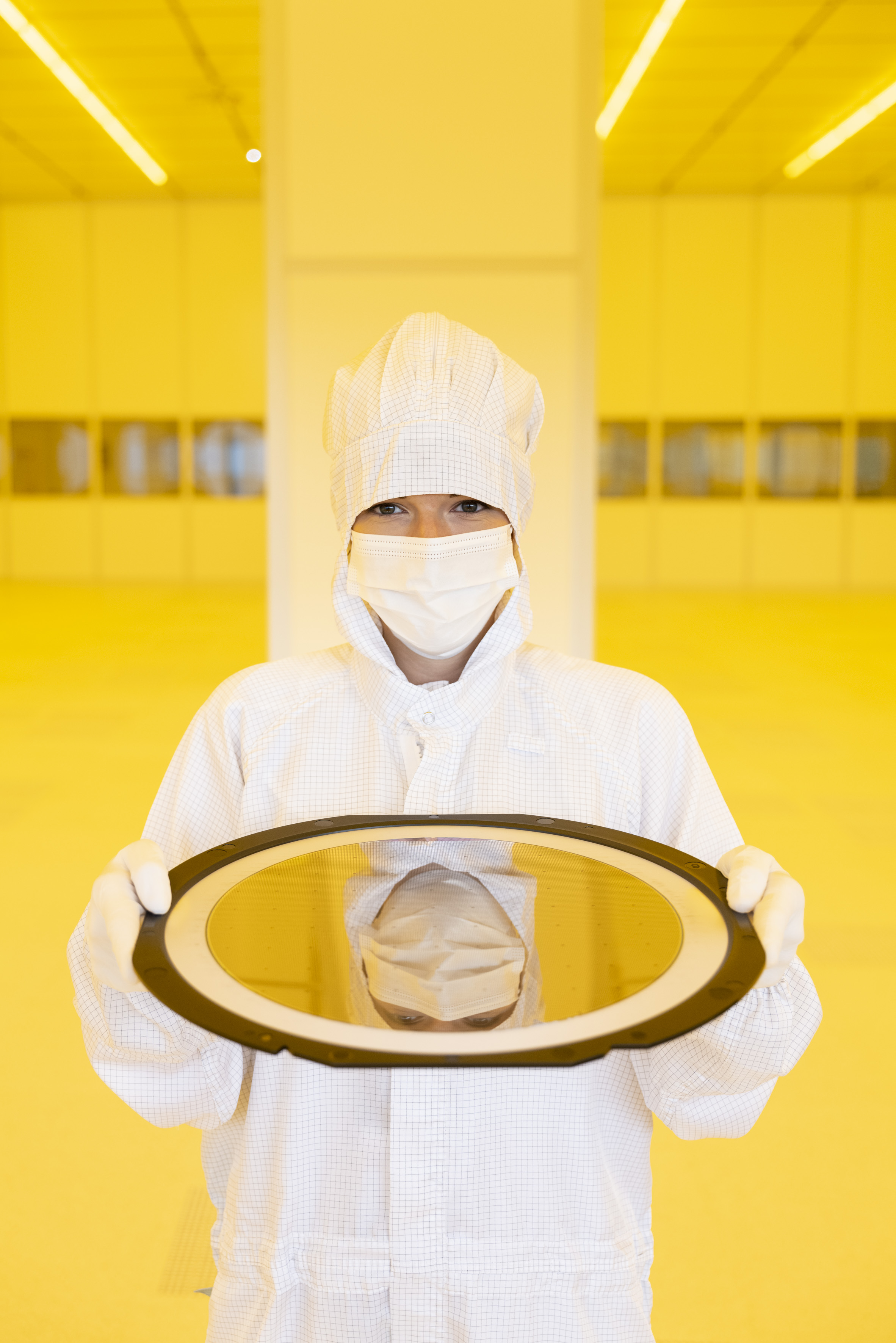
Bosch chip factory of the future in Dresden

Bosch Semiconductor manufacturing in Dresden

Bosch semiconductor manufacturing in Dresden
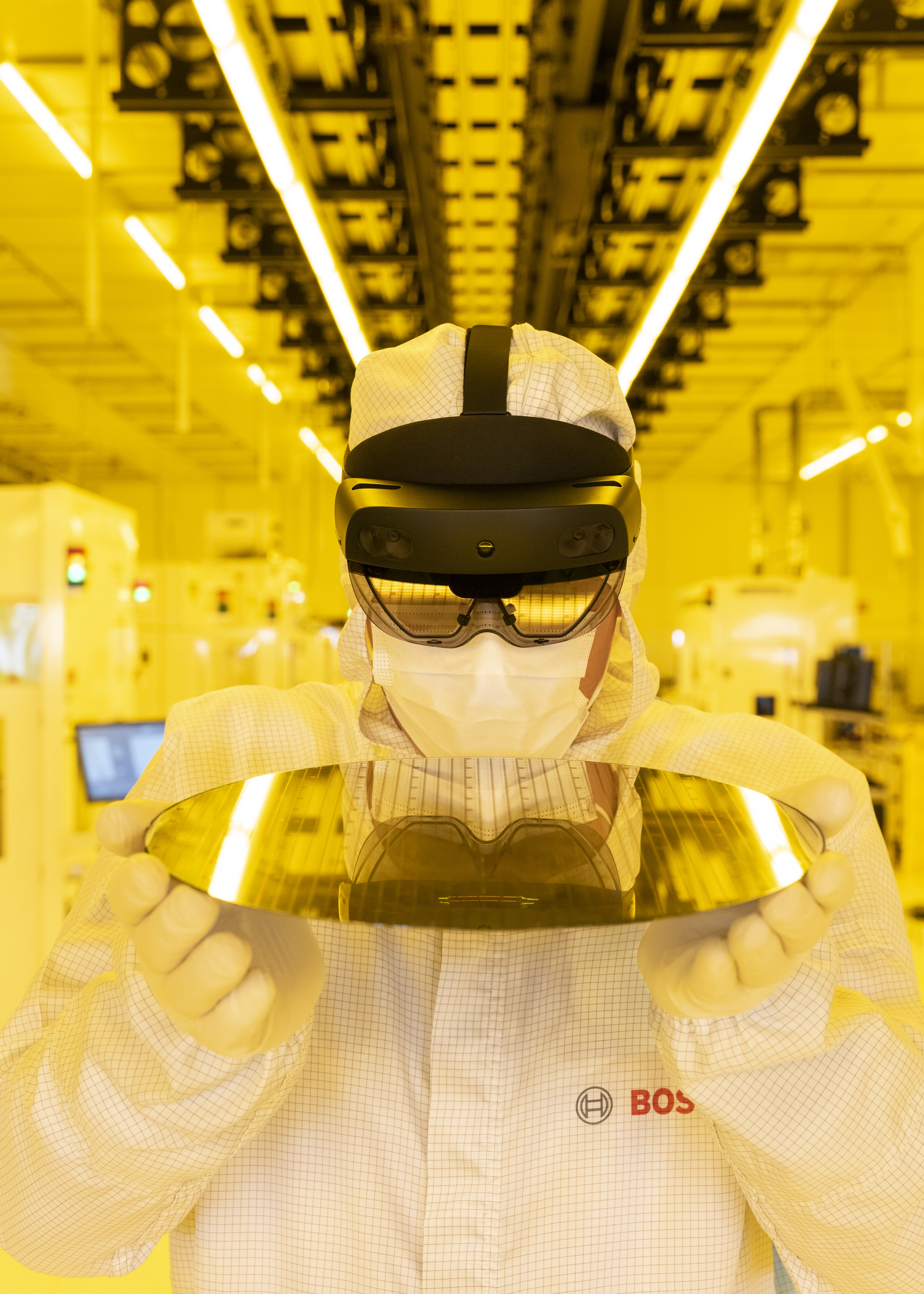
Bosch opens chip factory of the future in Dresden

Bosch opens chip factory of the future in Dresden

Bosch chip factory of the future in Dresden

Bosch chip factory of the future in Dresden
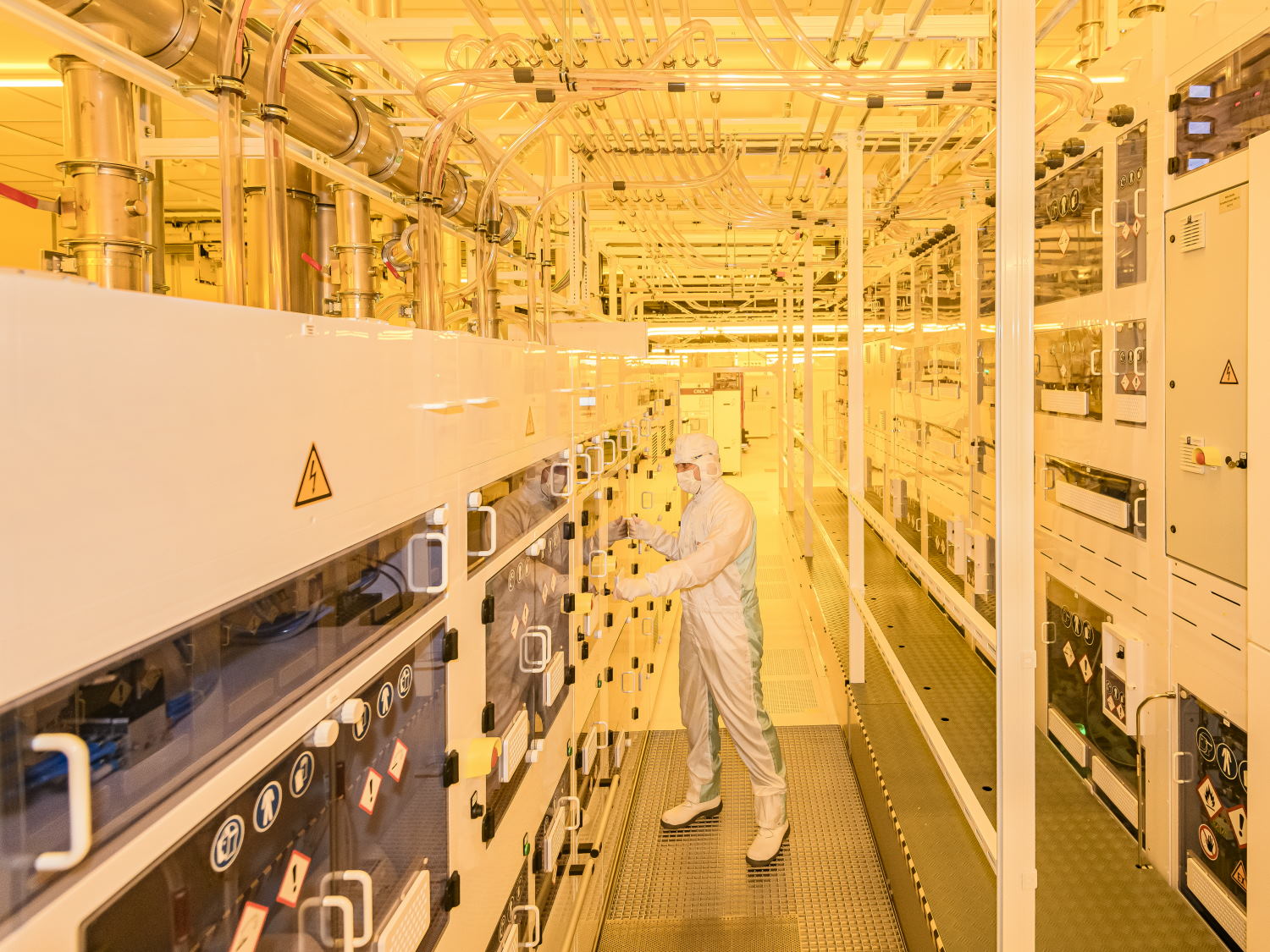
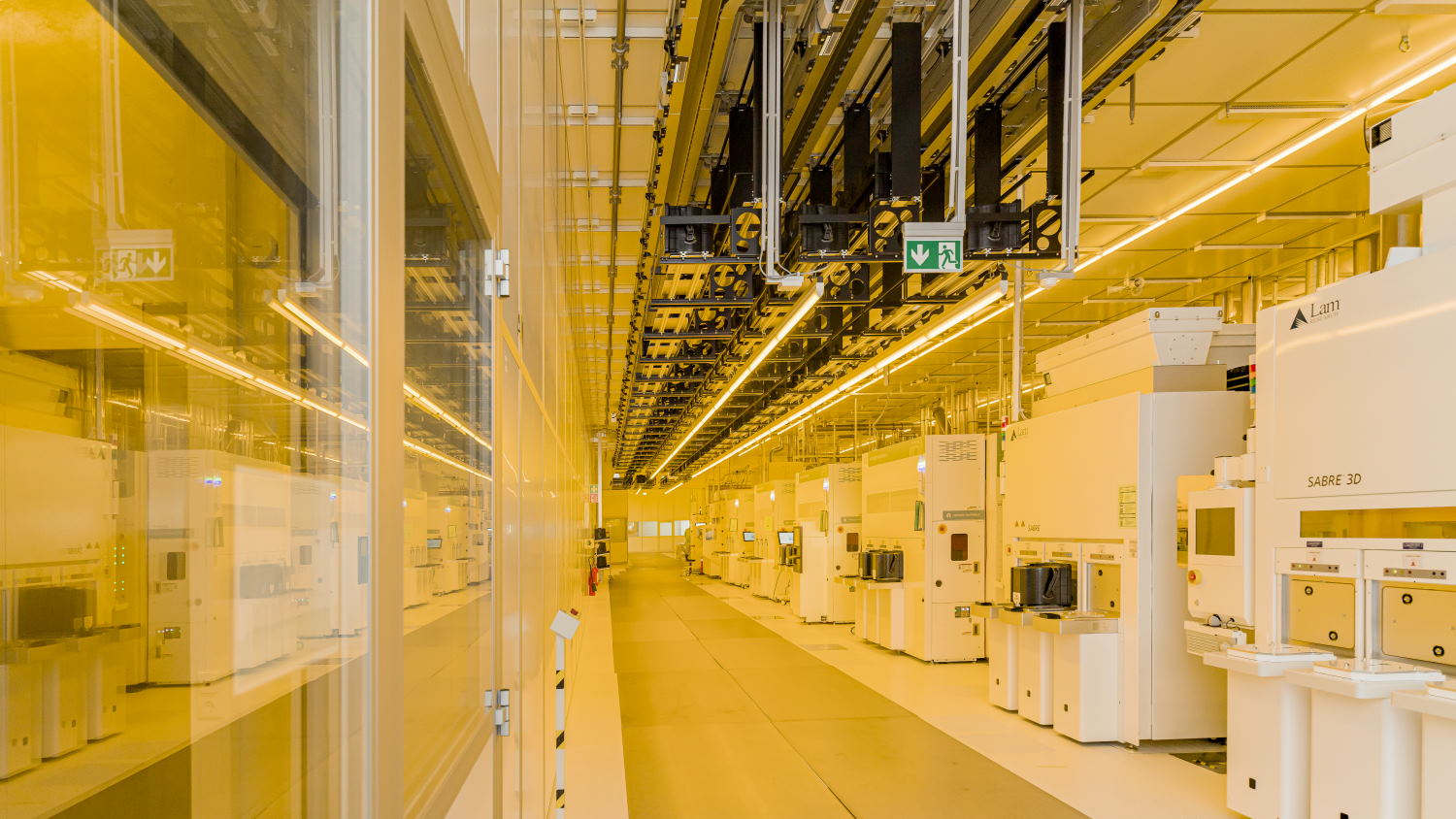
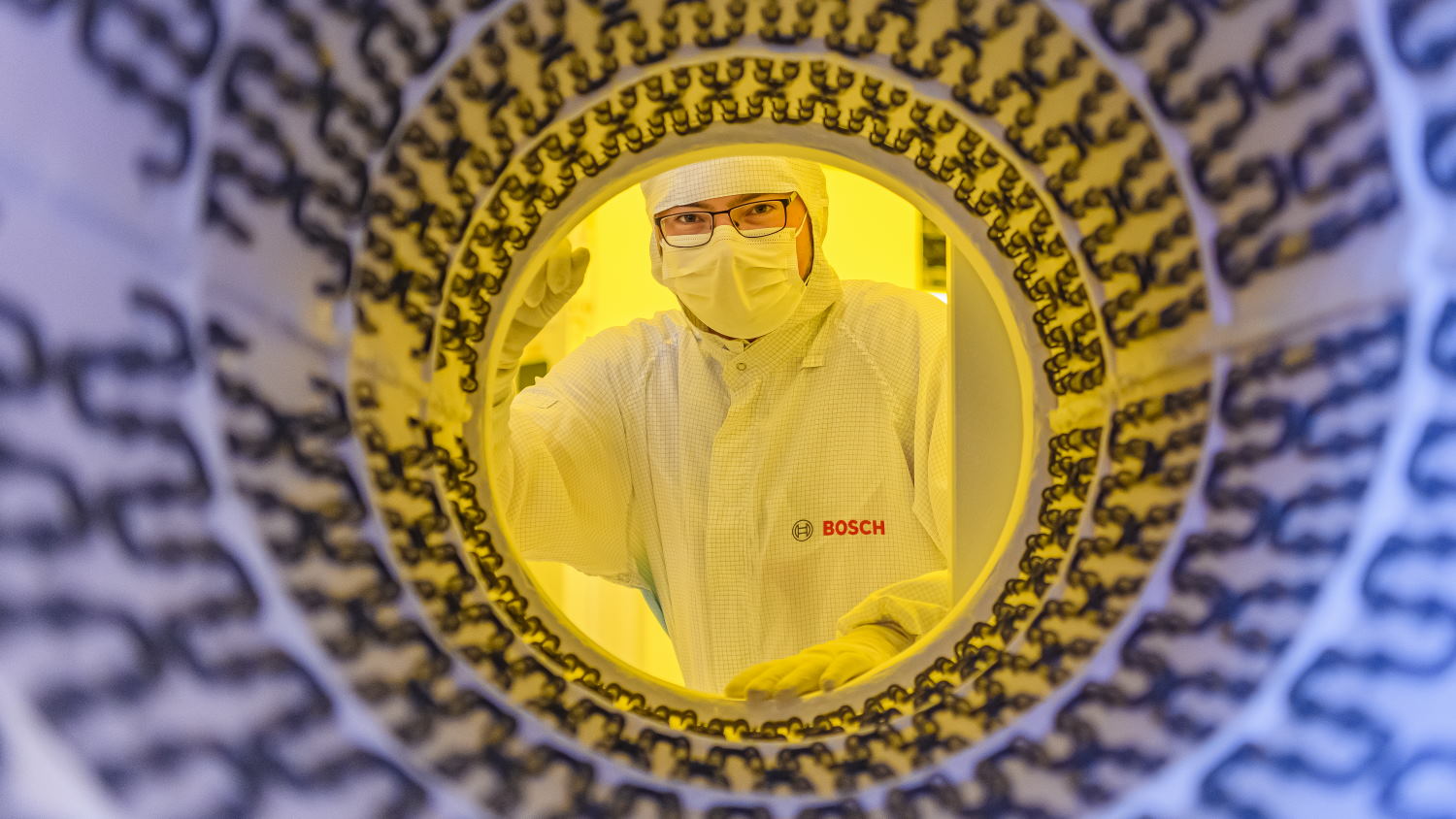
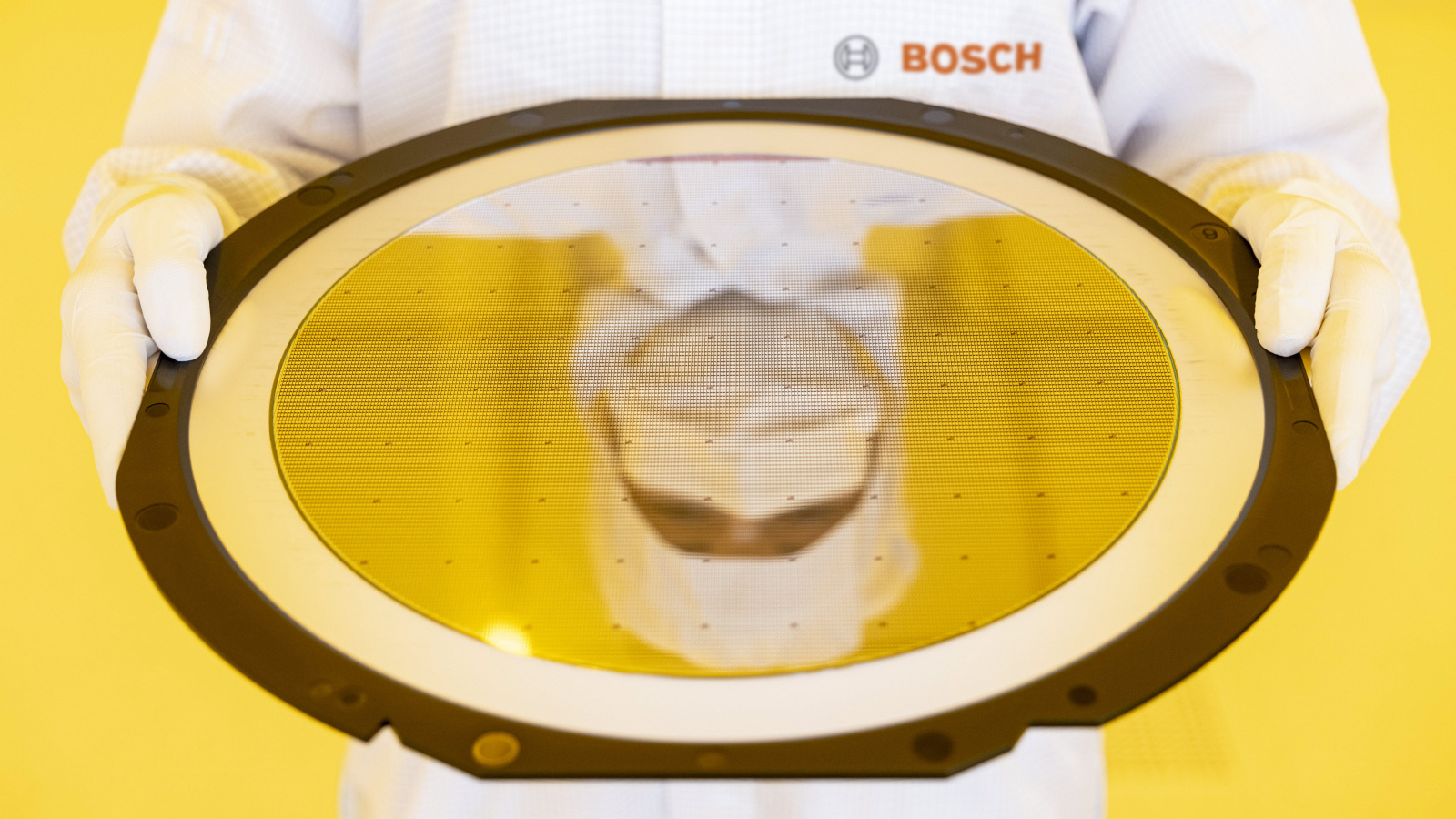
Bosch semiconductor manufacturing in Dresden
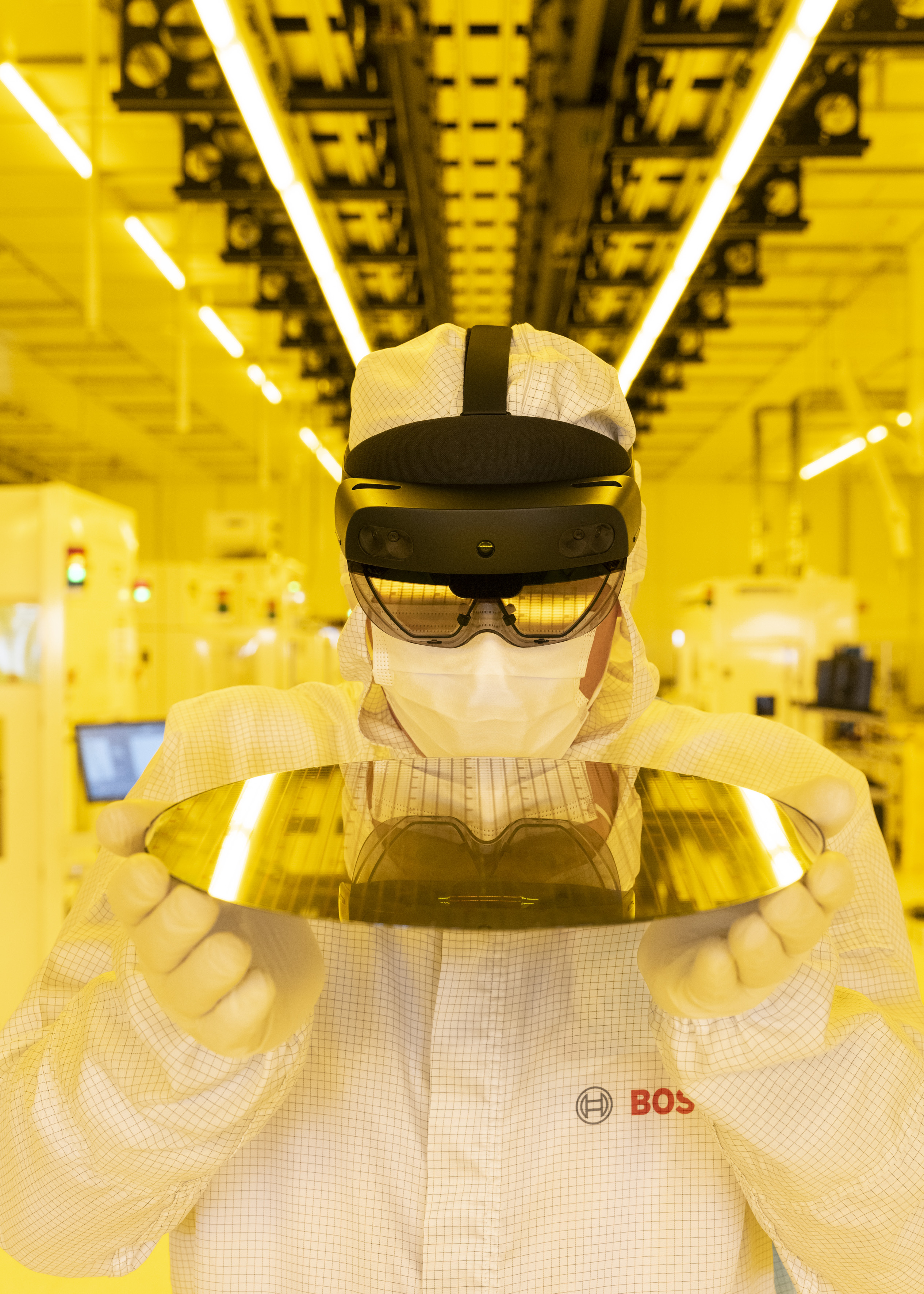
Bosch semiconductor manufacturing in Dresden

Bosch semiconductor manufacturing in Dresden
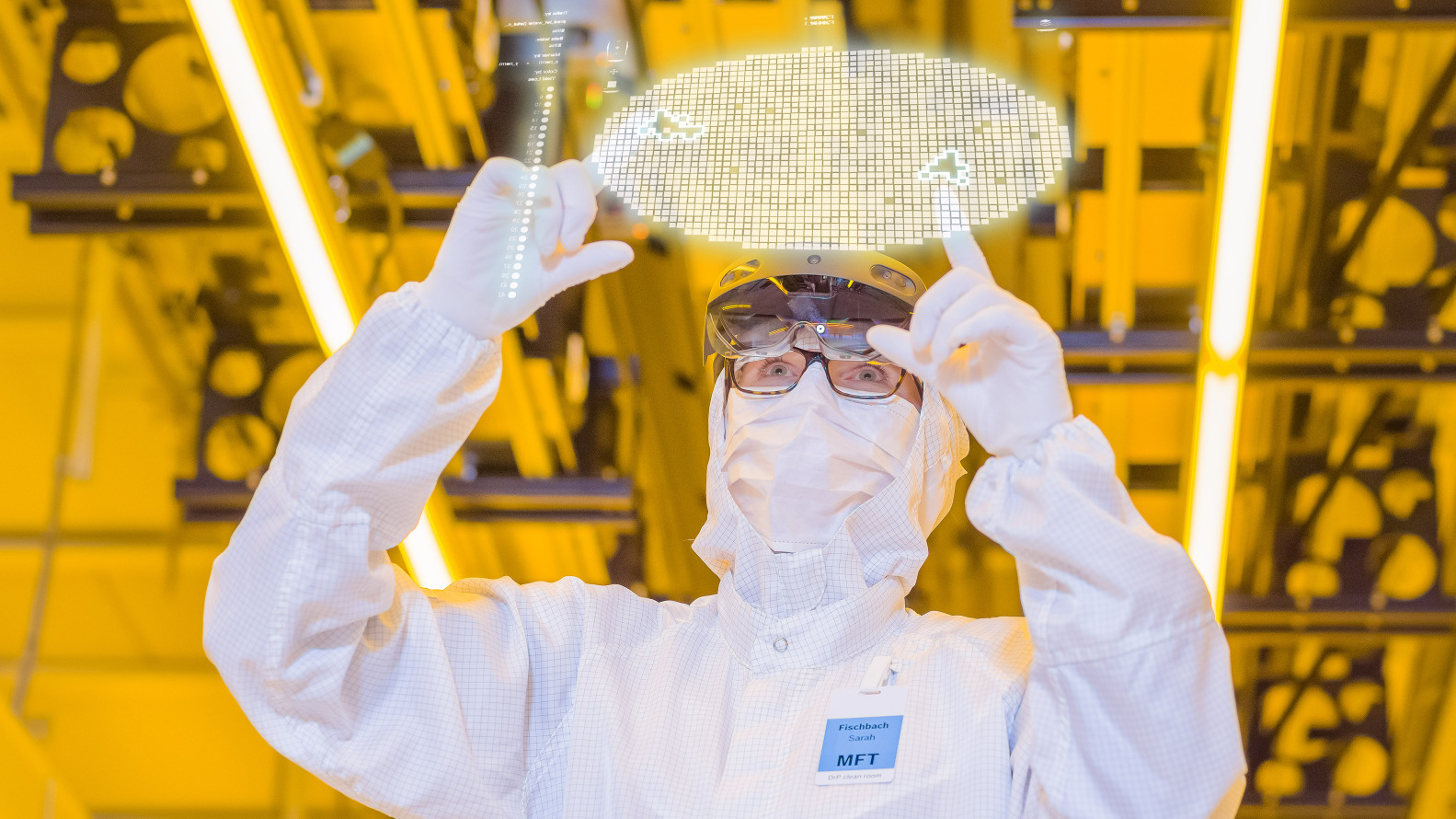
Bosch Semiconductor manufacturing in Dresden

Bosch semiconductor manufacturing in Dresden
Bosch semiconductor portfolio
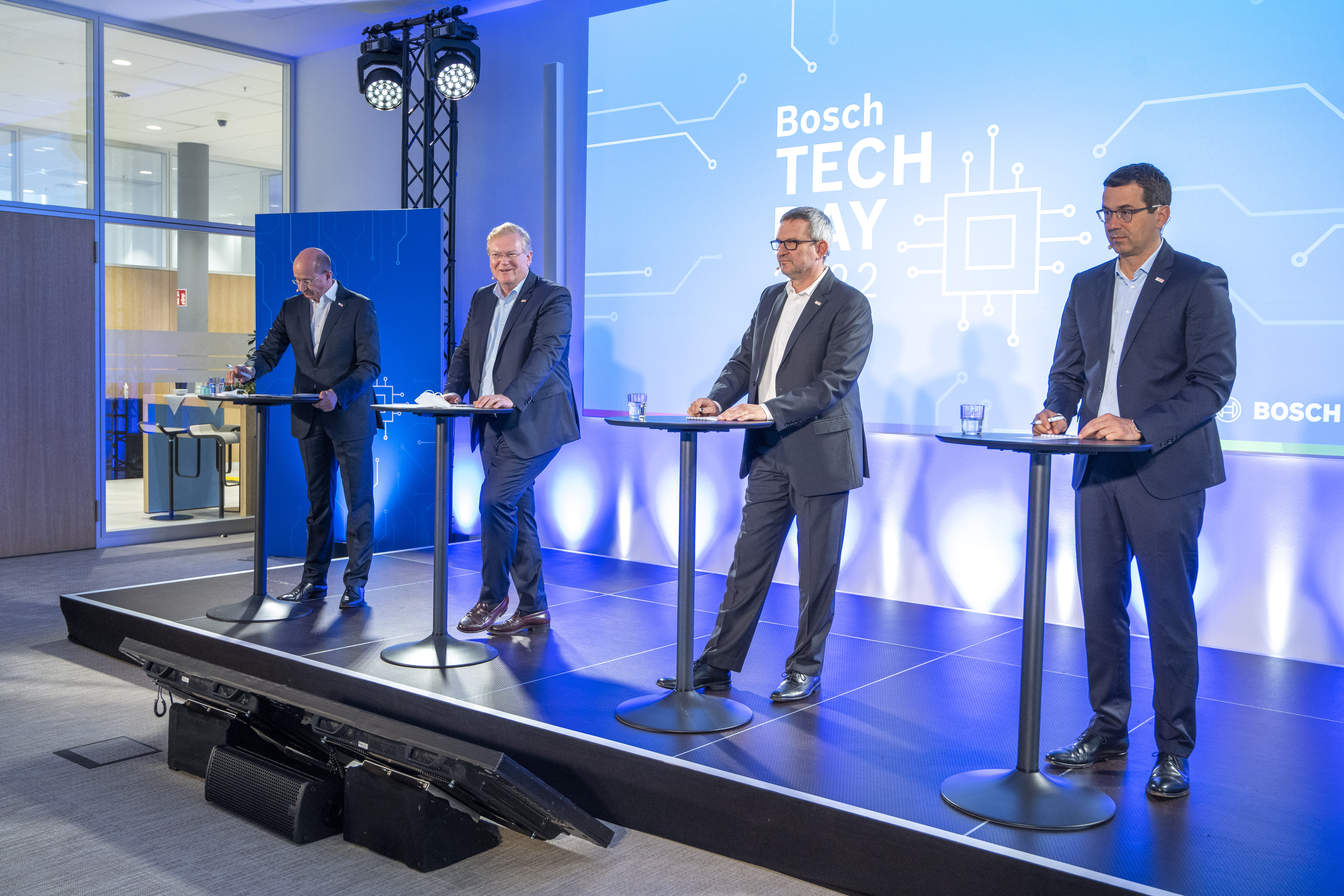
Bosch Tech Day 2022
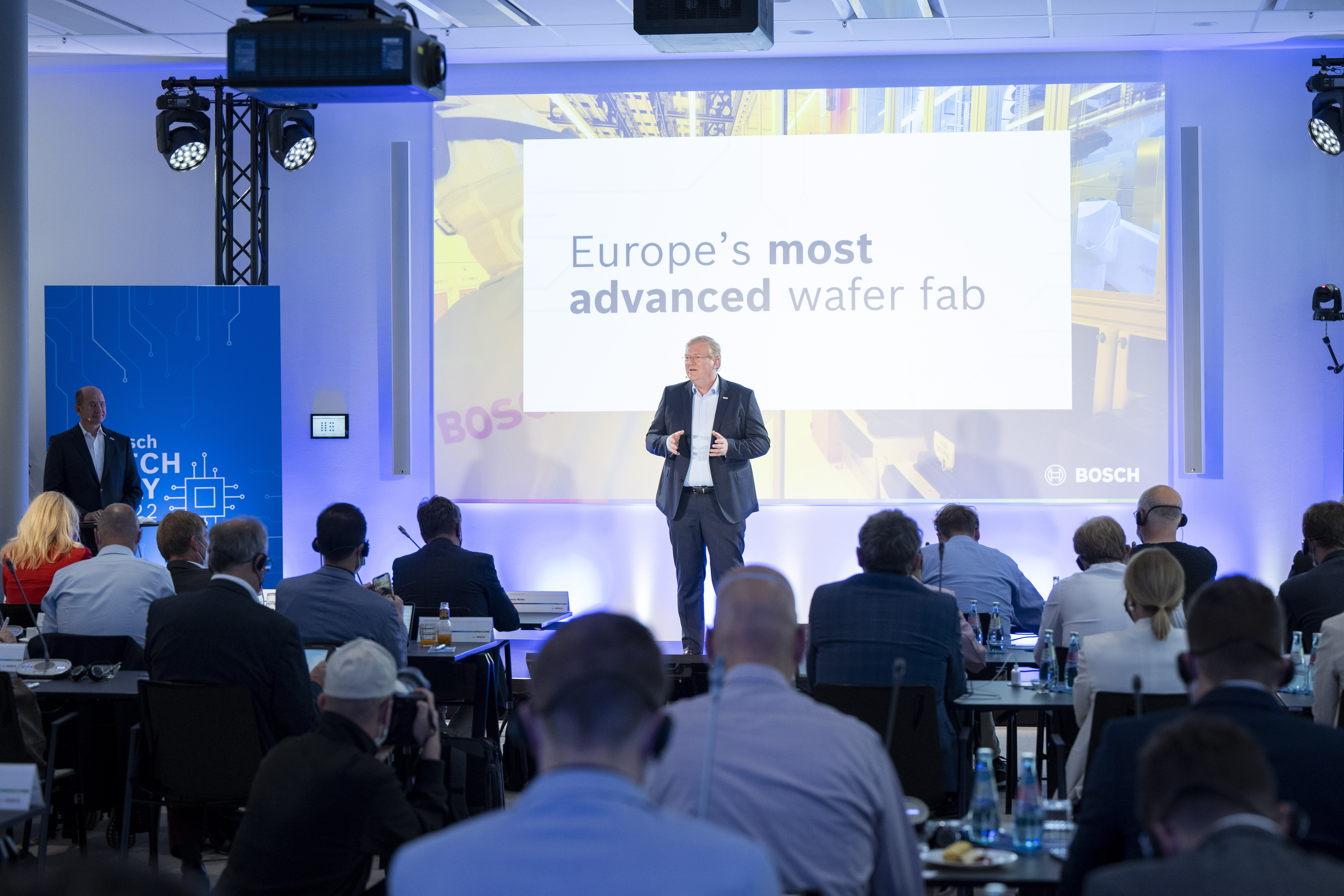
Stefan Hartung at Bosch Tech Day
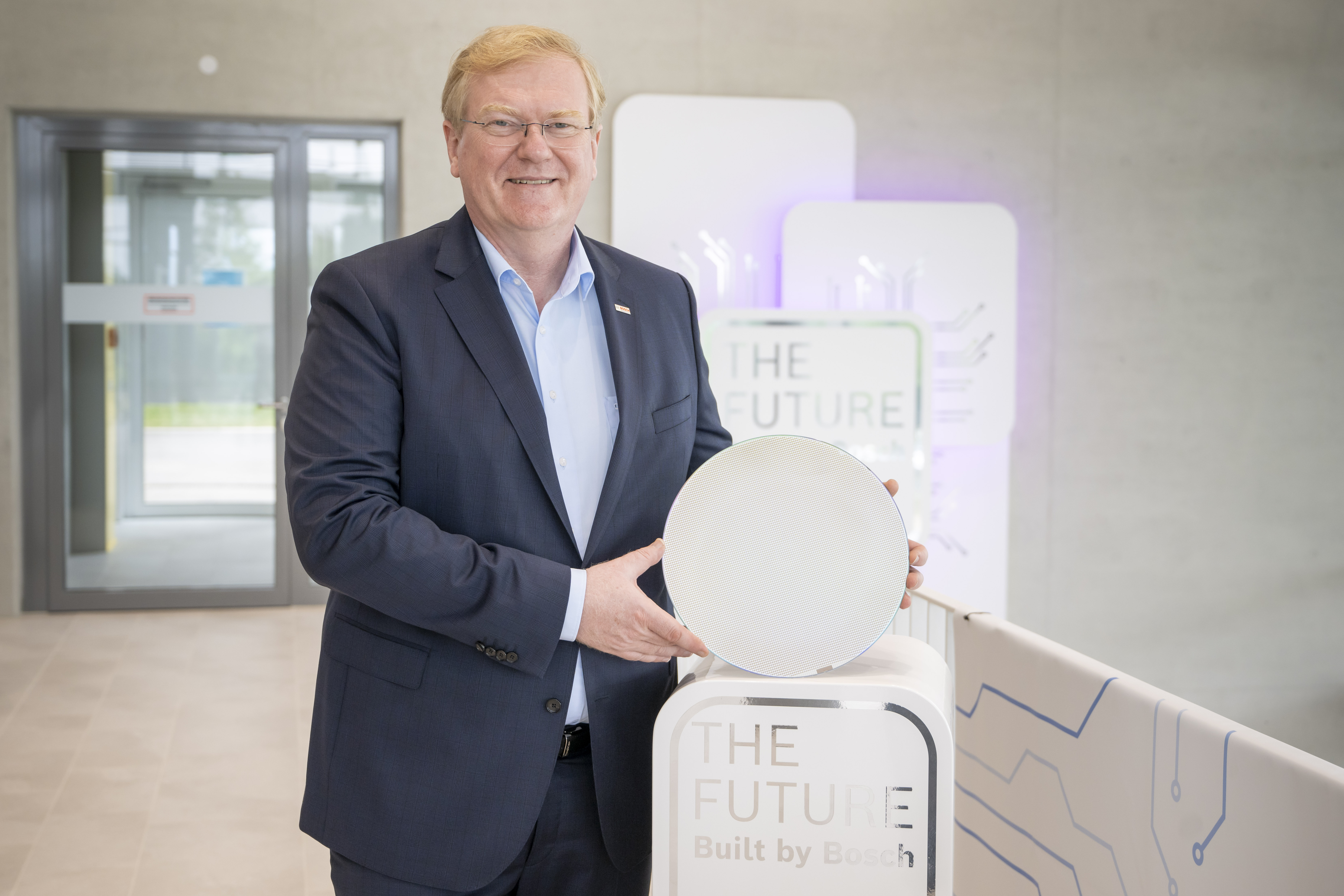
Dr. Stefan Hartung, Chairman of the board of management of Robert Bosch GmbH, at Bosch Tech Day in Dresden
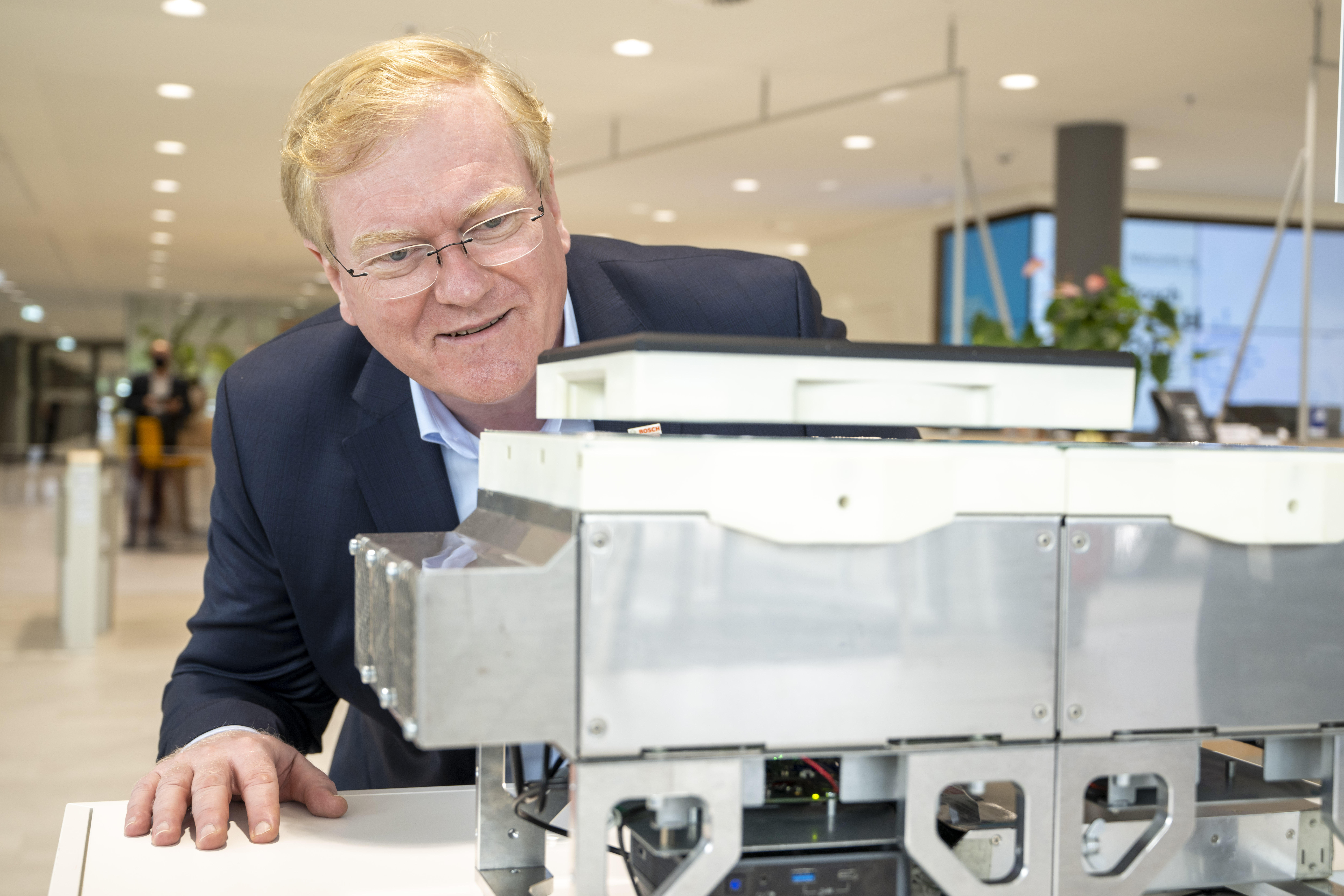
Dr. Stefan Hartung, Chairman of the board of management of Robert Bosch GmbH, at Bosch Tech Day in Dresden
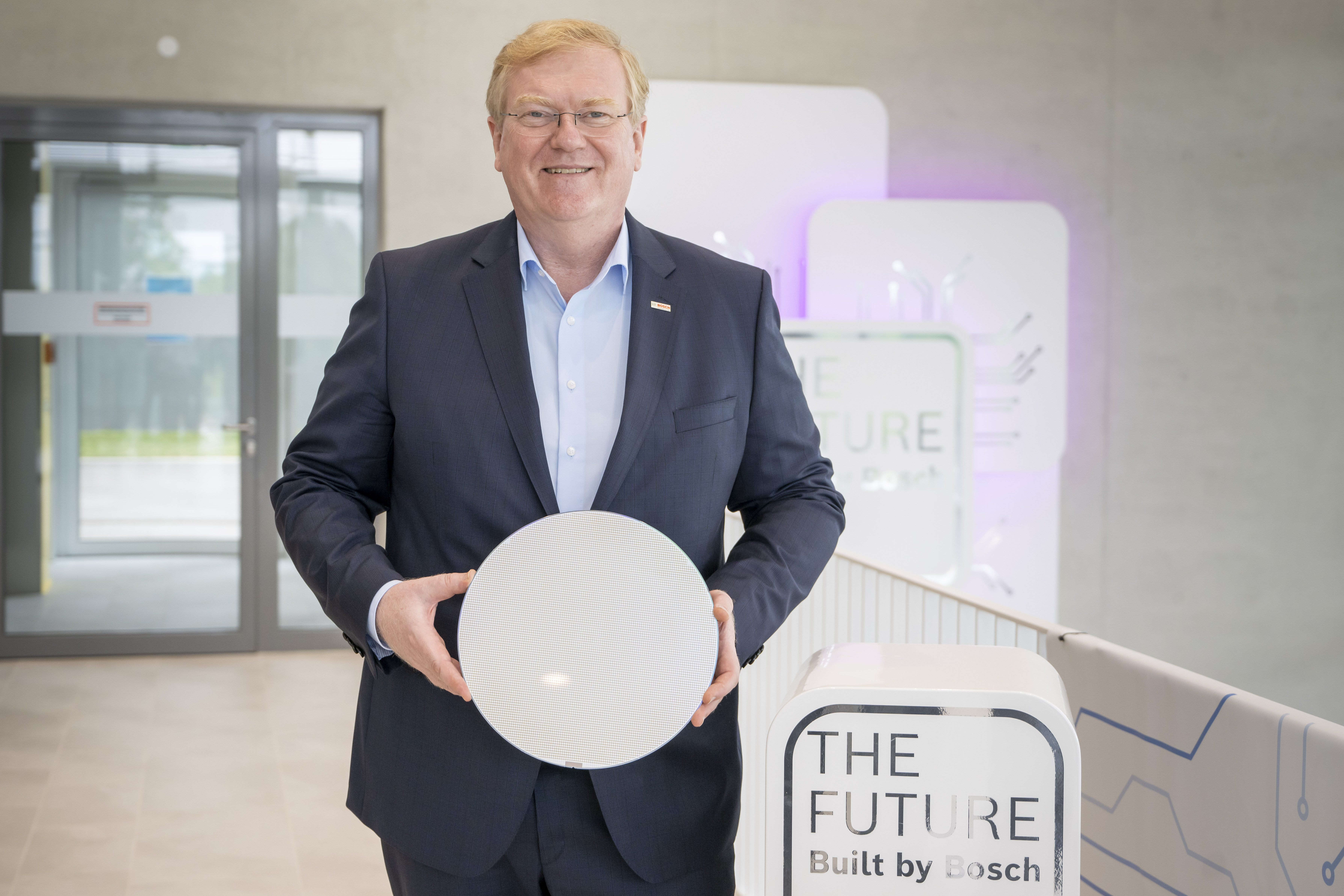
Dr. Stefan Hartung, Chairman of the board of management of Robert Bosch GmbH, at Bosch Tech Day in Dresden
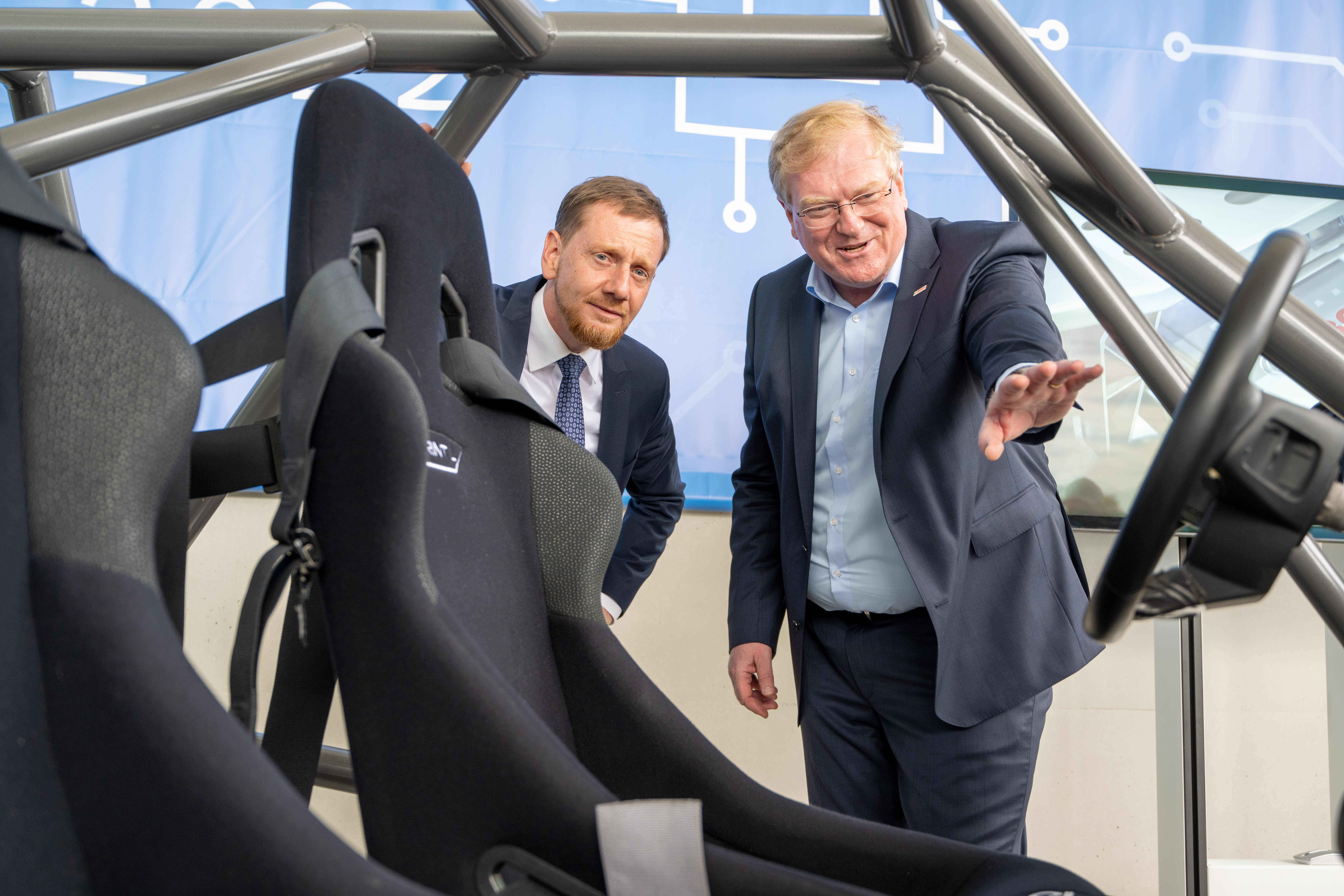
Bosch Tech Day 2022 in Dresden
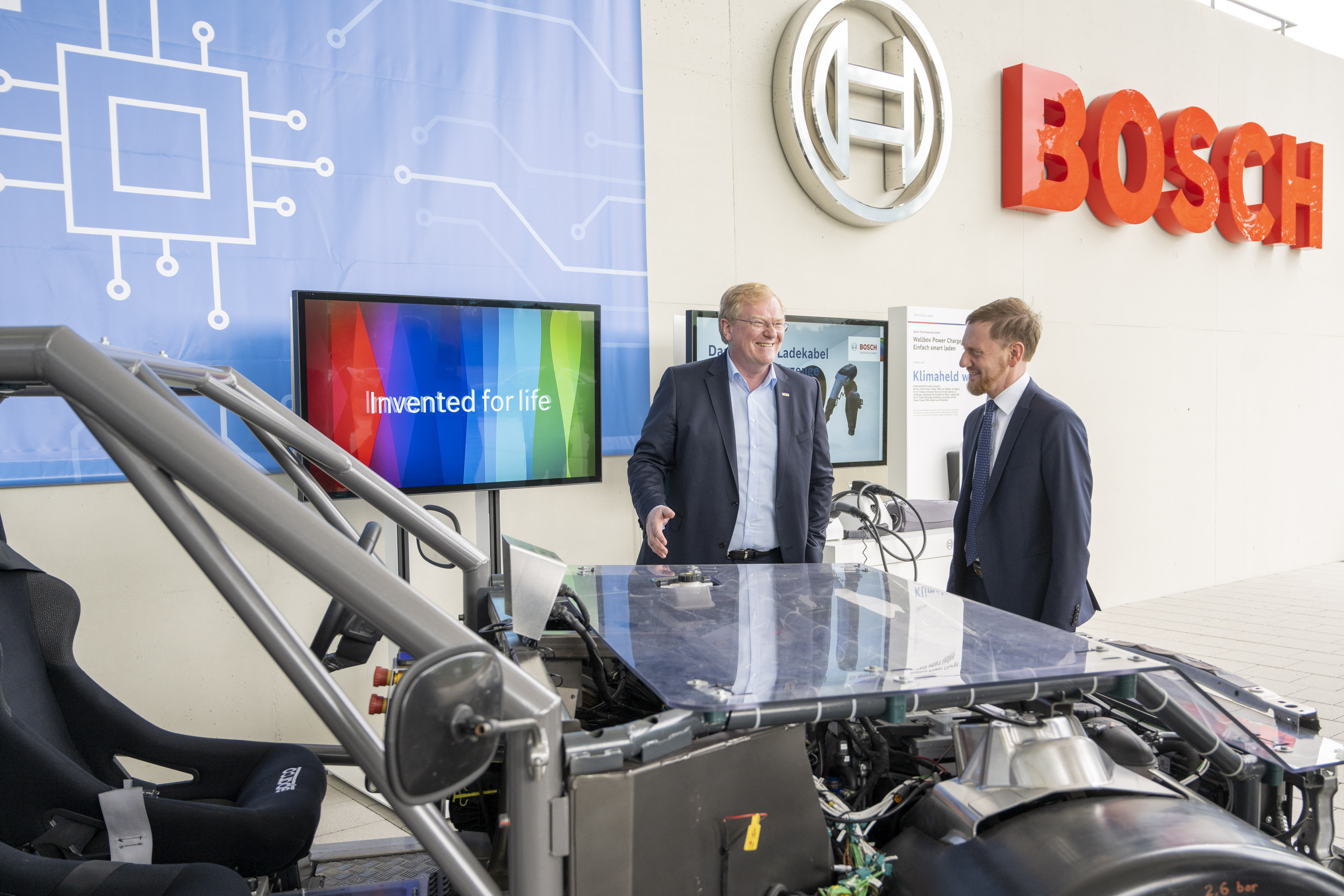
Bosch Tech Day 2022 in Dresden

Fitness Tracker

Bosch chip factory in Dresden

Cookit
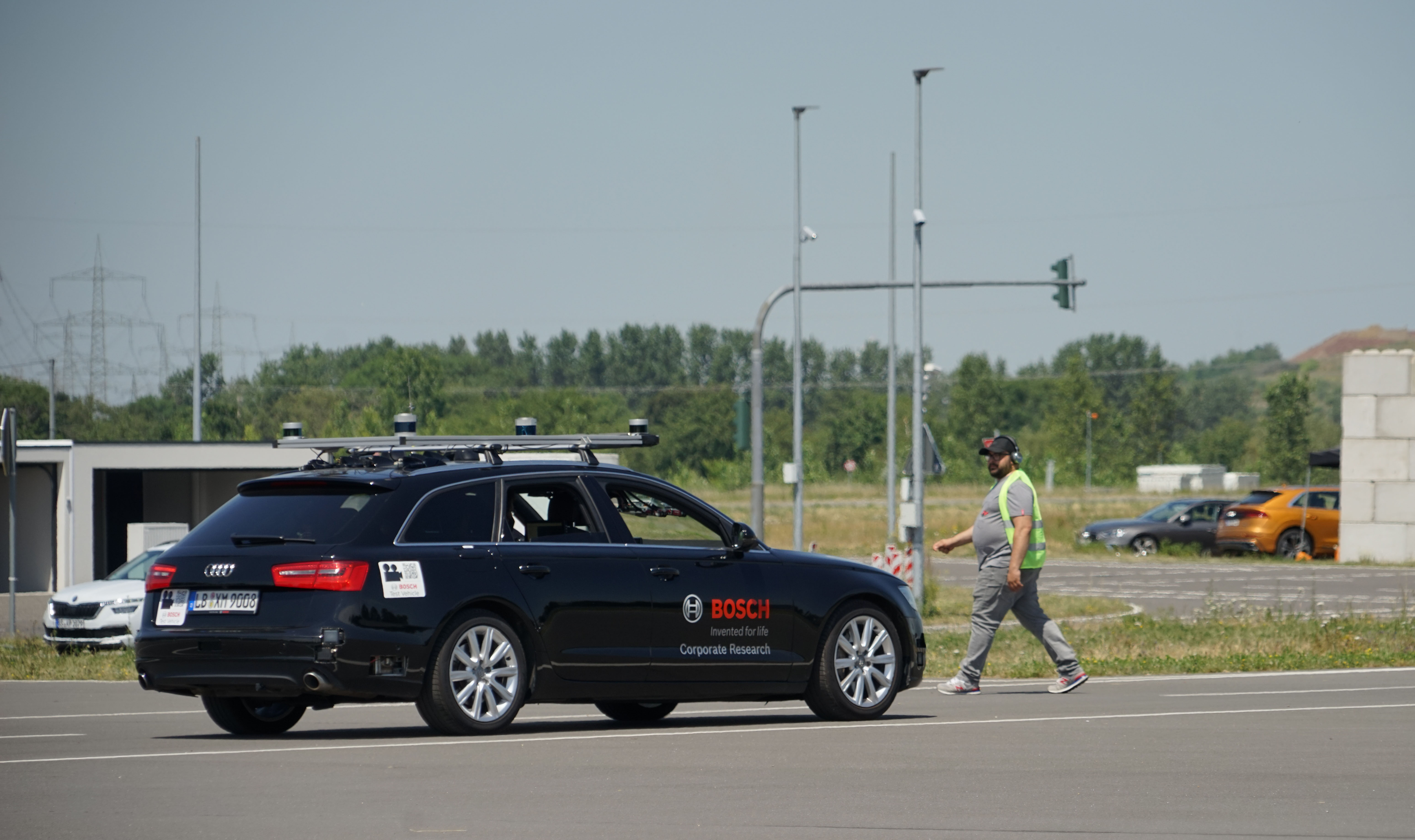
Automotive sensors
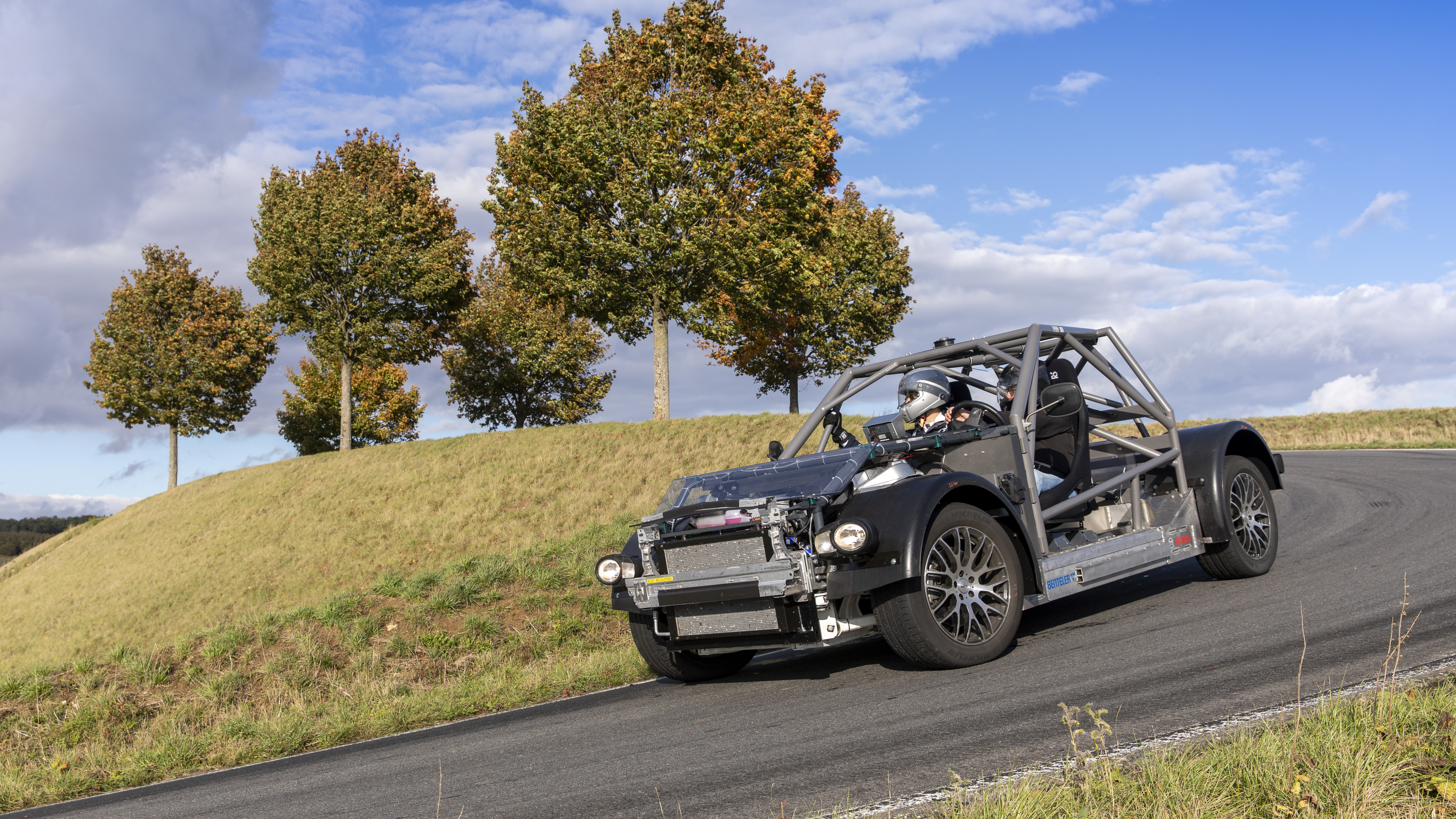
Rolling Chassis

Power Charge 7000i
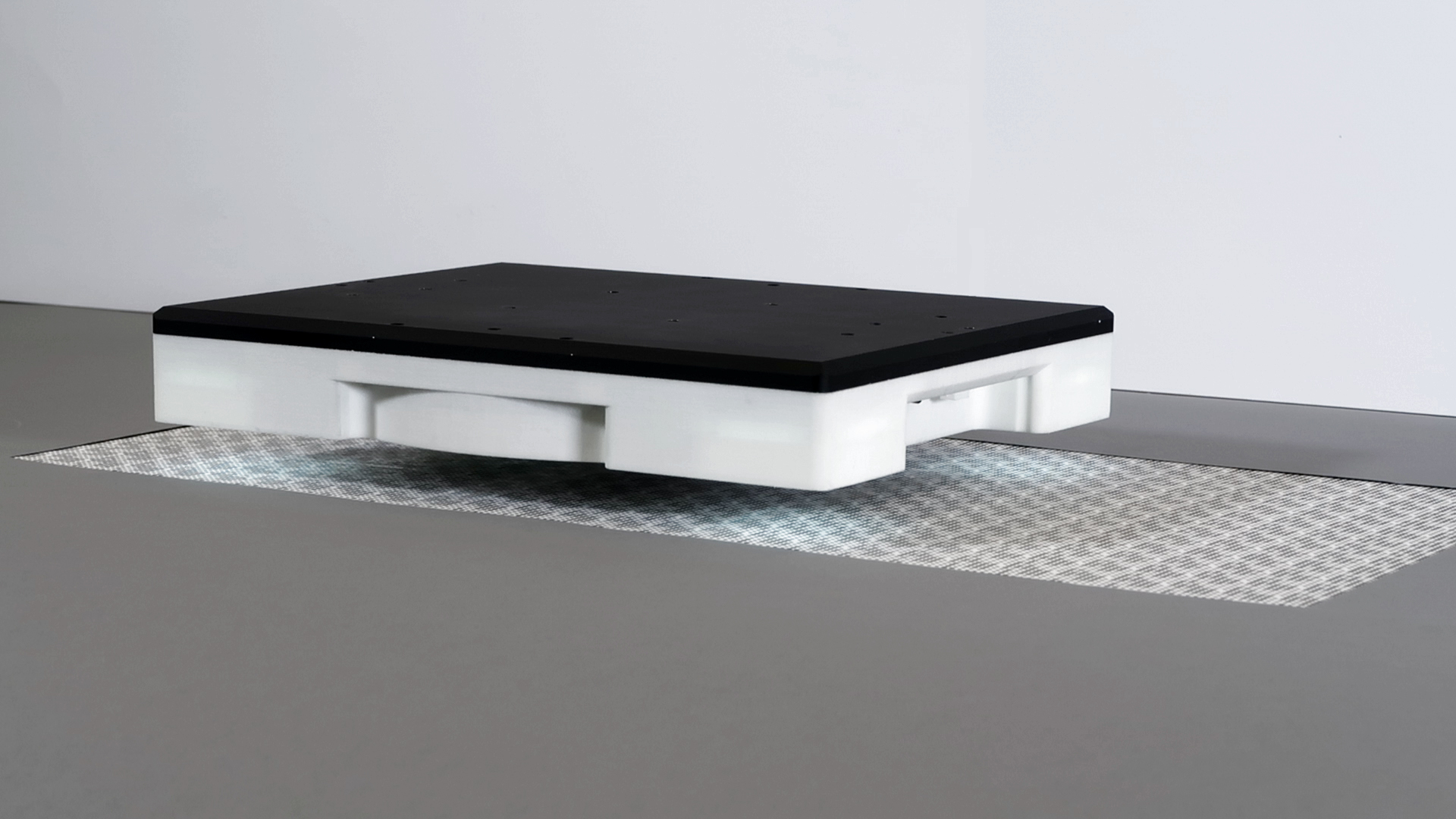
Planar-Robots
First wafers pass through fully automated fabrication process at Boschs new wafer fab in Dresden
In January 2021, Bosch began putting its first wafers through the fabrication process in Dresden. In the six weeks it takes to produce the wafers, they undergo some 250 individual fabrication steps – all of which are fully automated. In the process, minute structures with dimensions measuring fractions of a micrometer are deposited on the wafers. These microchip prototypes can now be installed and tested in electronic components for the first time.
First wafers pass through fully automated fabrication process at Boschs new wafer fab in Dresden
In January 2021, Bosch began putting its first wafers through the fabrication process in Dresden. In the six weeks it takes to produce the wafers, they undergo some 250 individual fabrication steps – all of which are fully automated. In the process, minute structures with dimensions measuring fractions of a micrometer are deposited on the wafers. These microchip prototypes can now be installed and tested in electronic components for the first time.

Bosch semiconductor manufacturing in Dresden
View into the clean room of the new Bosch semiconductor factory in Dresden.

Bosch semiconductor manufacturing in Dresden
View into the clean room of the new Bosch semiconductor factory in Dresden.

Bosch semiconductor manufacturing in Dresden
View into the clean room of the new Bosch semiconductor factory in Dresden.

Bosch semiconductor manufacturing in Dresden
View into the clean room of the new Bosch semiconductor factory in Dresden.

Bosch semiconductor manufacturing in Dresden
View into the clean room of the new Bosch semiconductor factory in Dresden.

Bosch semiconductor manufacturing in Dresden
An external view of the Bosch wafer fab in Dresden.

Bosch semiconductor manufacturing in Dresden
An external view of the Bosch wafer fab in Dresden.

Bosch semiconductor manufacturing in Dresden
An external view of the Bosch wafer fab in Dresden.

Bosch semiconductor manufacturing in Dresden
An external view of the Bosch wafer fab in Dresden.

Bosch semiconductor manufacturing in Dresden
Nighttime view of the Bosch wafer fab in Dresden from the freeway.

Bosch semiconductor manufacturing in Dresden
An external view of the Bosch wafer fab in Dresden.

Bosch semiconductor manufacturing in Dresden
An external view of the Bosch wafer fab in Dresden.

Bosch semiconductor manufacturing in Dresden
An external view of the Bosch wafer fab in Dresden.

Bosch semiconductor manufacturing in Dresden
Nighttime view of the Bosch wafer fab in Dresden from the freeway.

Bosch semiconductor manufacturing in Dresden
If all data of a building and the underlying building technology systems are brought into harmony, users, operators and the environment benefit in the end. This is made possible by a digital twin and new intelligent services based on them.

First wafers pass through fully automated fabrication process at Boschs new wafer fab in Dresden
In January 2021, Bosch began putting its first wafers through the fabrication process in Dresden. In the six weeks it takes to produce the wafers, they undergo some 250 individual fabrication steps – all of which are fully automated. In the process, minute structures with dimensions measuring fractions of a micrometer are deposited on the wafers. These microchip prototypes can now be installed and tested in electronic components for the first time.

Bosch Semiconductor manufacturing in Dresden
Wafer production is one of the forerunners of connected manufacturing. The Dresden plant is expected to generate production data equivalent to 500 text pages per second – written out on paper, that would be more than 42 million pages a day, weighing 22 metric tons. This is why artificial intelligence will play a special part in chip manufacturing in the factory: the highly automated production facilities analyze their own data in order to optimize their processes. As a result, the quality of the chips rises while production costs go down.

Bosch semiconductor manufacturing in Dresden
Wafer production is one of the forerunners of connected manufacturing. Humans only intercede in the production process for maintenance purposes. They readjust the robot arm when the signature analysis detects flaws. The AI algorithm determines when intervention is necessary; humans decide what needs adjusting.

Bosch semiconductor manufacturing in Dresden
A machine may even be maintained remotely using data glasses and augmented reality. For example, a specialist at an equipment manufacturer in Japan could perform maintenance work in Dresden without having to actually be there in person. The camera mounted on the data glasses transmits video images to Japan, allowing the expert there to guide the technician at Dresden through the maintenance task in real time.
First wafers pass through fully automated fabrication process at Boschs new wafer fab in Dresden
In January 2021, Bosch began putting its first wafers through the fabrication process in Dresden. In the six weeks it takes to produce the wafers, they undergo some 250 individual fabrication steps – all of which are fully automated. In the process, minute structures with dimensions measuring fractions of a micrometer are deposited on the wafers. These microchip prototypes can now be installed and tested in electronic components for the first time.
Bosch semiconductor manufacturing in Dresden
Work in the clean room at the new Bosch wafer fab in Dresden in September 2019.

Plant with “digital twin”
There are two Dresden wafer fabs – one in the real world, and one in the digital world. Experts call this a “digital twin.” During construction, all parts of the factory and all relevant construction data relating to the plant as a whole were recorded digitally and visualized in a three-dimensional model.

Bosch semiconductor manufacturing in Dresden
The technology in focus at Bosch’s new Dresden facility is 300-millimeter fabrication.
Bosch semiconductor portfolio
Bosch manufactures electronic components for vehicles and for consumer electronics. These include microelectromechanical systems (MEMS), application-specific integrated circuits (ASICs), and power semiconductors.
Bosch semiconductor portfolio
Bosch manufactures electronic components for vehicles and for consumer electronics. These include microelectromechanical systems (MEMS), application-specific integrated circuits (ASICs), and power semiconductors.

Bosch semiconductor manufacturing in Dresden
The cleanroom is illuminated with a special yellow light that contains no ultraviolet radiation. This prevents the photoresist-coated wafers from being inadvertently exposed.

Bosch semiconductor manufacturing in Dresden
The new wafer fab in Dresden is Bosch’s response to the surging number of areas of application for semiconductors, as well as a renewed demonstration of its commitment to Germany as a high-tech location. Bosch is investing around one billion euros in the high-tech manufacturing facility, which will be one of the most advanced wafer fabs in the world.

Bosch semiconductor manufacturing in Dresden
The new wafer fab in Dresden is Bosch’s response to the surging number of areas of application for semiconductors, as well as a renewed demonstration of its commitment to Germany as a high-tech location. Bosch is investing around one billion euros in the high-tech manufacturing facility, which will be one of the most advanced wafer fabs in the world.

Bosch semiconductor manufacturing in Dresden
The new wafer fab in Dresden is Bosch’s response to the surging number of areas of application for semiconductors, as well as a renewed demonstration of its commitment to Germany as a high-tech location. Bosch is investing around one billion euros in the high-tech manufacturing facility, which will be one of the most advanced wafer fabs in the world.

Bosch semiconductor manufacturing in Dresden
The wafers are transported from machine to machine by a completely automatic system featuring individual pods known as FOUPs (front opening unified pods). Each FOUP can transport up to 25 wafers. There is no longer any manual transportation at all.

Plant with “digital twin”
There are two Dresden wafer fabs – one in the real world, and one in the digital world. Experts call this a “digital twin.” During construction, all parts of the factory and all relevant construction data relating to the plant as a whole were recorded digitally and visualized in a three-dimensional model.

Plant with “digital twin”
There are two Dresden wafer fabs – one in the real world, and one in the digital world. Experts call this a “digital twin.” During construction, all parts of the factory and all relevant construction data relating to the plant as a whole were recorded digitally and visualized in a three-dimensional model.

Bosch chip factory of the future in Dresden
The Dresden wafer fab is Bosch’s first AIoT factory. AIoT stands for the combination of artificial intelligence (AI) and the internet of things (IoT). With this, Bosch is creating a sound basis for data-driven, continuous improvement in production, and setting new standards for Industry 4.0.

Bosch chip factory of the future in Dresden
The Dresden wafer fab is Bosch’s first AIoT factory. AIoT stands for the combination of artificial intelligence (AI) and the internet of things (IoT). With this, Bosch is creating a sound basis for data-driven, continuous improvement in production, and setting new standards for Industry 4.0.

Bosch chip factory of the future in Dresden
The Dresden wafer fab is Bosch’s first AIoT factory. AIoT stands for the combination of artificial intelligence (AI) and the internet of things (IoT). With this, Bosch is creating a sound basis for data-driven, continuous improvement in production, and setting new standards for Industry 4.0.

Bosch chip factory of the future in Dresden
The Dresden wafer fab is Bosch’s first AIoT factory. AIoT stands for the combination of artificial intelligence (AI) and the internet of things (IoT). With this, Bosch is creating a sound basis for data-driven, continuous improvement in production, and setting new standards for Industry 4.0.

Bosch chip factory of the future in Dresden
The Dresden wafer fab is Bosch’s first AIoT factory. AIoT stands for the combination of artificial intelligence (AI) and the internet of things (IoT). With this, Bosch is creating a sound basis for data-driven, continuous improvement in production, and setting new standards for Industry 4.0.

Bosch chip factory of the future in Dresden
The Dresden wafer fab is Bosch’s first AIoT factory. AIoT stands for the combination of artificial intelligence (AI) and the internet of things (IoT). With this, Bosch is creating a sound basis for data-driven, continuous improvement in production, and setting new standards for Industry 4.0.

MEMS sensors from Bosch
Bosch has been producing MEMS sensors in Reutlingen for more than 25 years. For 15 years, Bosch MEMS sensors have also been used in consumer electronics. 2006 saw the market launch of the first MEMS sensor for this sector. It enhanced the fun of games consoles.

MEMS sensors from Bosch
Bosch has been producing MEMS sensors in Reutlingen for more than 25 years. For 15 years, Bosch MEMS sensors have also been used in consumer electronics. 2006 saw the market launch of the first MEMS sensor for this sector. It enhanced the fun of games consoles.

Bosch semiconductor manufacturing in Dresden
The technology in focus at Bosch’s new Dresden facility is 300-millimeter fabrication.

Bosch chip factory of the future in Dresden
The Dresden wafer fab is Bosch’s first AIoT factory. AIoT stands for the combination of artificial intelligence (AI) and the internet of things (IoT). With this, Bosch is creating a sound basis for data-driven, continuous improvement in production, and setting new standards for Industry 4.0.

Bosch chip factory of the future in Dresden
The Dresden wafer fab is Bosch’s first AIoT factory. AIoT stands for the combination of artificial intelligence (AI) and the internet of things (IoT). With this, Bosch is creating a sound basis for data-driven, continuous improvement in production, and setting new standards for Industry 4.0.

Bosch chip factory of the future in Dresden
Manufacturing of automotive microchips will be a primary focus when the fully digital and highly connected semiconductor plant is up and running.

Bosch chip factory of the future in Dresden
The Dresden wafer fab is Bosch’s first AIoT factory. AIoT stands for the combination of artificial intelligence (AI) and the internet of things (IoT). With this, Bosch is creating a sound basis for data-driven, continuous improvement in production, and setting new standards for Industry 4.0.

Bosch Semiconductor manufacturing in Dresden
Wafer production is one of the forerunners of connected manufacturing. The Dresden plant is expected to generate production data equivalent to 500 text pages per second – written out on paper, that would be more than 42 million pages a day, weighing 22 metric tons. This is why artificial intelligence will play a special part in chip manufacturing in the factory: the highly automated production facilities analyze their own data in order to optimize their processes. As a result, the quality of the chips rises while production costs go down.

Bosch semiconductor manufacturing in Dresden
A machine may even be maintained remotely using data glasses and augmented reality. For example, a specialist at an equipment manufacturer in Japan could perform maintenance work in Dresden without having to actually be there in person. The camera mounted on the data glasses transmits video images to Japan, allowing the expert there to guide the technician at Dresden through the maintenance task in real time.

Bosch opens chip factory of the future in Dresden
In its Dresden plant, Bosch is making use of augmented reality (AR). Thanks to smart AR glasses and tablets, users will be able to see digital content superimposed on the real environment.

Bosch opens chip factory of the future in Dresden
In its Dresden plant, Bosch is making use of augmented reality (AR). Thanks to smart AR glasses and tablets, users will be able to see digital content superimposed on the real environment.

Bosch chip factory of the future in Dresden
The Dresden wafer fab is Bosch’s first AIoT factory. AIoT stands for the combination of artificial intelligence (AI) and the internet of things (IoT). With this, Bosch is creating a sound basis for data-driven, continuous improvement in production, and setting new standards for Industry 4.0.

Bosch chip factory of the future in Dresden
The Dresden wafer fab is Bosch’s first AIoT factory. AIoT stands for the combination of artificial intelligence (AI) and the internet of things (IoT). With this, Bosch is creating a sound basis for data-driven, continuous improvement in production, and setting new standards for Industry 4.0.

View into the clean room production at the Bosch semiconductor plant in Dresden.

View into the clean room production at the Bosch semiconductor plant in Dresden.

An application engineer checks heating cassettes for high-temperature furnaces at the Bosch semiconductor plant in Dresden, Germany.

Bosch semiconductor manufacturing in Dresden
Bosch wafer fab in Dresden: To cement its leading market position in micromechanics, Bosch also plans to manufacture its MEMS sensors on 300-millimeter wafers. Production is scheduled to start in 2026.

Bosch semiconductor manufacturing in Dresden
In its Dresden plant, Bosch is making use of augmented reality (AR). Thanks to smart AR glasses and tablets, users will be able to see digital content superimposed on the real environment.

Bosch semiconductor manufacturing in Dresden
Wafer production is one of the forerunners of connected manufacturing. Humans only intercede in the production process for maintenance purposes. They readjust the robot arm when the signature analysis detects flaws. The AI algorithm determines when intervention is necessary; humans decide what needs adjusting.

Bosch Semiconductor manufacturing in Dresden
Bosch wafer fab in Dresden: Bosch is the automotive industry’s leading company for the development and manufacture of semiconductors that are used in automotive applications as well as the consumer goods industry. It has been producing these chips in Reutlingen for 50 years on 150- and 200-mm wafers, and in Dresden since 2021 on 300-mm wafers.

Bosch semiconductor manufacturing in Dresden
Manufacturing of automotive microchips will be a primary focus when the fully digital and highly connected semiconductor plant is up and running.
Bosch semiconductor portfolio
Bosch manufactures electronic components for vehicles and for consumer electronics. These include microelectromechanical systems (MEMS), application-specific integrated circuits (ASICs), and power semiconductors.

Bosch Tech Day 2022
Bosch Tech Day 2022 – from left: Prof. Dr. Christof Ehrhart, Head of Corporate Department Communications and Governmental Affairs, Dr. Stefan Hartung, Chairman of the board of management of Robert Bosch GmbH, Dr. Patrick Leinenbach, Senior Vice President with responsibility for Manufacturing Semiconductor Supply Chain Operations, Dr. Christian Koitzsch, Managing Director and Plant Manager, Dresden wafer fab.

Stefan Hartung at Bosch Tech Day
Bosch CEO Stefan Hartung at Bosch Tech Day 2022 in Dresden: "Microelectronics is the future."

Dr. Stefan Hartung, Chairman of the board of management of Robert Bosch GmbH, at Bosch Tech Day in Dresden
Bosch intends to invest a further 3 billion euros in its semiconductor business between now and 2026. Its 300-millimeter manufacturing operations in Dresden are to be significantly extended.

Dr. Stefan Hartung, Chairman of the board of management of Robert Bosch GmbH, at Bosch Tech Day in Dresden
Bosch is making Industry 4.0 hover, thanks to its specially designed planar robots. Based on a new magnetic levitation technology developed by Bosch researchers, the robots are far more versatile and adaptable than conveyor belts, allowing the flexible and contactless transportation, positioning, and handling of objects.

Dr. Stefan Hartung, Chairman of the board of management of Robert Bosch GmbH, at Bosch Tech Day in Dresden
Bosch intends to invest a further 3 billion euros in its semiconductor business between now and 2026. Its 300-millimeter manufacturing operations in Dresden are to be significantly extended.

Bosch Tech Day 2022 in Dresden
Saxony's Minister President Michael Kretschmer visits Bosch Tech Day 2022 in Dresden and talks with Bosch CEO Stefan Hartung.

Bosch Tech Day 2022 in Dresden
Saxony's Minister President Michael Kretschmer visits Bosch Tech Day 2022 in Dresden and talks with Bosch CEO Stefan Hartung.

Fitness Tracker
Squats, sit-ups, kettlebell workouts: The programmable Bosch motion sensor detects and counts different types of movements and can independently learn any new recurring fitness activity within seconds.

Bosch chip factory in Dresden
The wafer fab in Dresden, which opened in 2021, represents the biggest single investment in Bosch’s history to date. Since that time, the company has been manufacturing chips on 300-millimeter wafers.

Cookit
Cookit offers a whole new dimension of flexibility in the kitchen. Whether guided cooking, automatic programs, or manual cooking, the multifunctional food processor with cooking function has the right level of support for everyone.

Automotive sensors
In assisted and automated driving, the vehicle must know what is going on around it at all times. Reliable surround sensing is essential for this.

Rolling Chassis
With its pre integrated systems solutions, Bosch helps startups as well as traditional automakers bring electric vehicles to the market faster than before.

Power Charge 7000i
For charging electric cars at home, Bosch also offers wallboxes.

Planar-Robots
Planar robots are much more versatile and adaptable than a conveyor belt and enable the flexible and contactless transport, positioning, and maneuvering of components or objects of any kind.
TV footage Bosch wafer fab in Dresden, Germany
TV footage Bosch wafer fab in Dresden, Germany
TV footage Bosch wafer fab in Dresden, Germany, drone recordings
TV footage semiconductors produced in the Bosch wafer fab in Dresden, Germany
TV footage Bosch wafer fab in Dresden, Germany
TV footage construction work of the Bosch wafer fab in Dresden, Germany
The Bosch Group is a leading global supplier of technology and services. It employs roughly 418,000 associates worldwide (as of December 31, 2024). The company generated sales of 90.3 billion euros in 2024. Its operations are divided into four business sectors: Mobility, Industrial Technology, Consumer Goods, and Energy and Building Technology. With its business activities, the company aims to use technology to help shape universal trends such as automation, electrification, digitalization, connectivity, and an orientation to sustainability. In this context, Bosch’s broad diversification across regions and industries strengthens its innovativeness and robustness. Bosch uses its proven expertise in sensor technology, software, and services to offer customers cross-domain solutions from a single source. It also applies its expertise in connectivity and artificial intelligence in order to develop and manufacture user-friendly, sustainable products. With technology that is “Invented for life,” Bosch wants to help improve quality of life and conserve natural resources. The Bosch Group comprises Robert Bosch GmbH and its roughly 490 subsidiary and regional companies in over 60 countries. Including sales and service partners, Bosch’s global manufacturing, engineering, and sales network covers nearly every country in the world. Bosch’s innovative strength is key to the company’s further development. At 136 locations across the globe, Bosch employs some 87,000 associates in research and development.
The company was set up in Stuttgart in 1886 by Robert Bosch (1861–1942) as “Workshop for Precision Mechanics and Electrical Engineering.” The special ownership structure of Robert Bosch GmbH guarantees the entrepreneurial freedom of the Bosch Group, making it possible for the company to plan over the long term and to undertake significant upfront investments in the safeguarding of its future. Ninety-four percent of the share capital of Robert Bosch GmbH is held by Robert Bosch Stiftung GmbH, a limited liability company with a charitable purpose. The remaining shares are held by Robert Bosch GmbH and by a company owned by the Bosch family. The majority of voting rights are held by Robert Bosch Industrietreuhand KG. It is entrusted with the task of safeguarding the company’s long-term existence and in particular its financial independence – in line with the mission handed down in the will of the company’s founder, Robert Bosch.
Additional information is available online at www.bosch.com, www.bosch-press.com.

